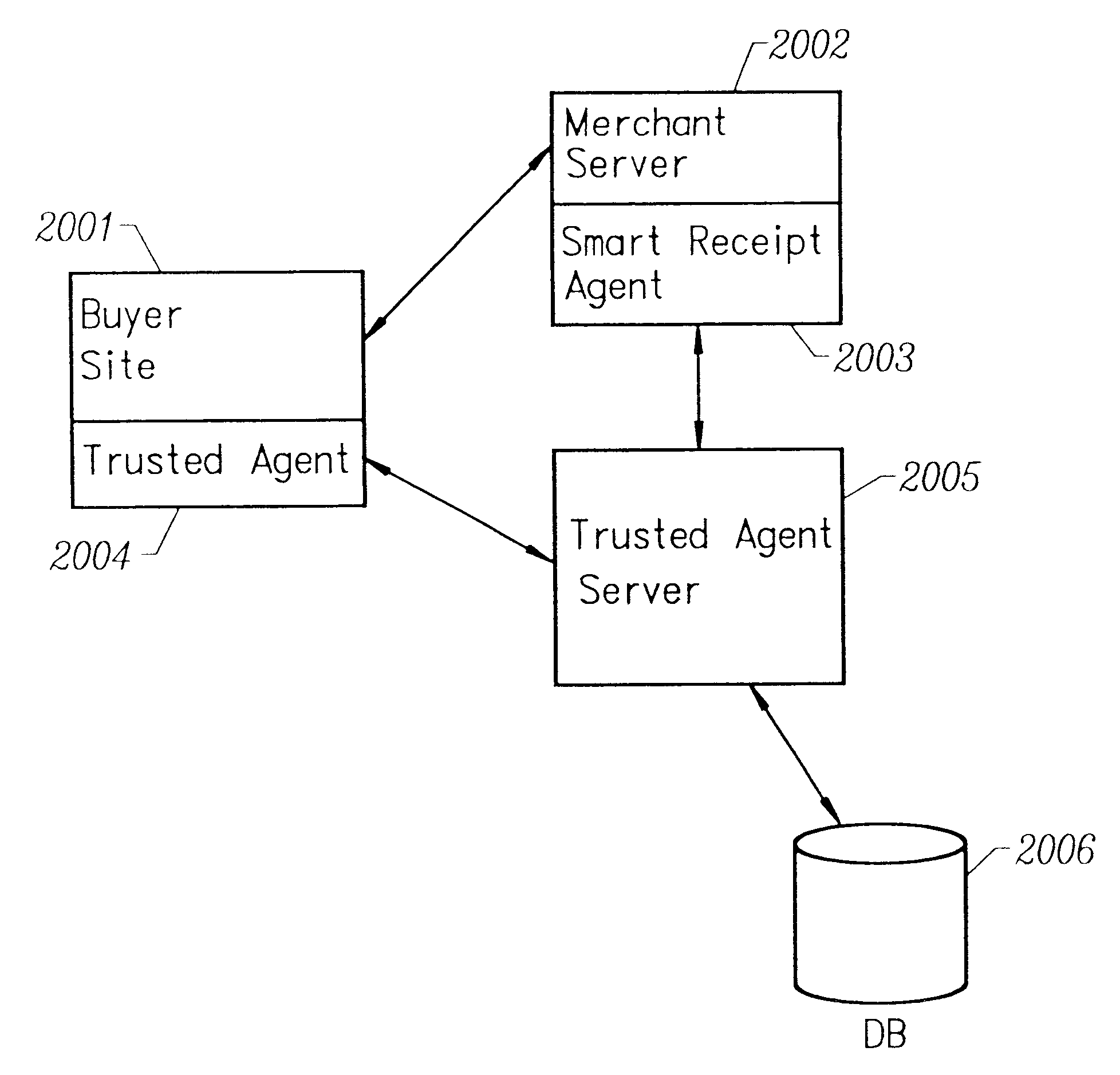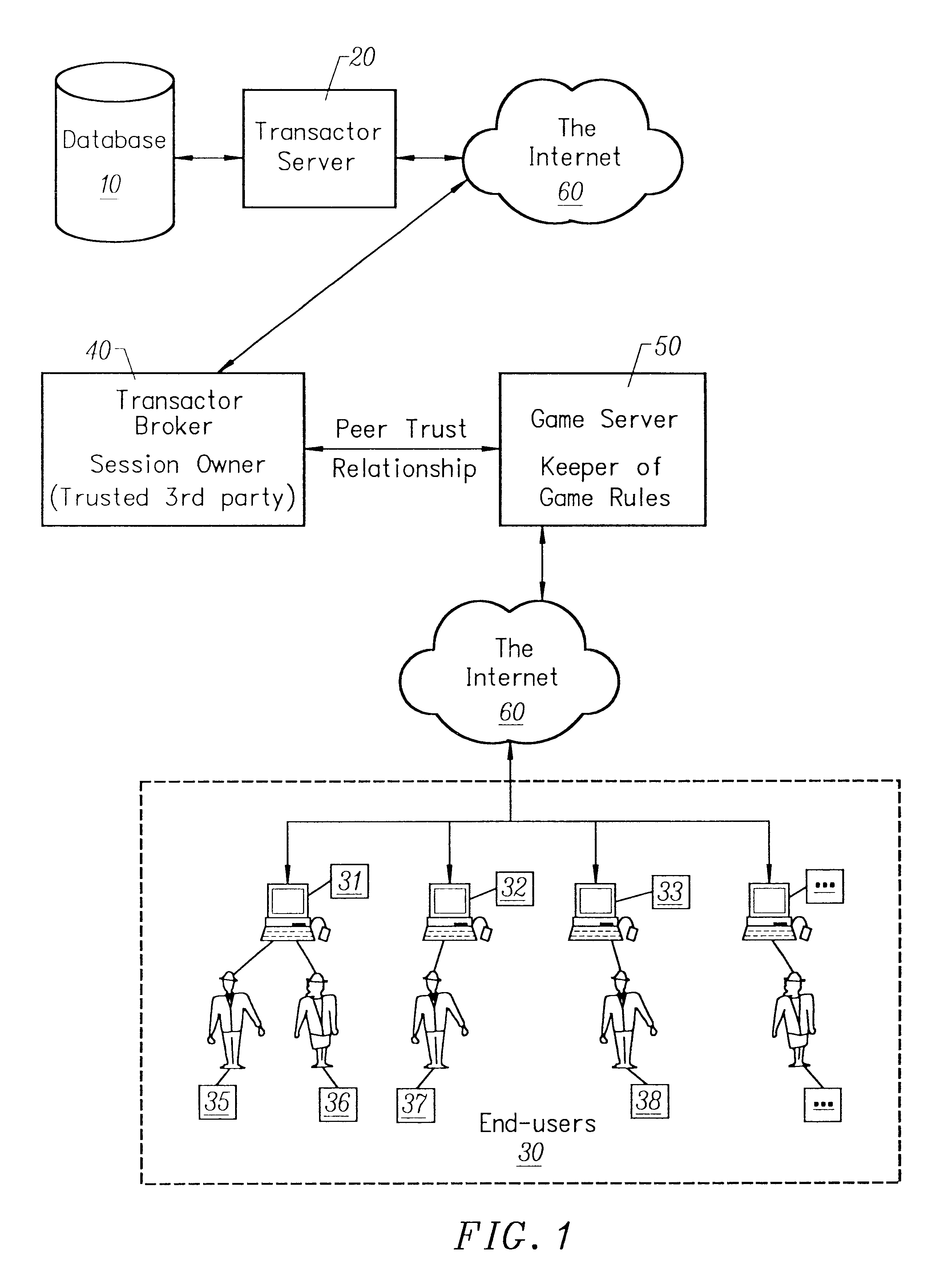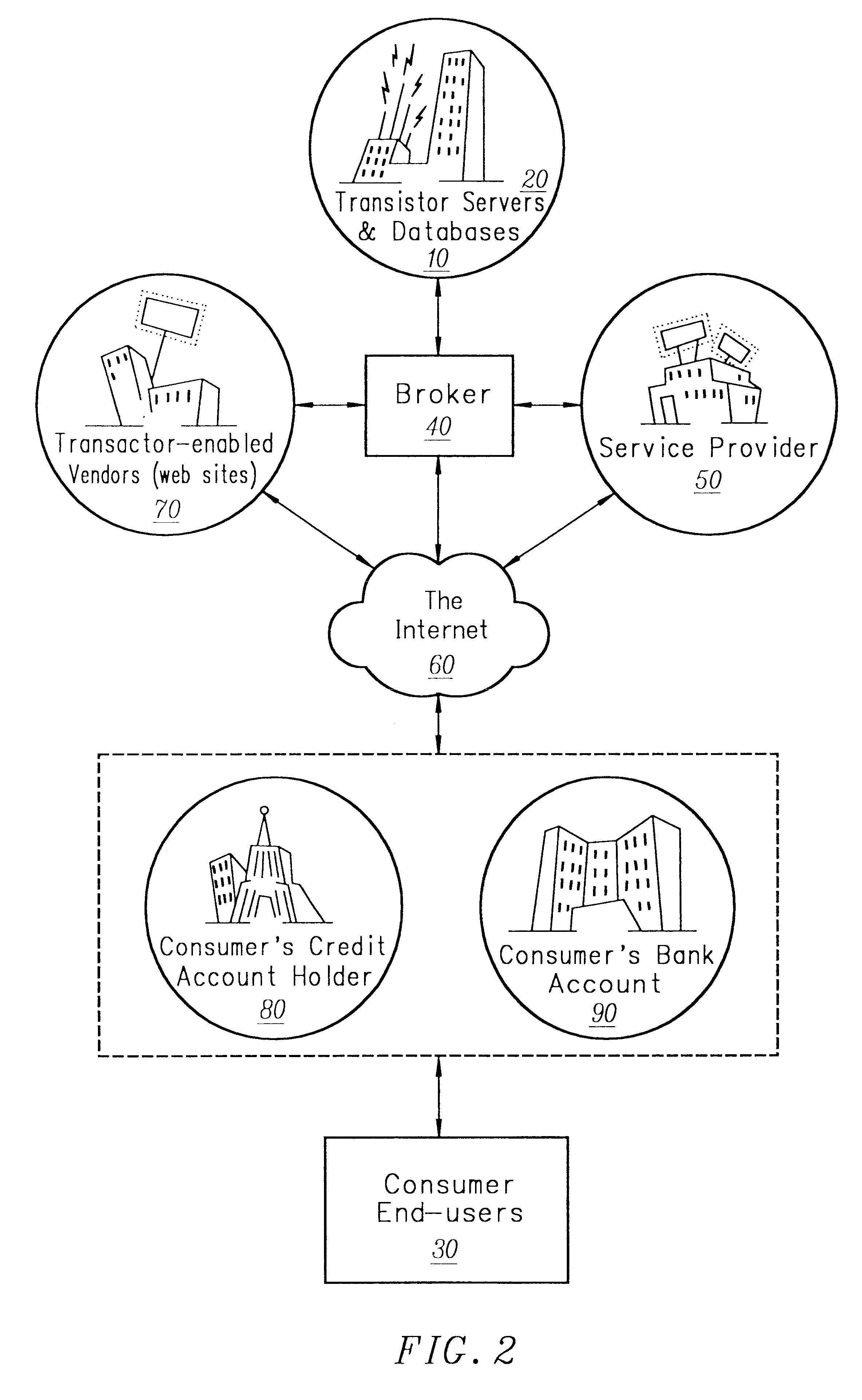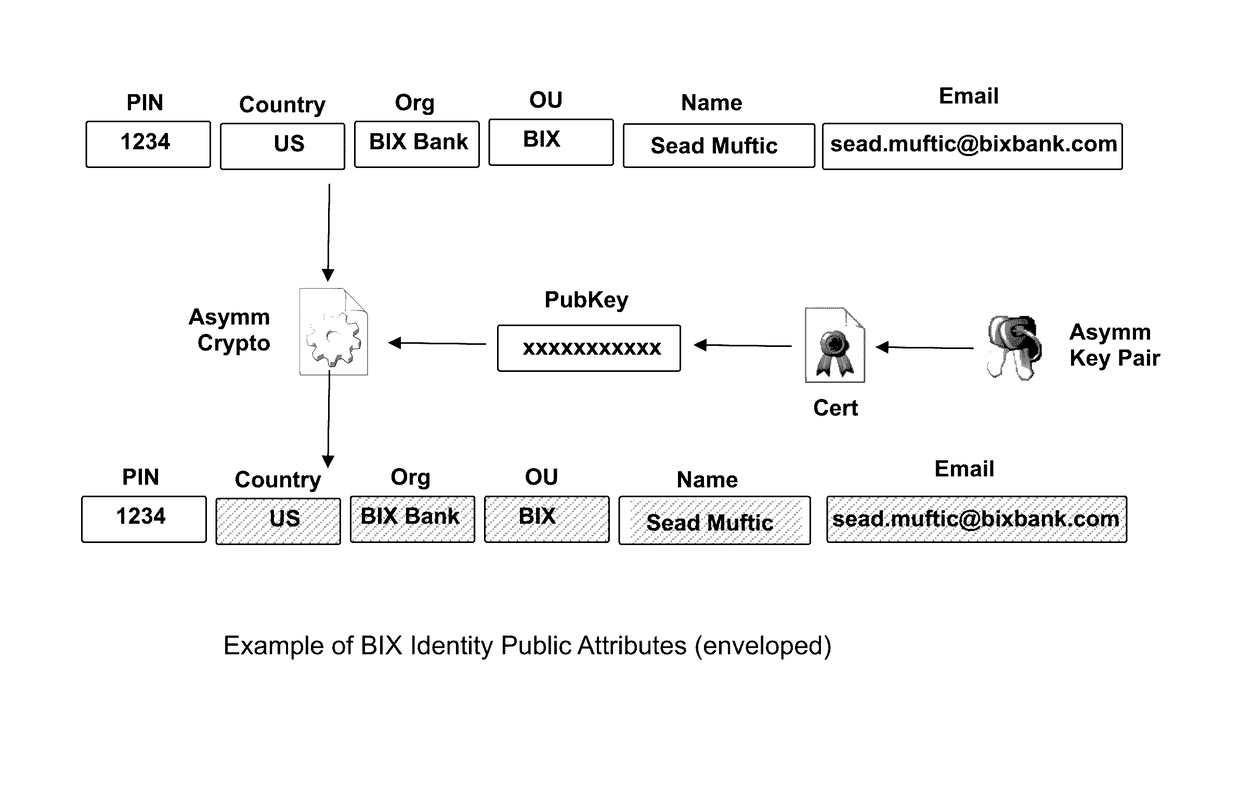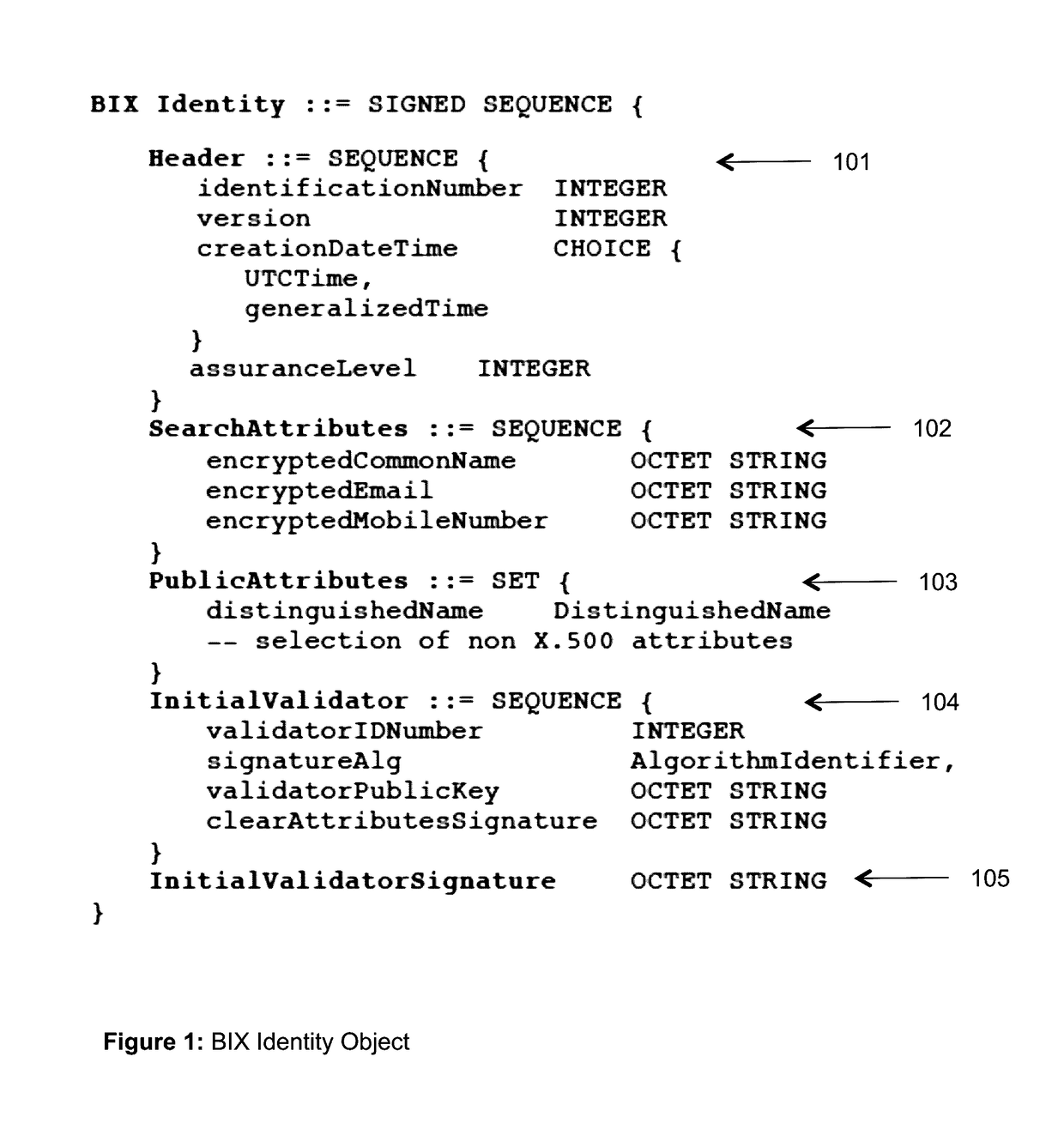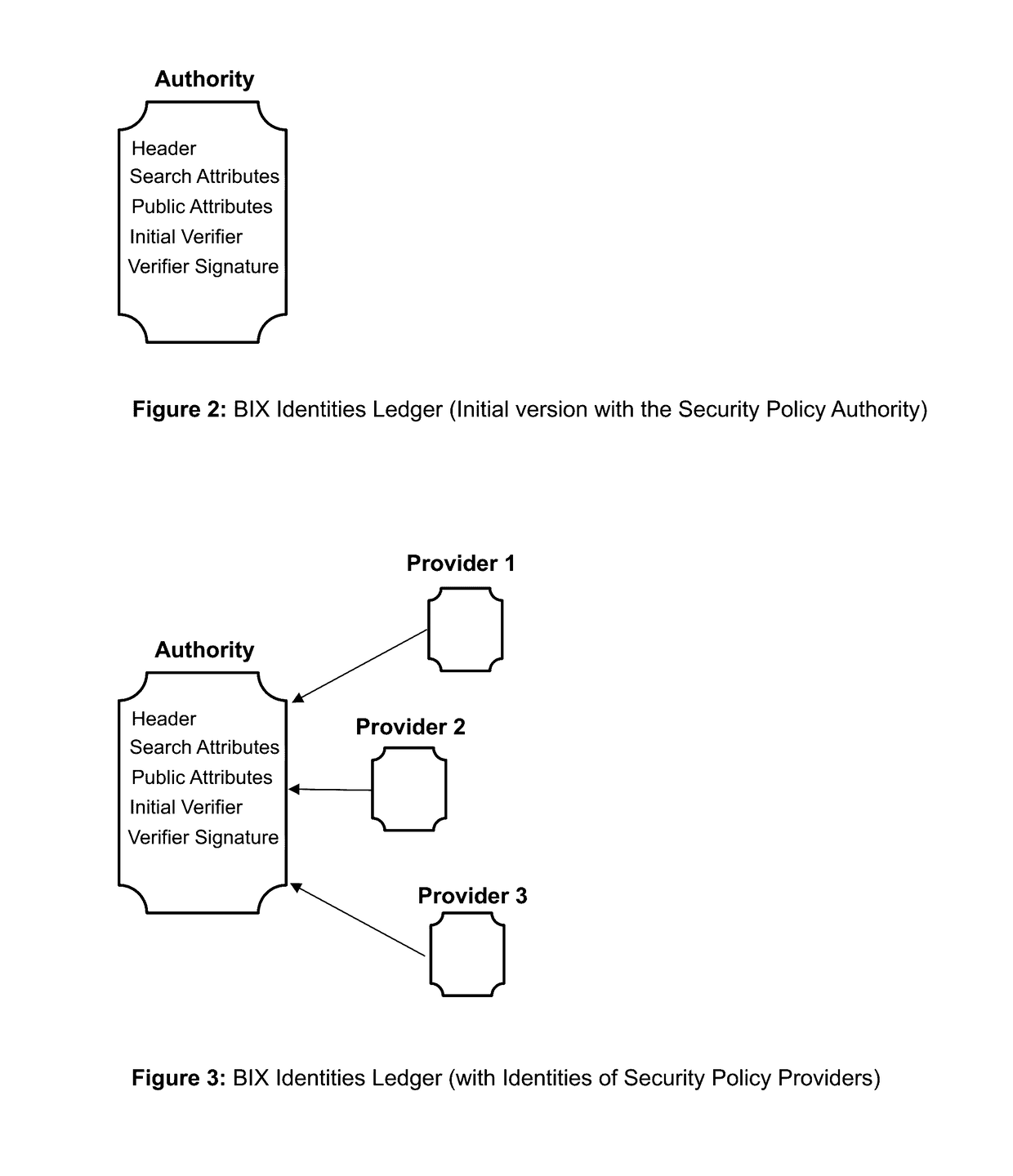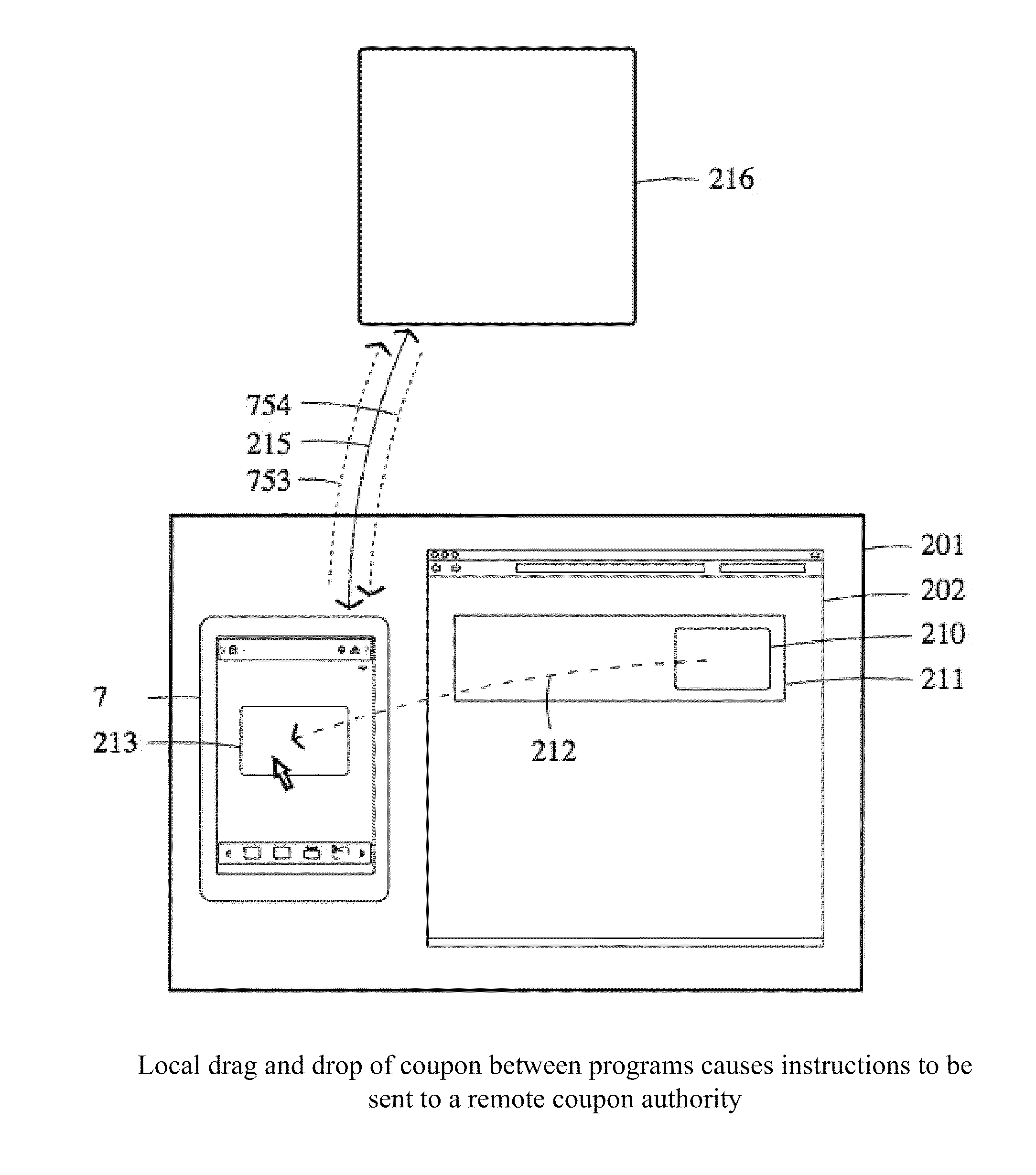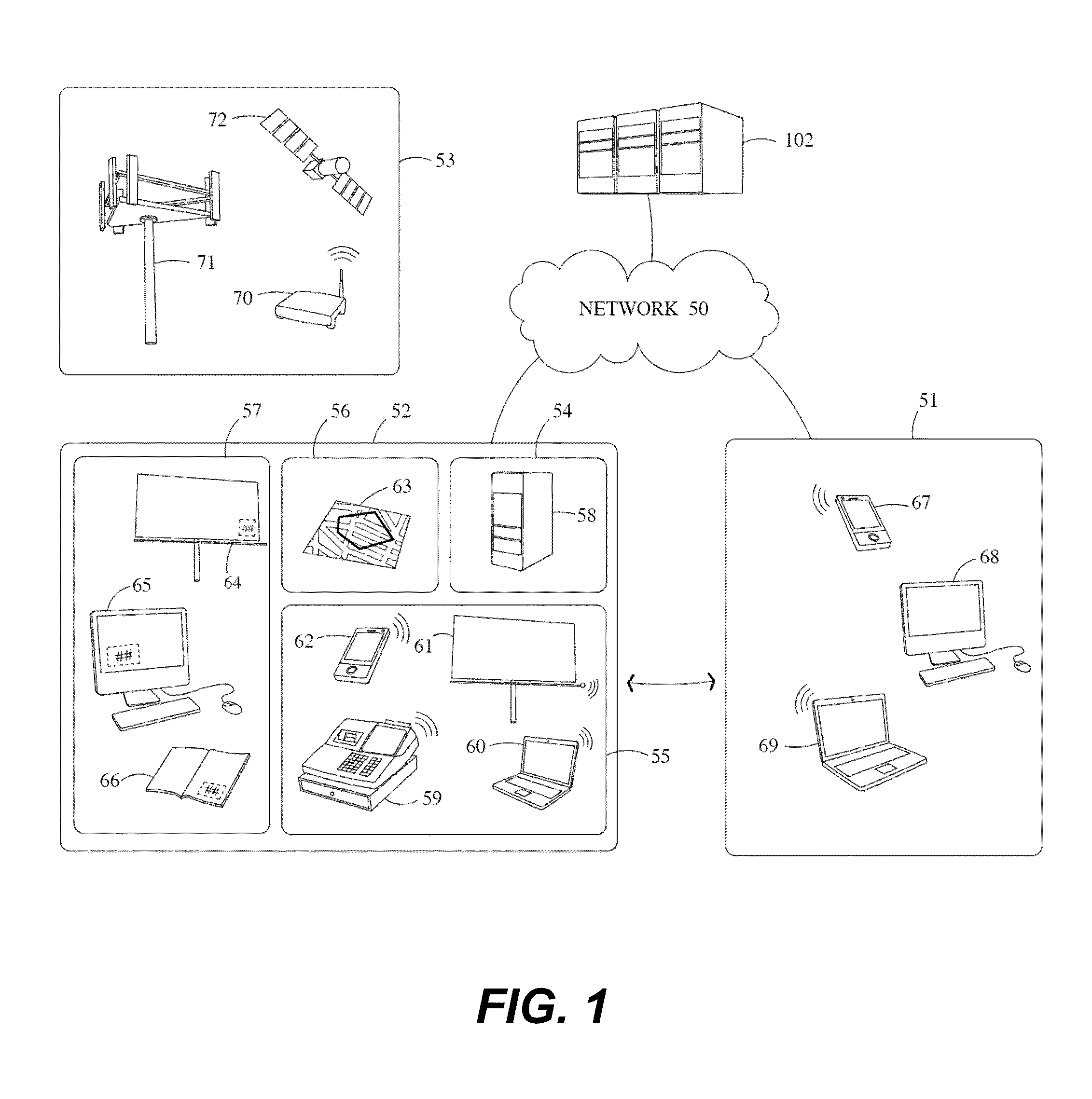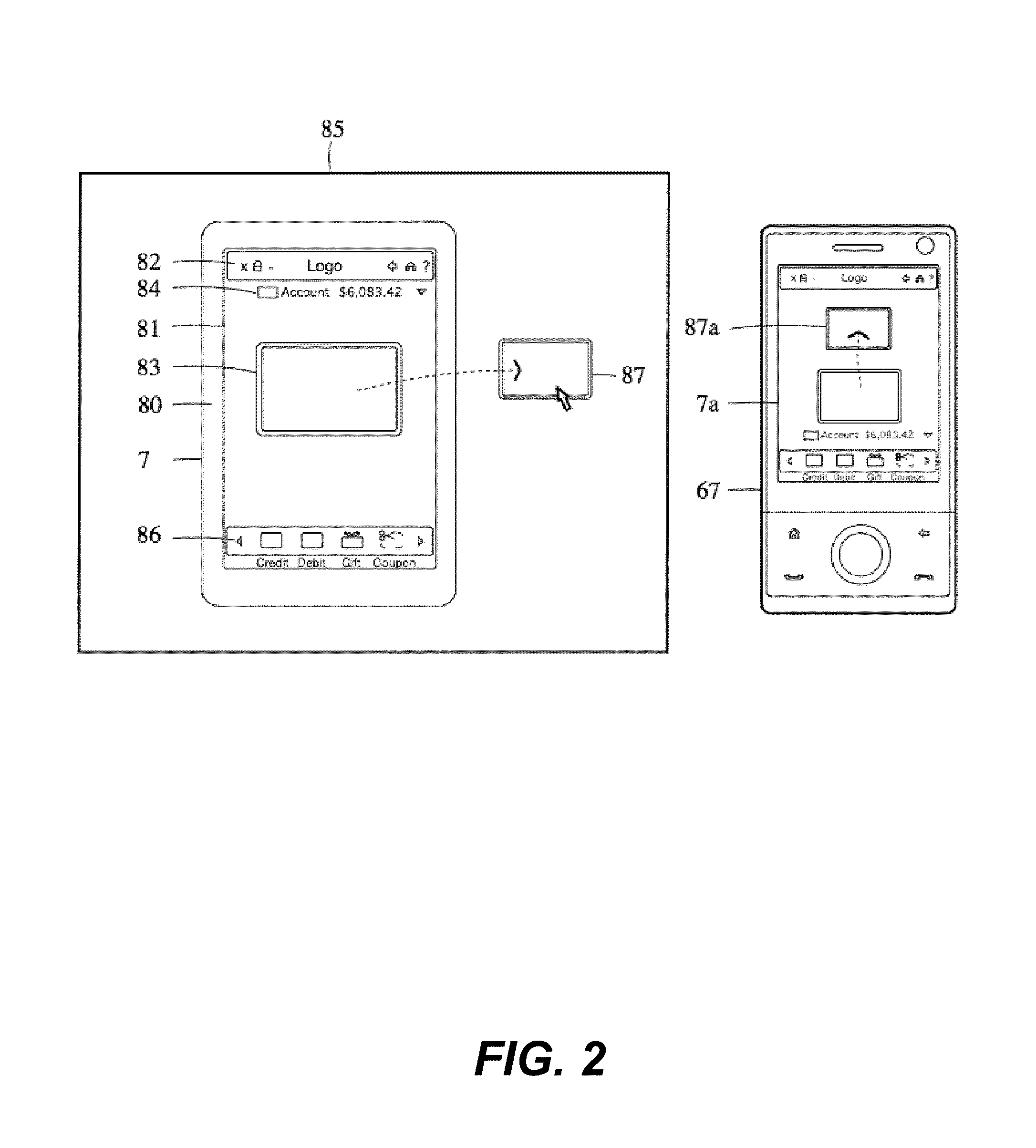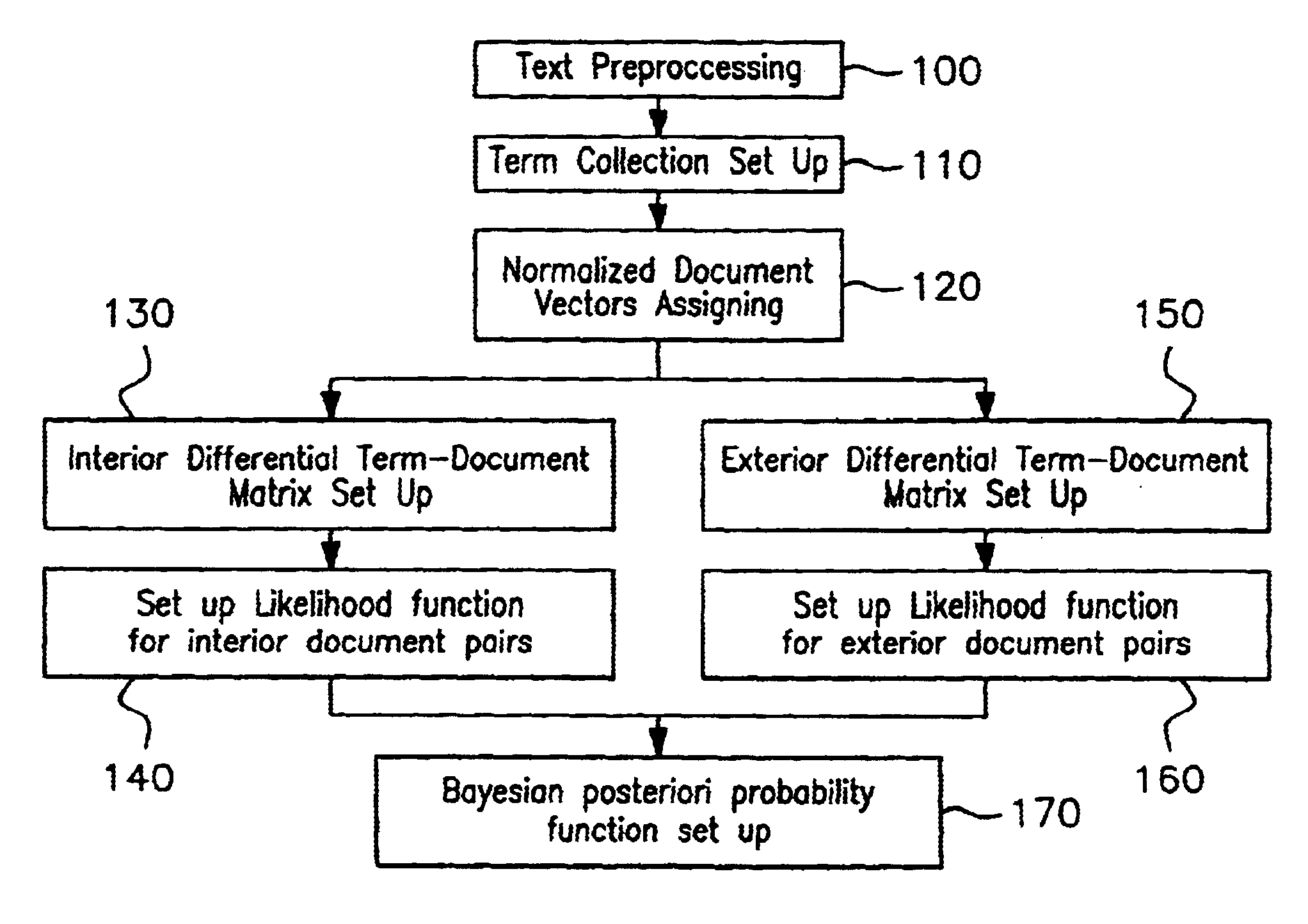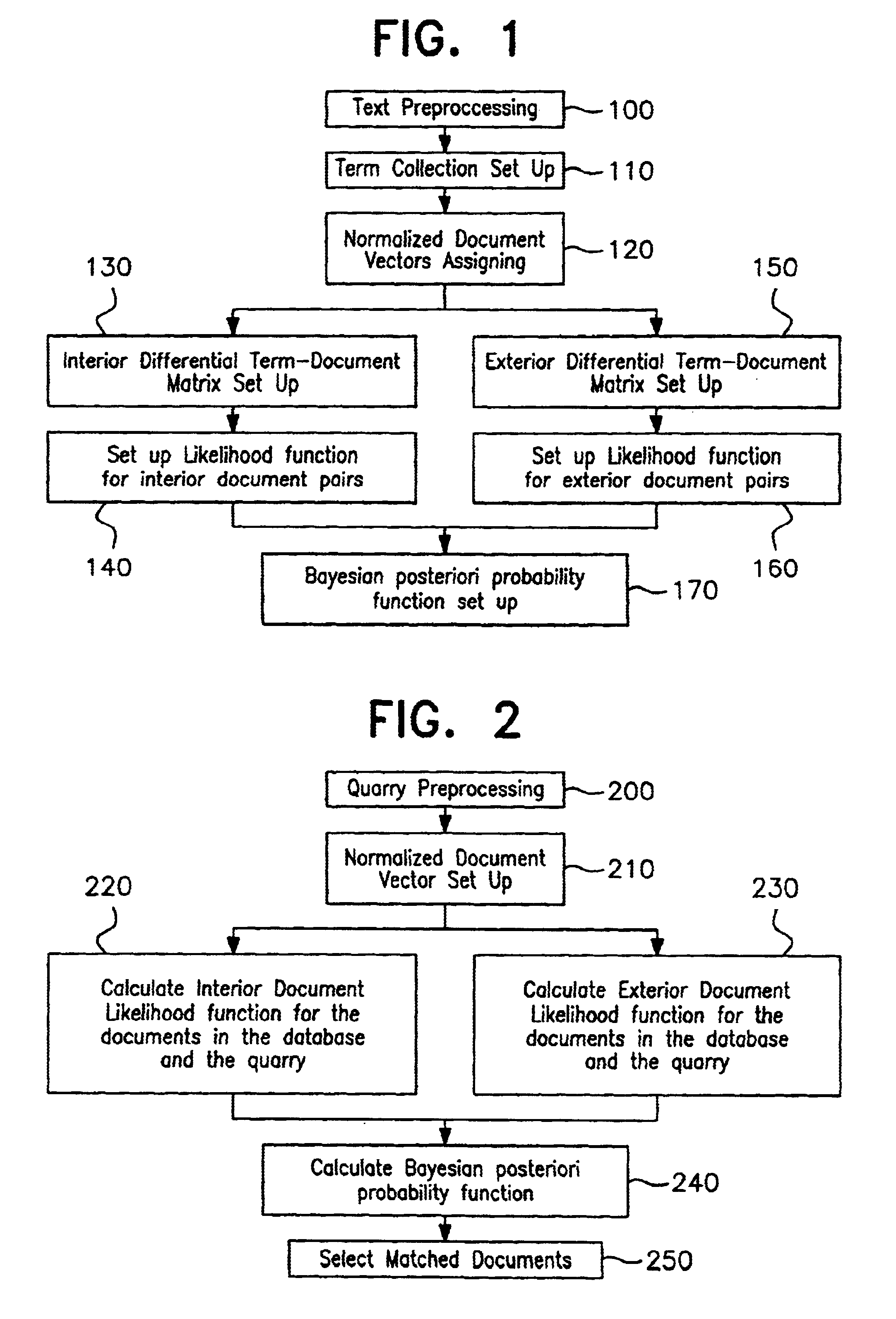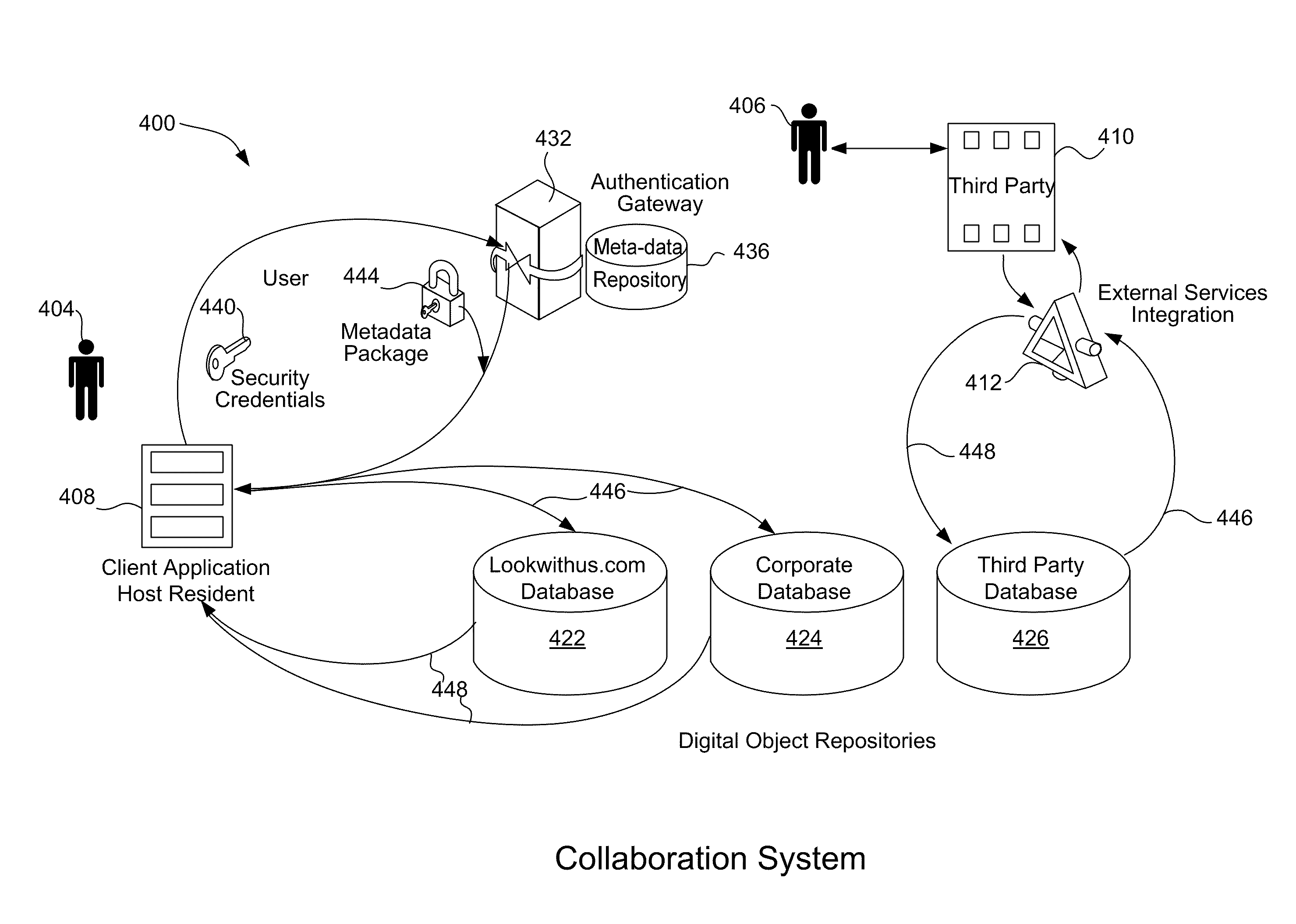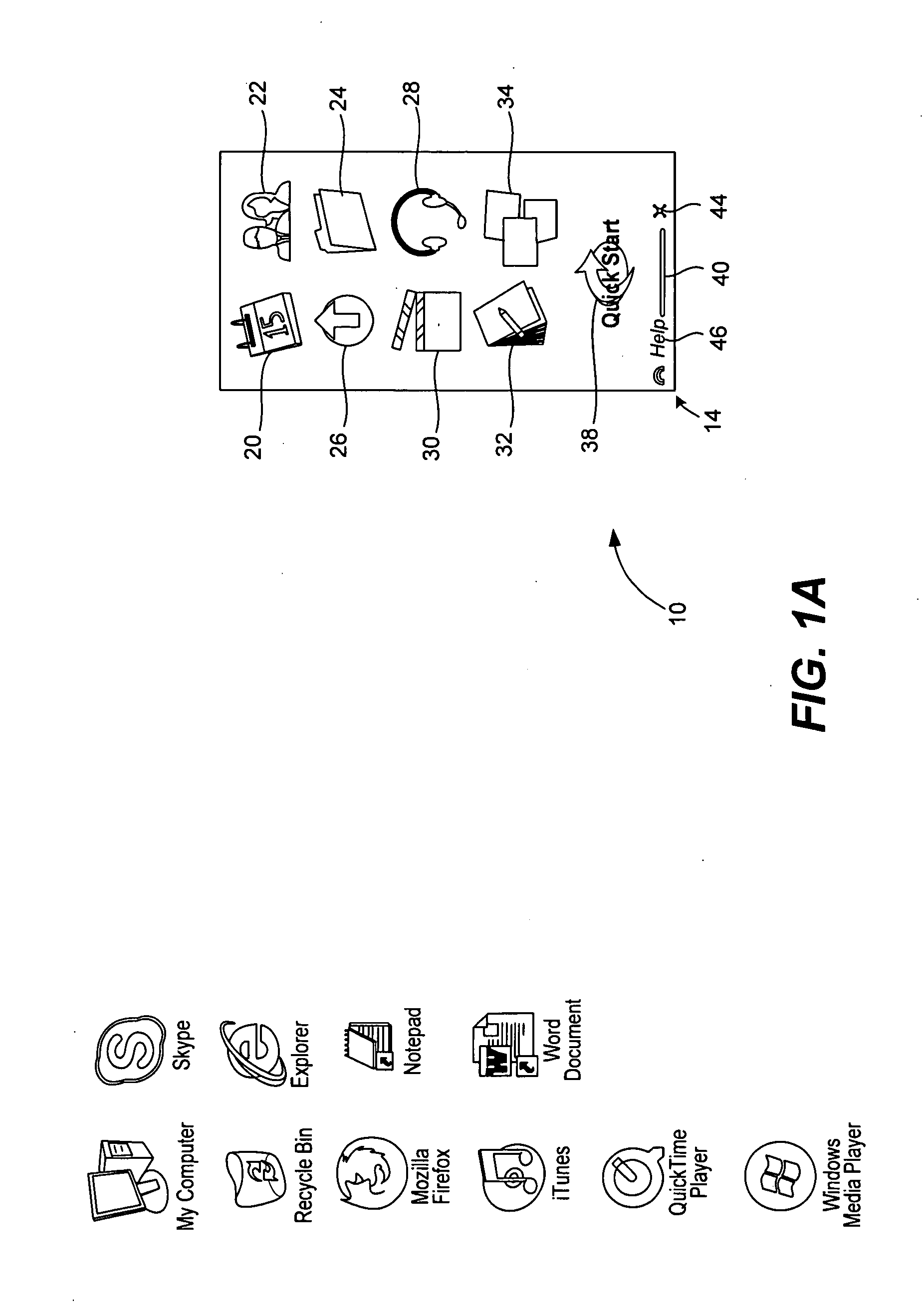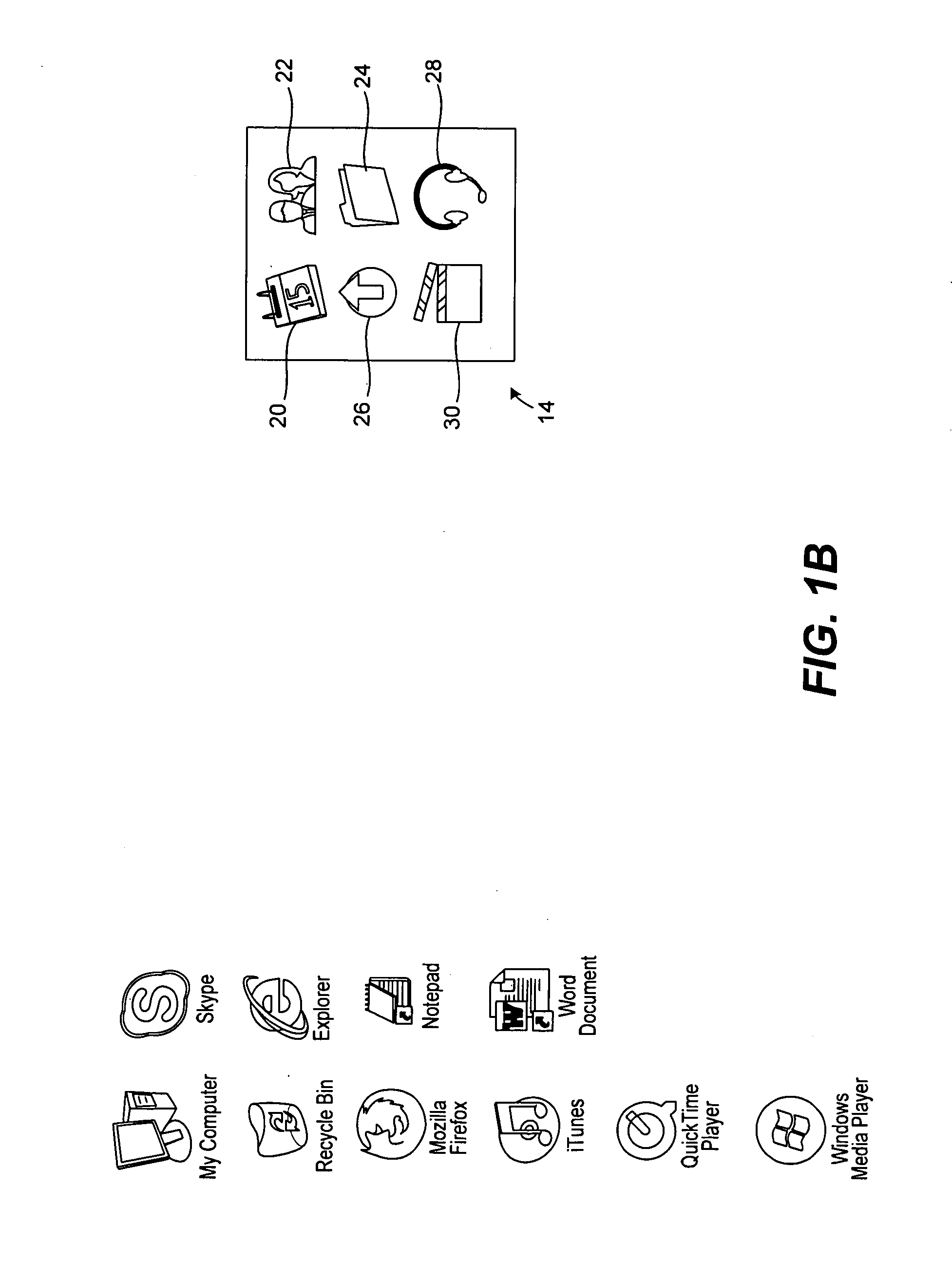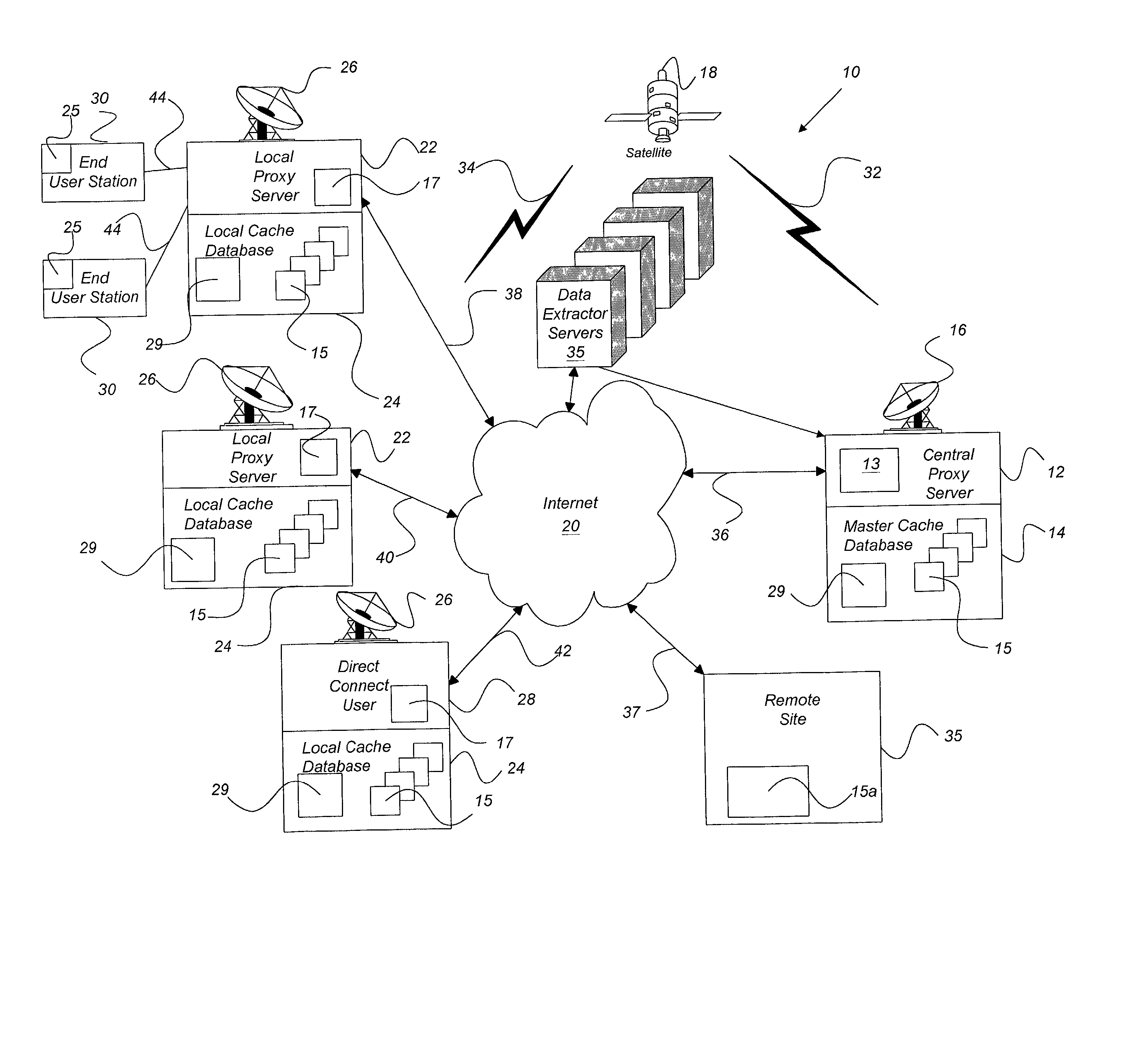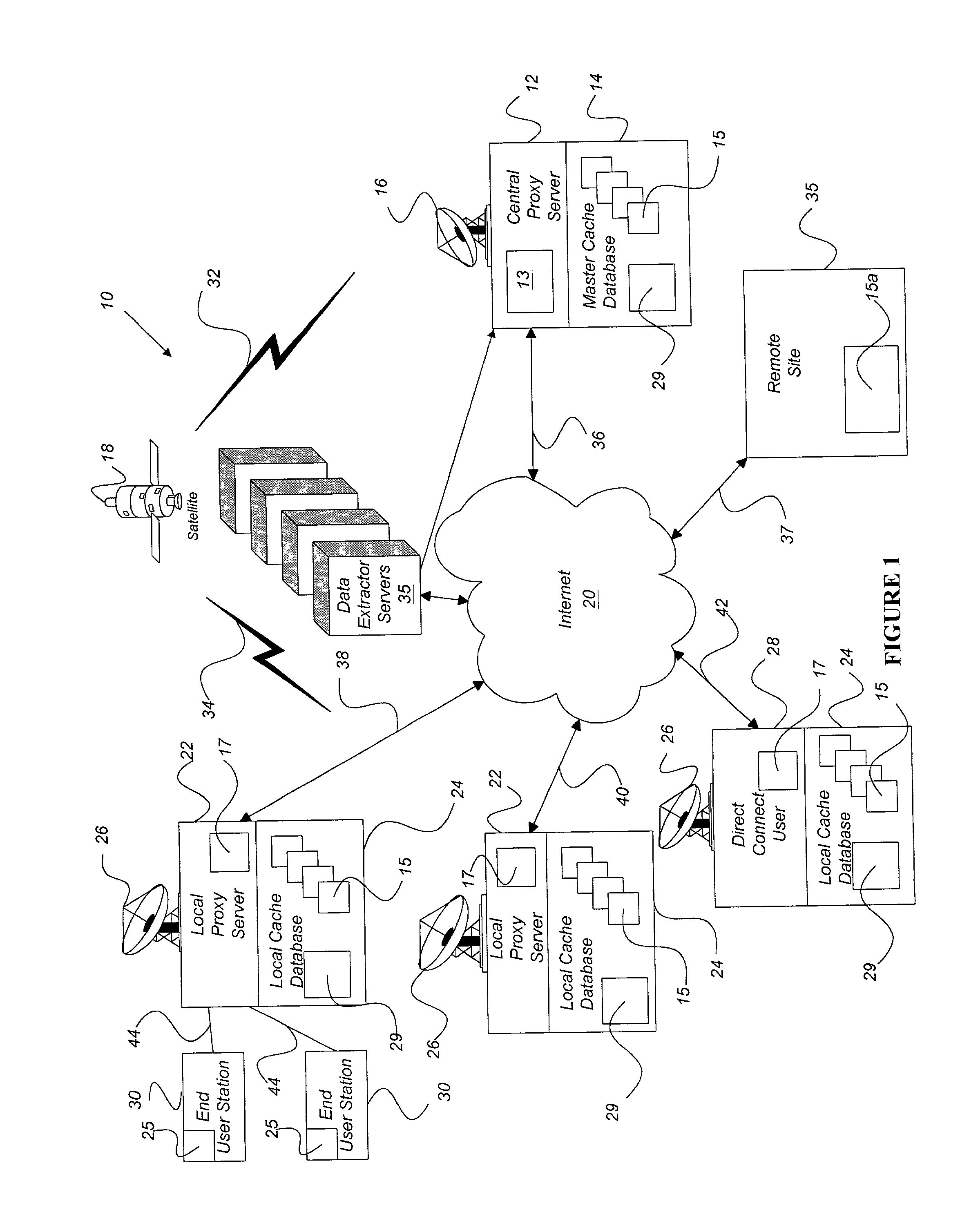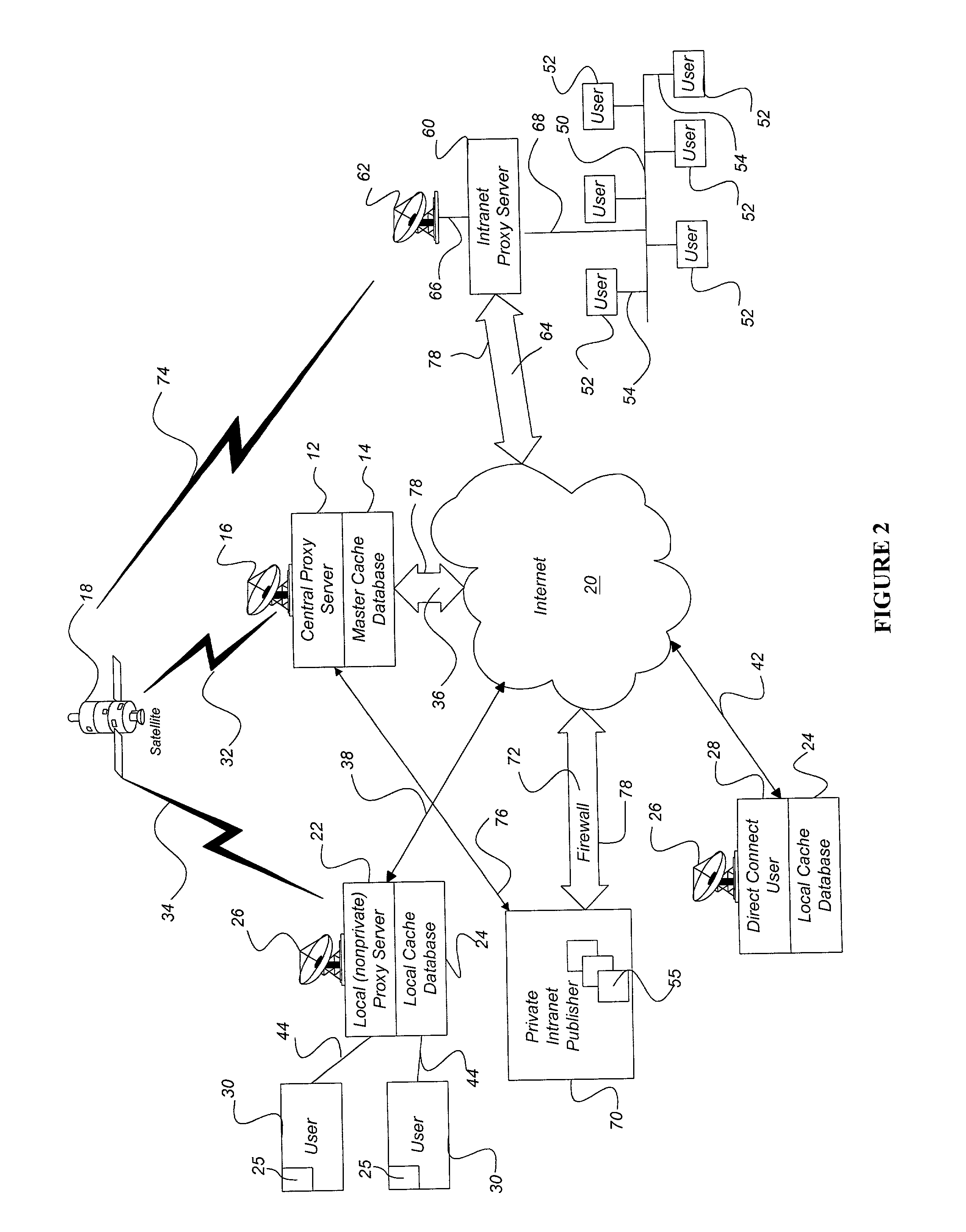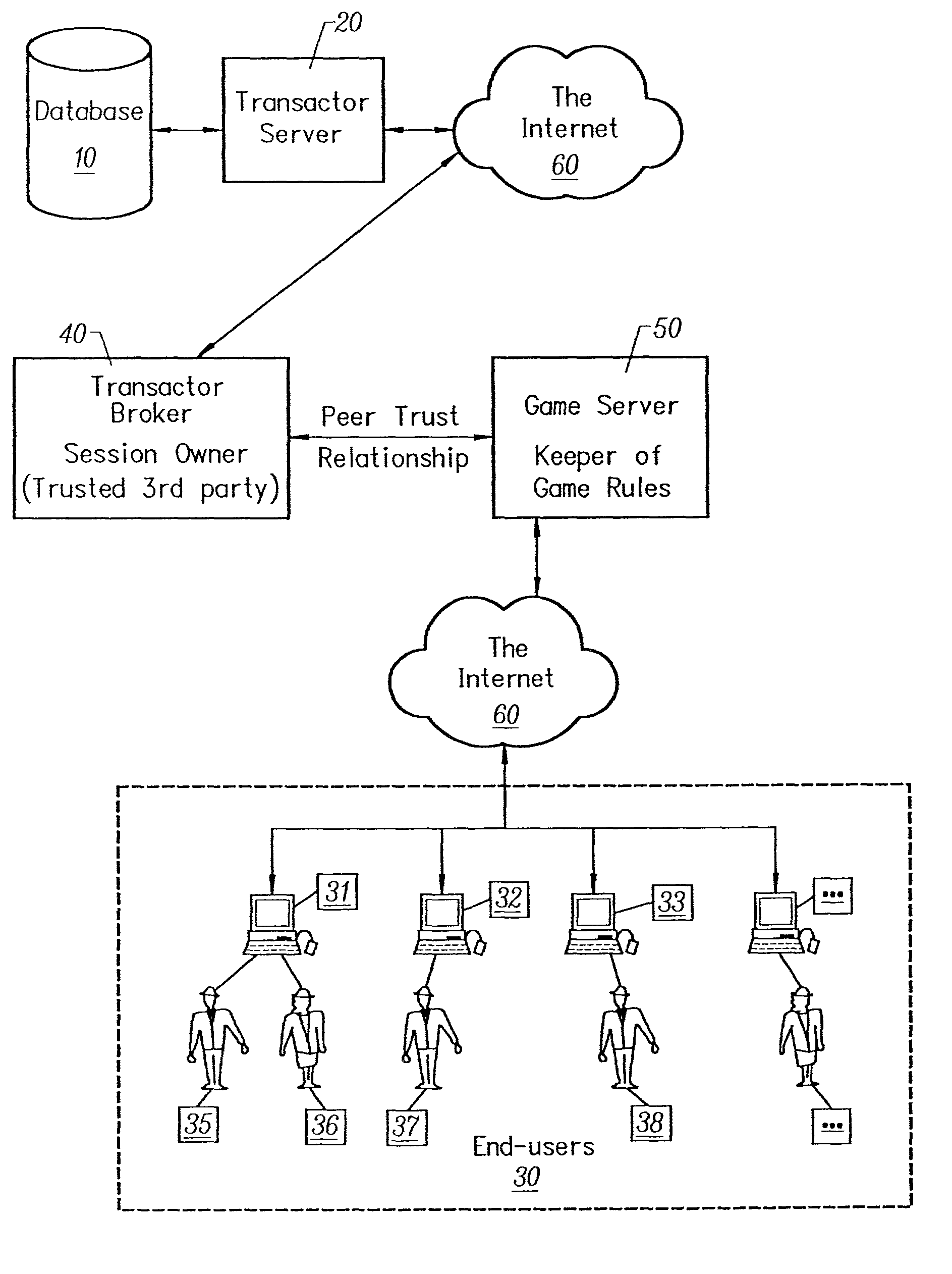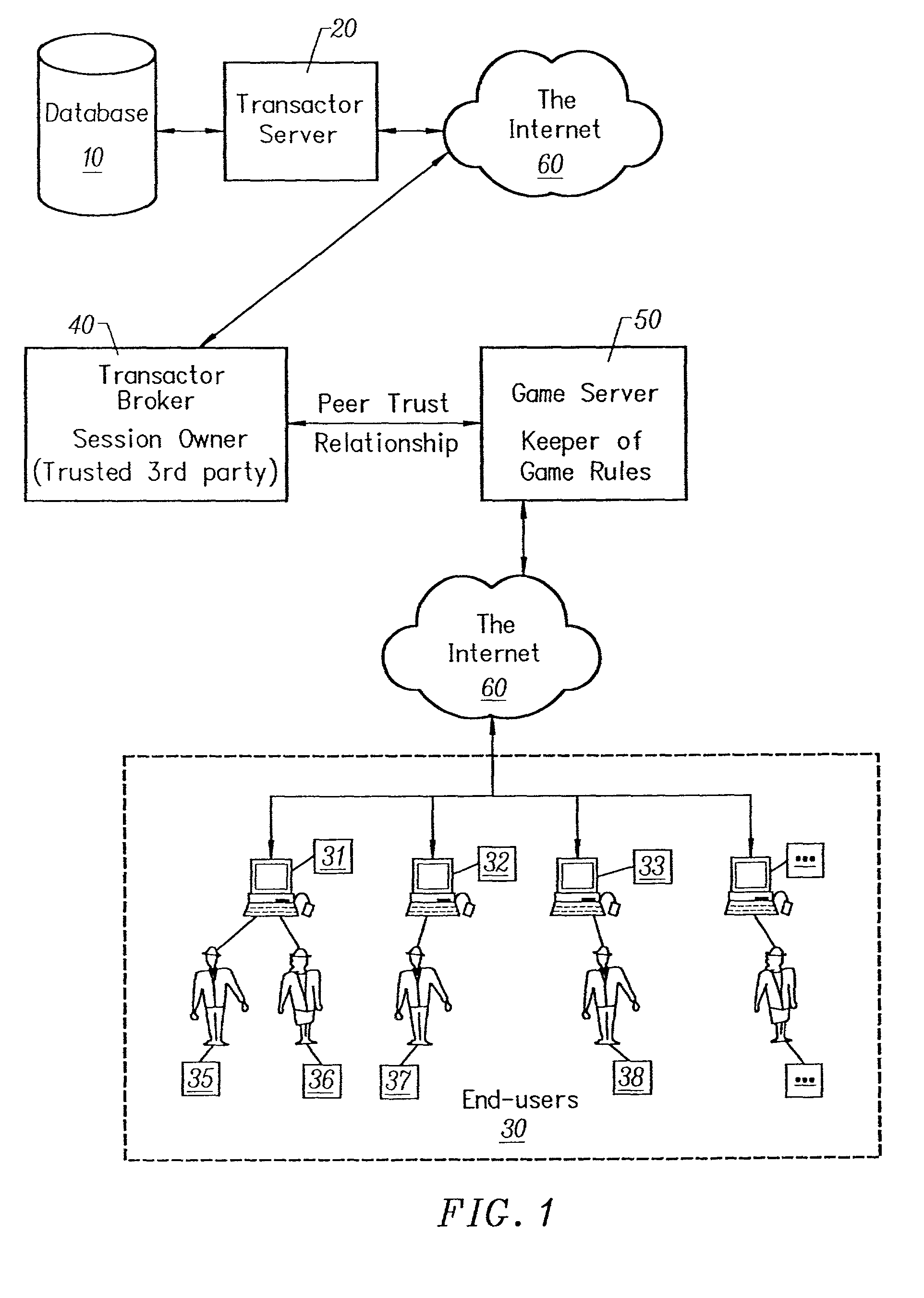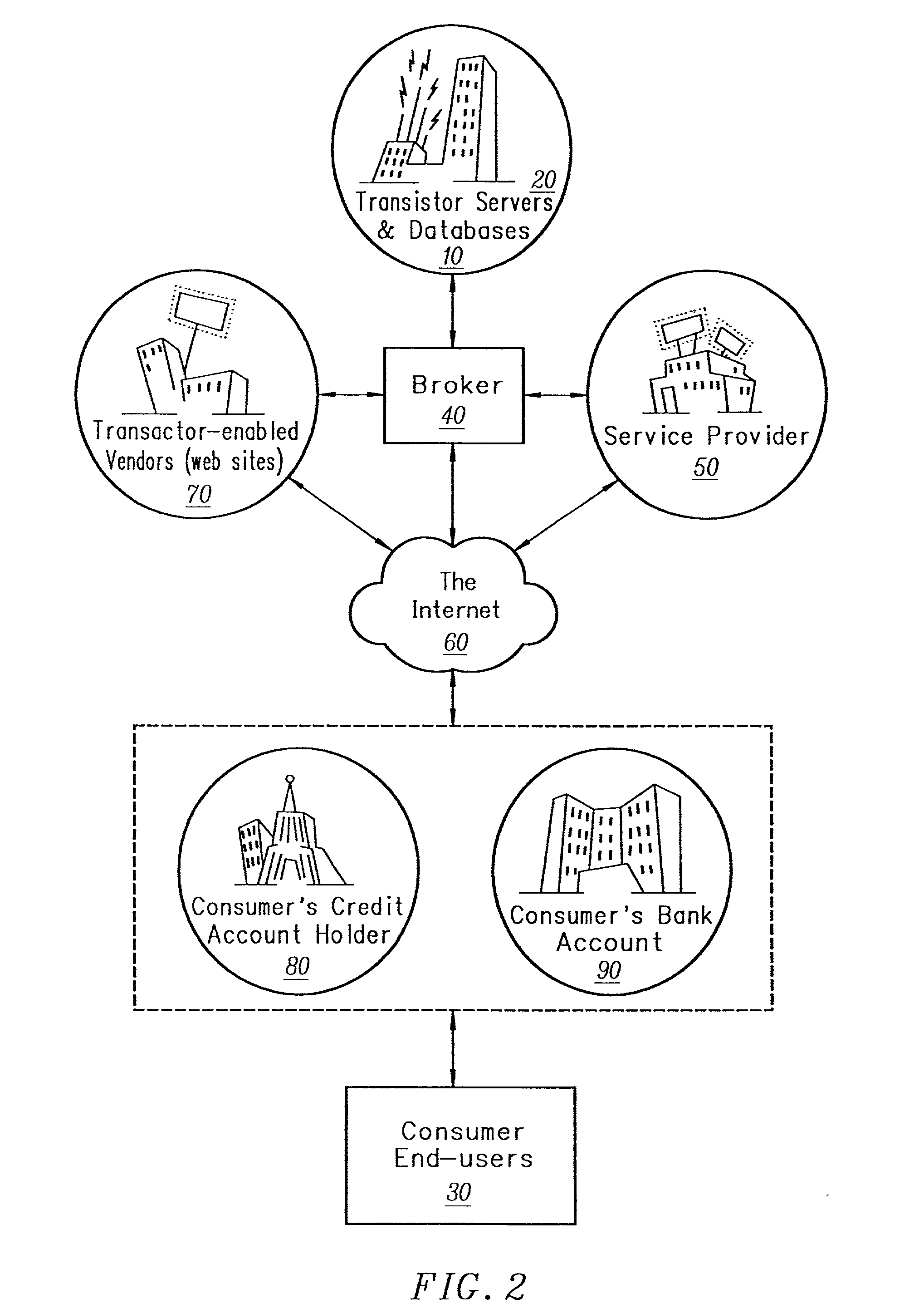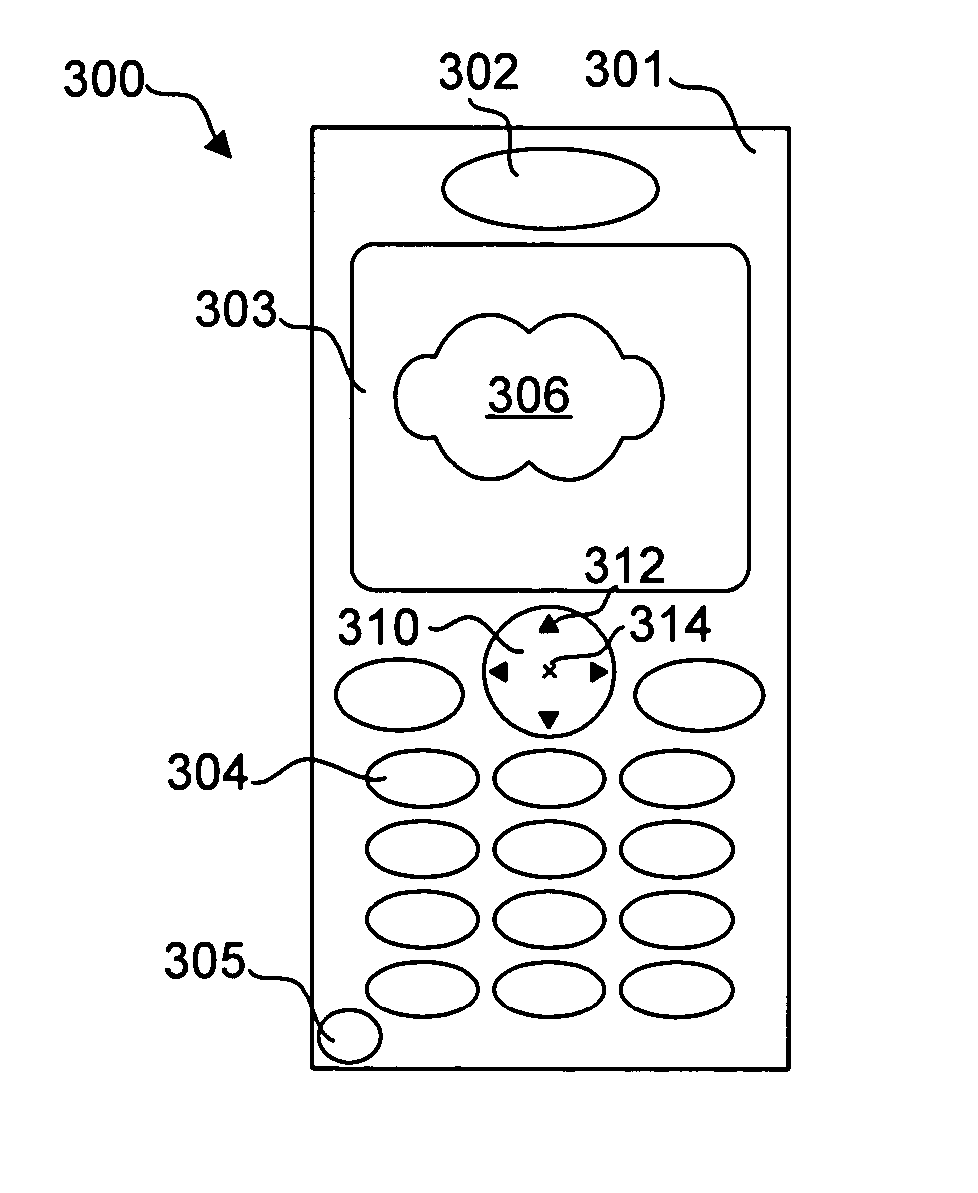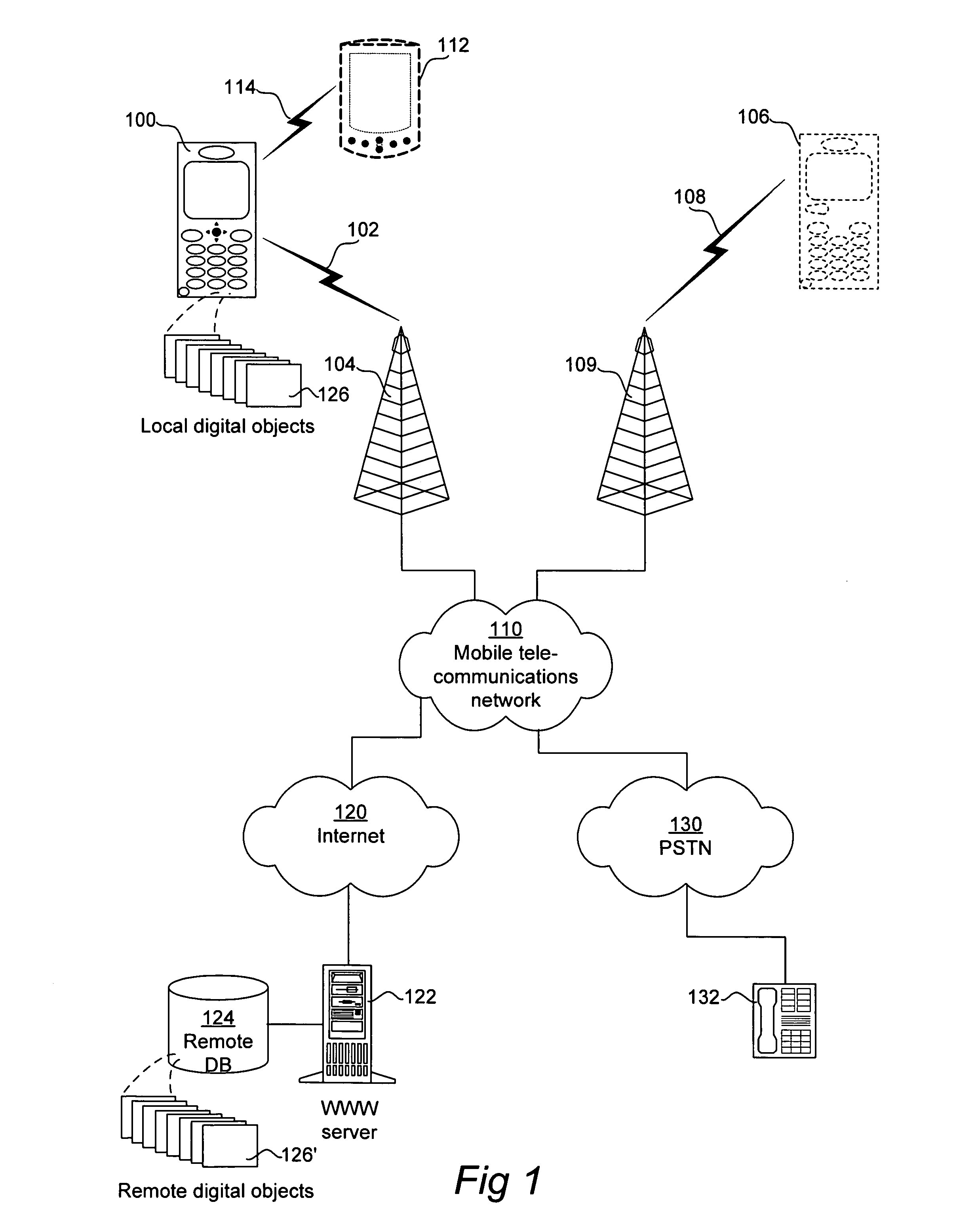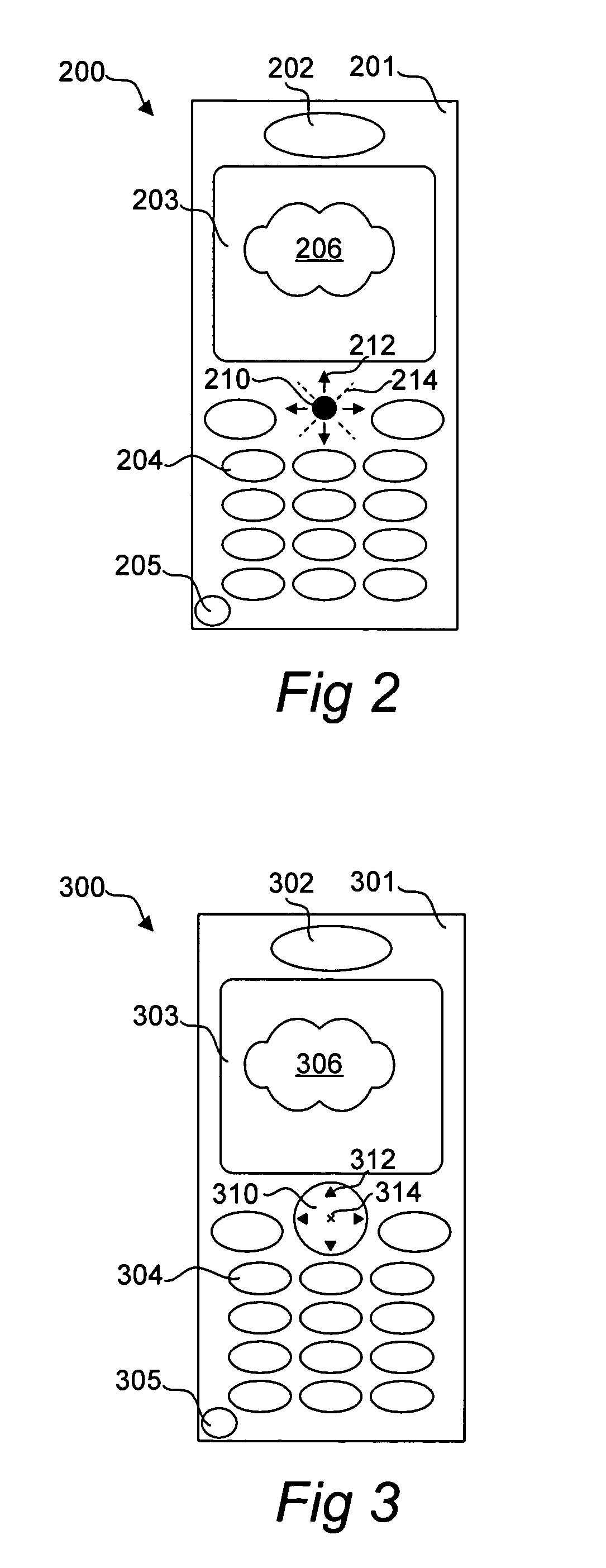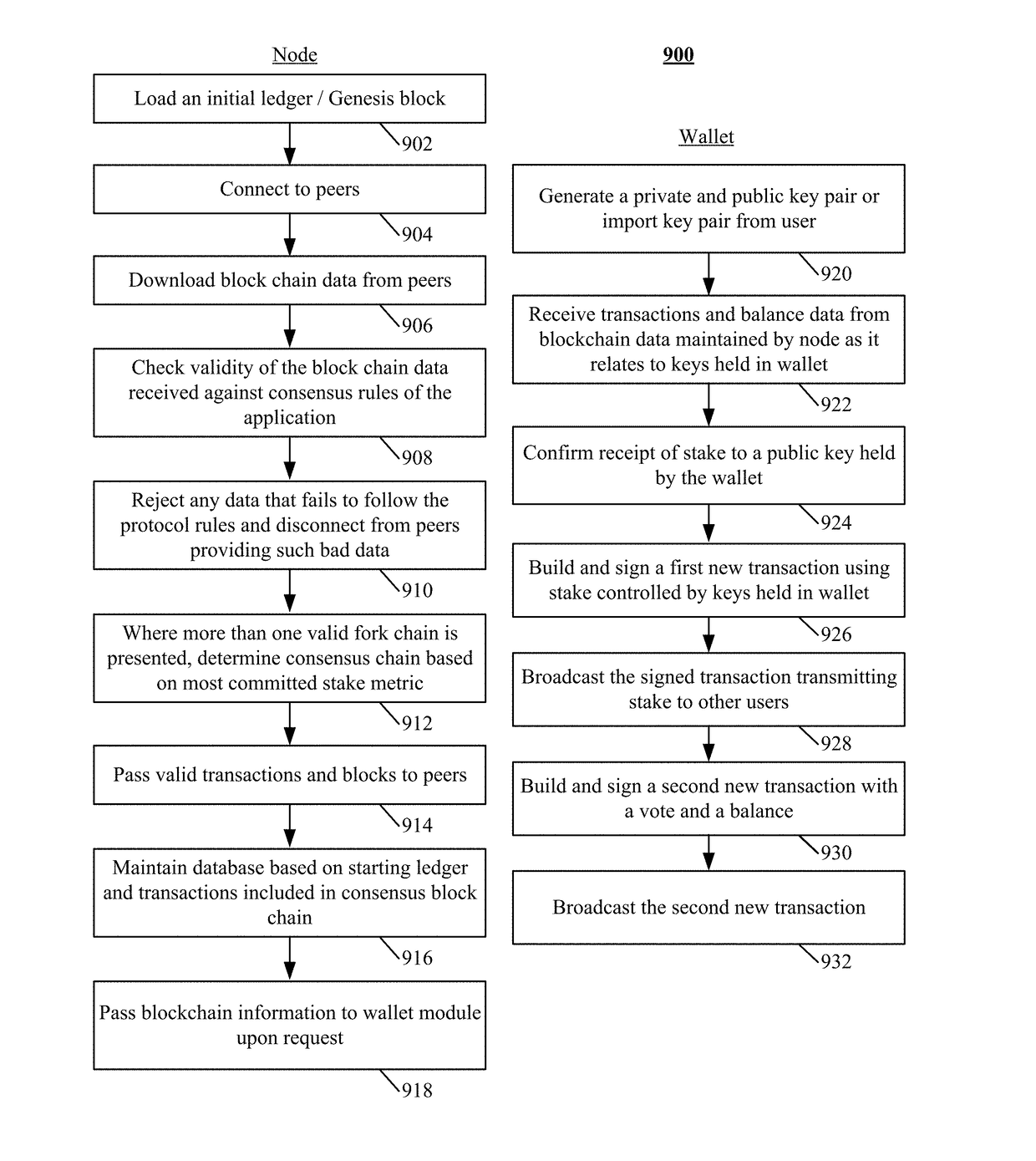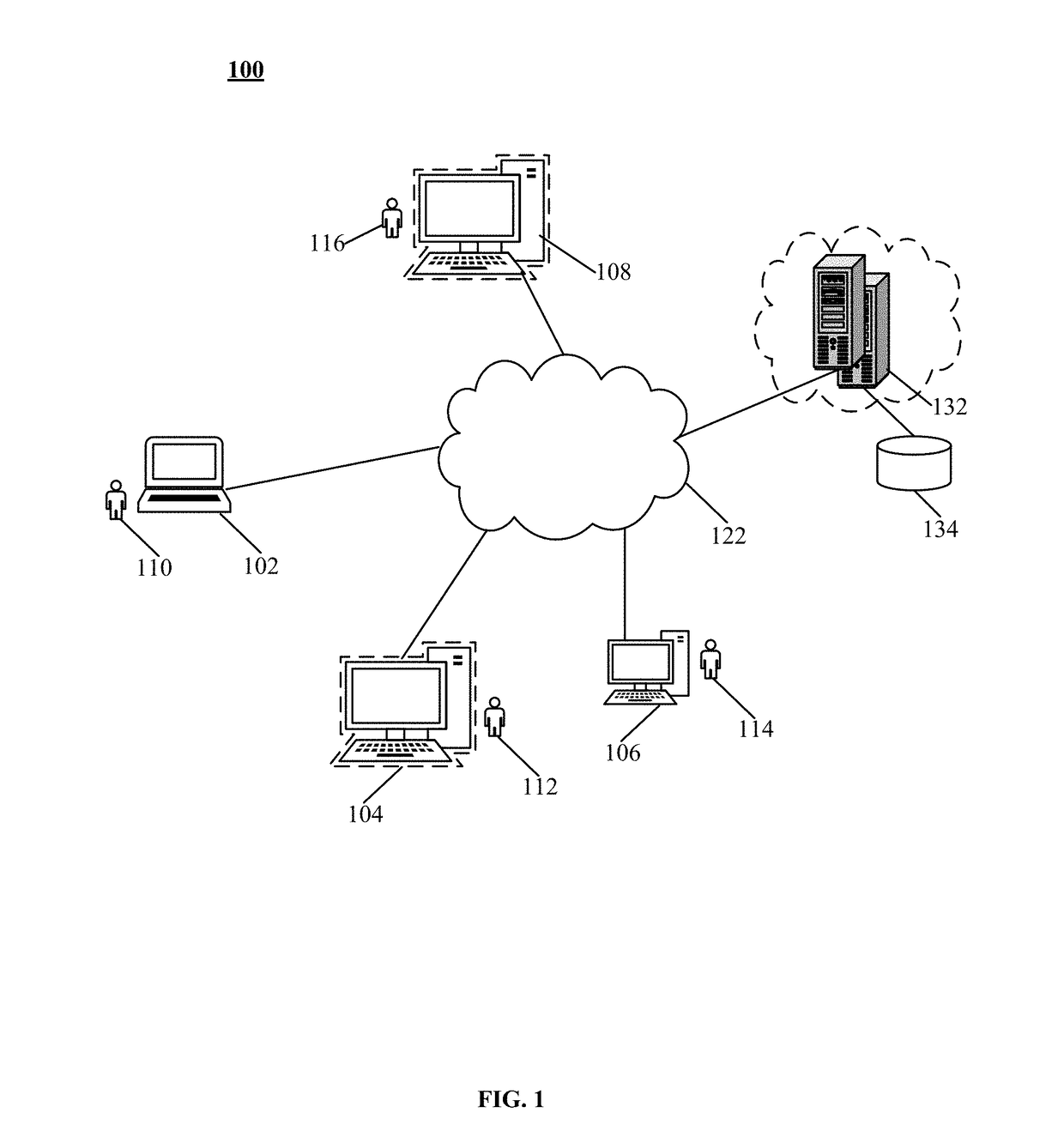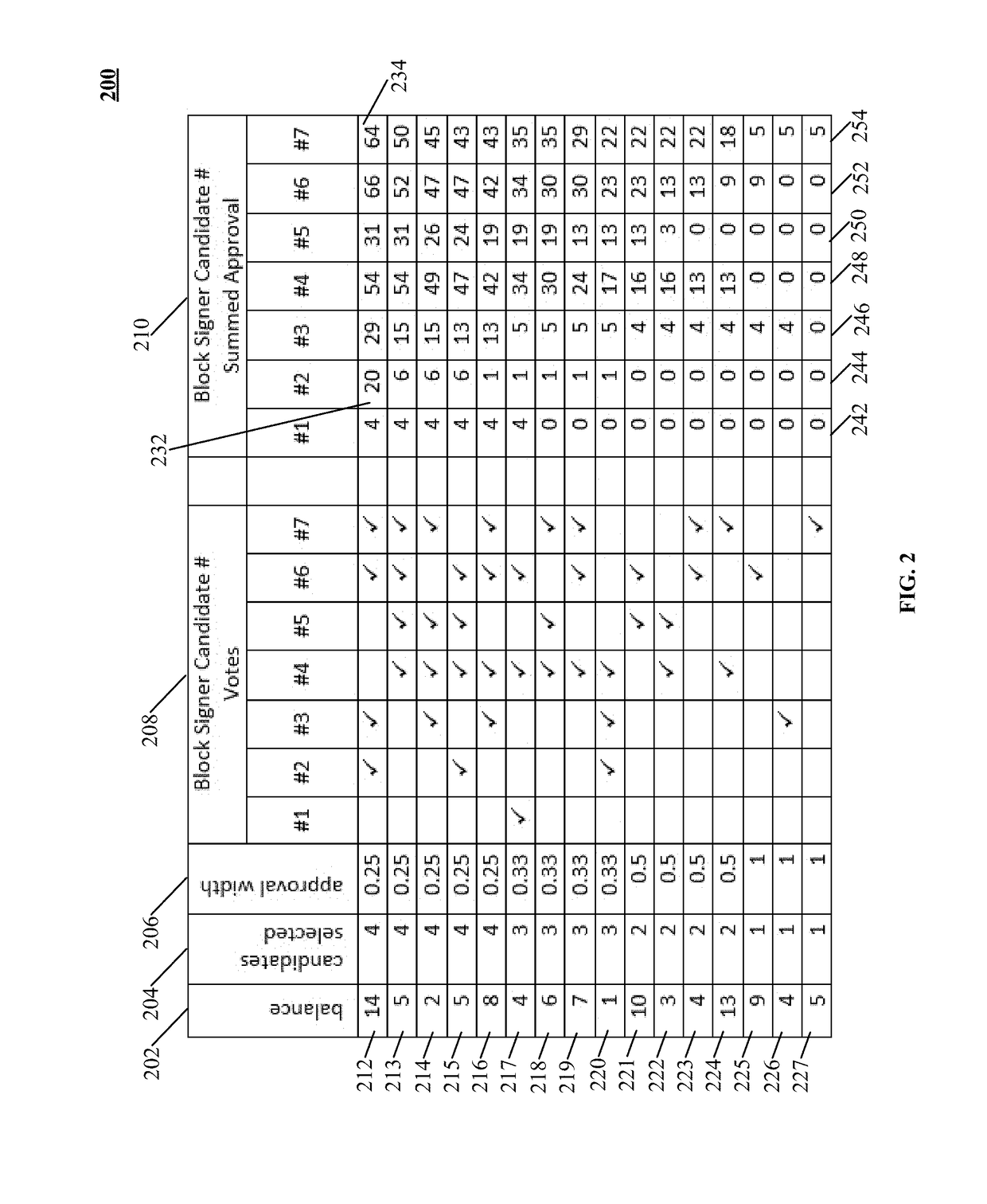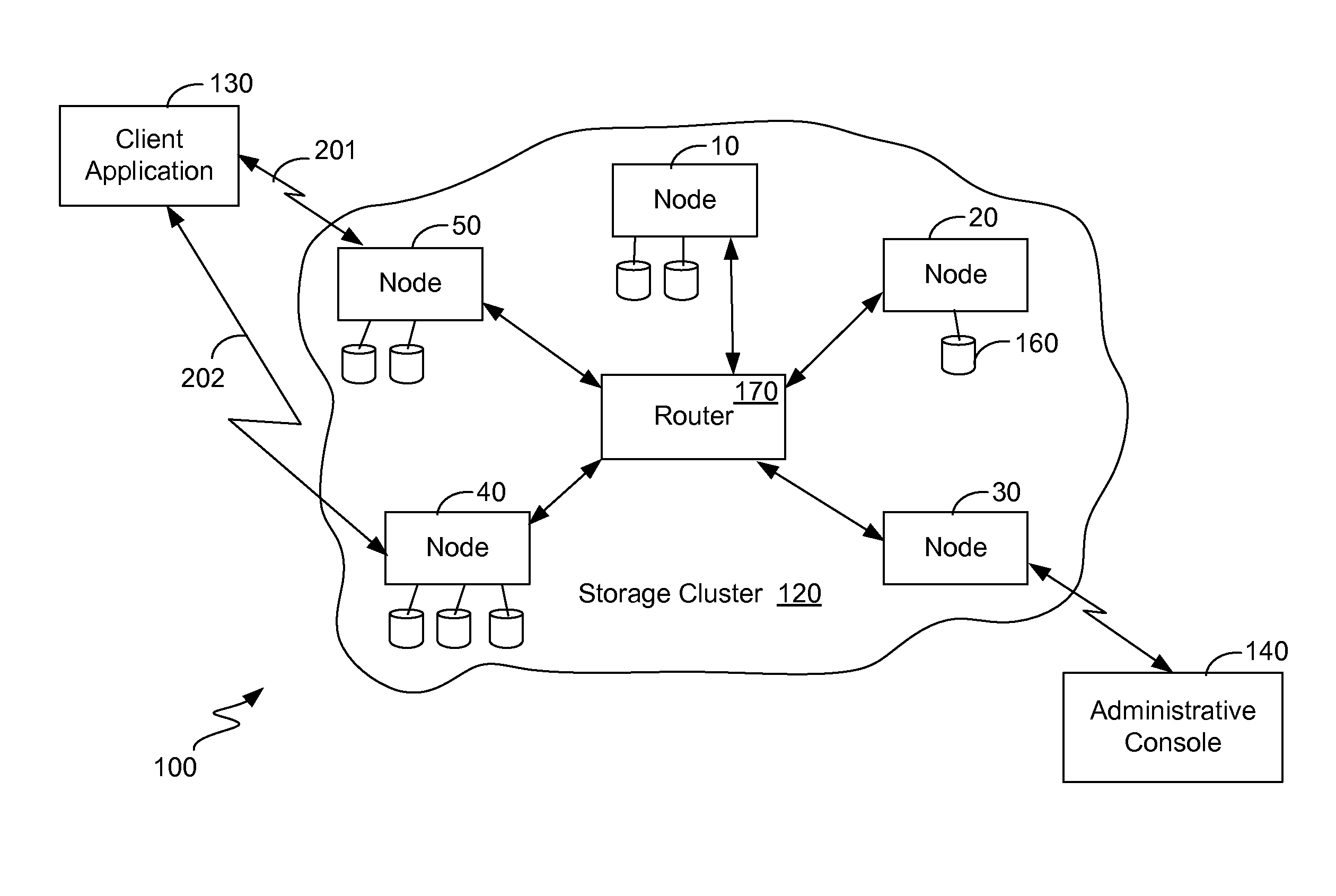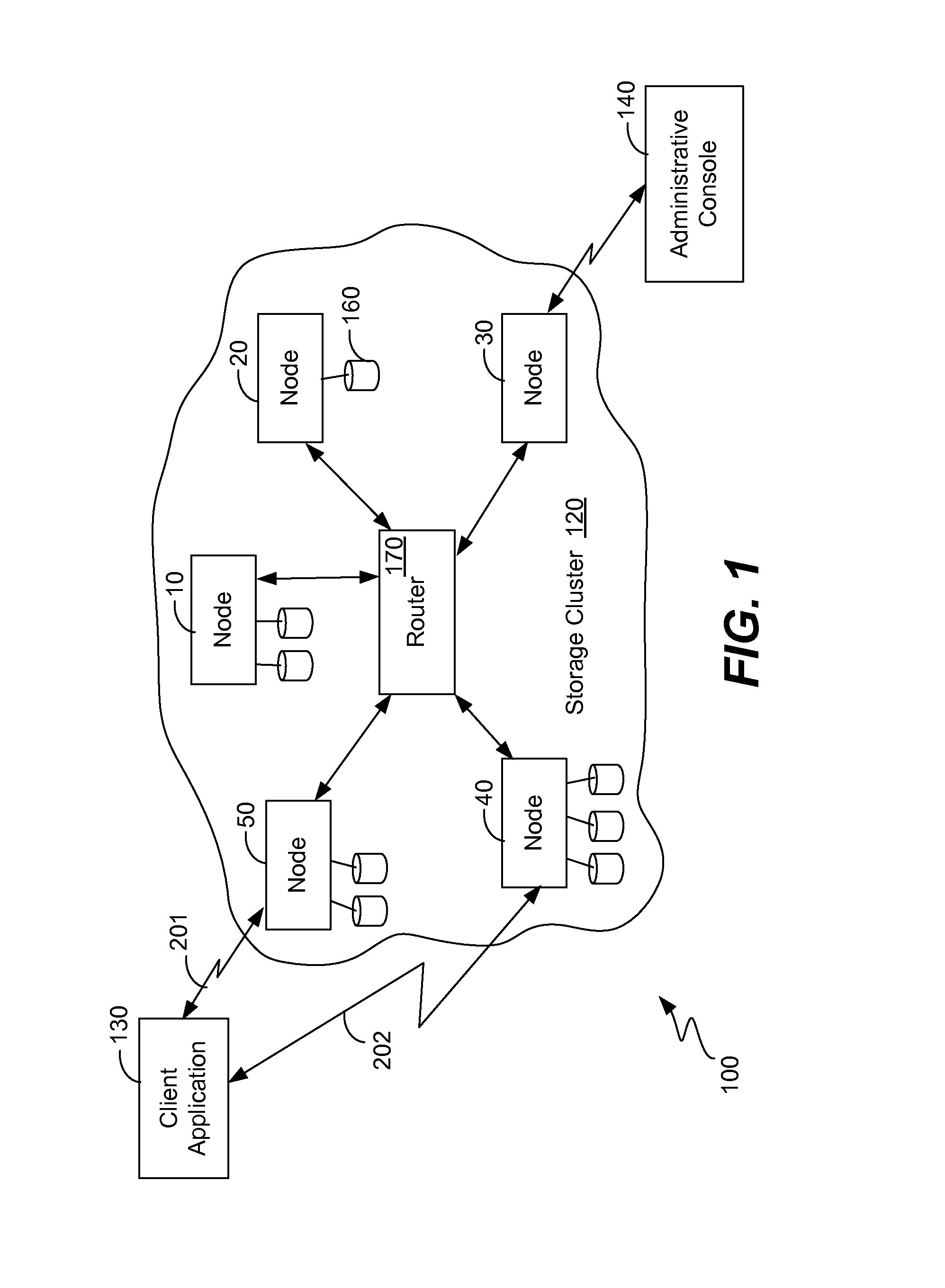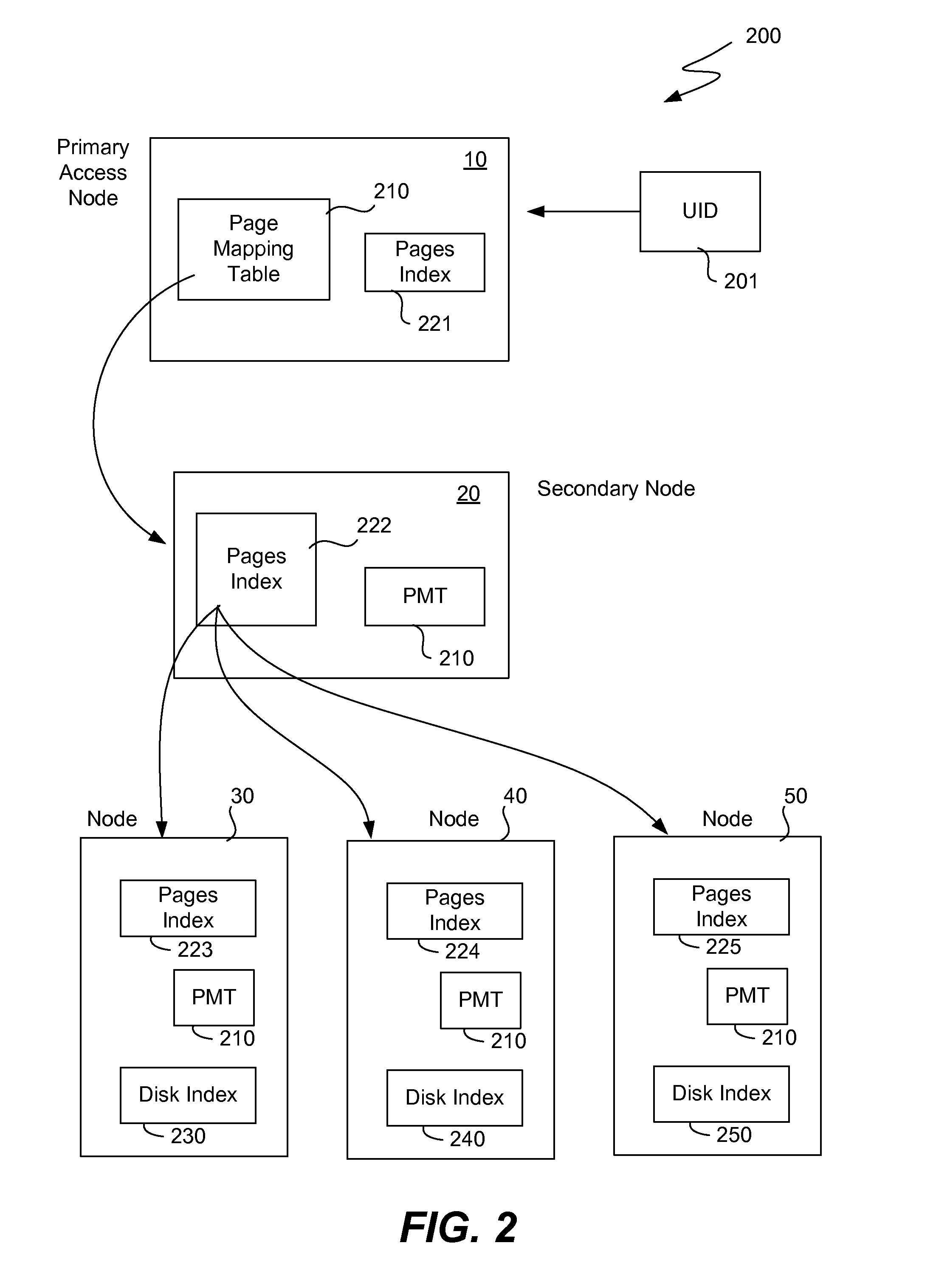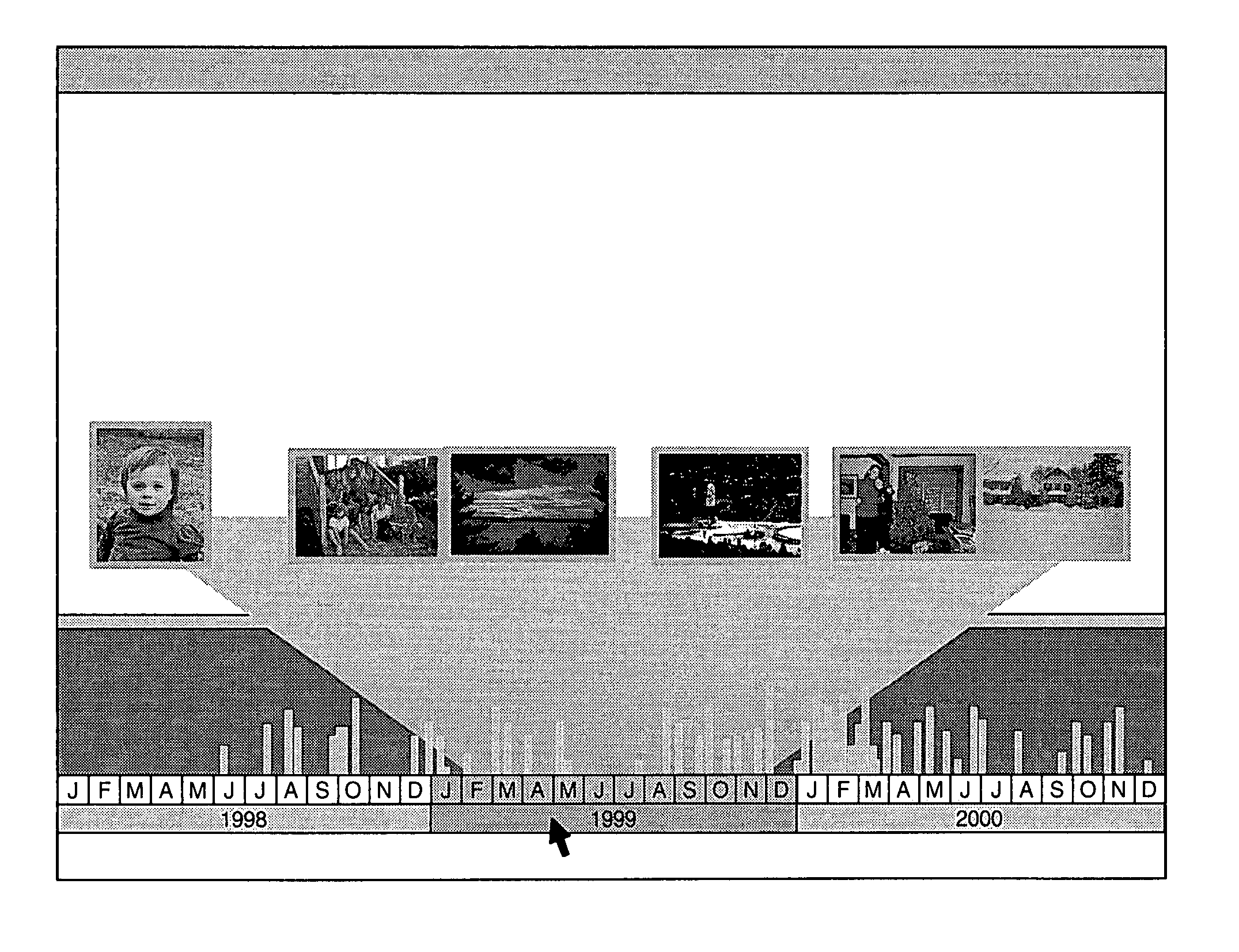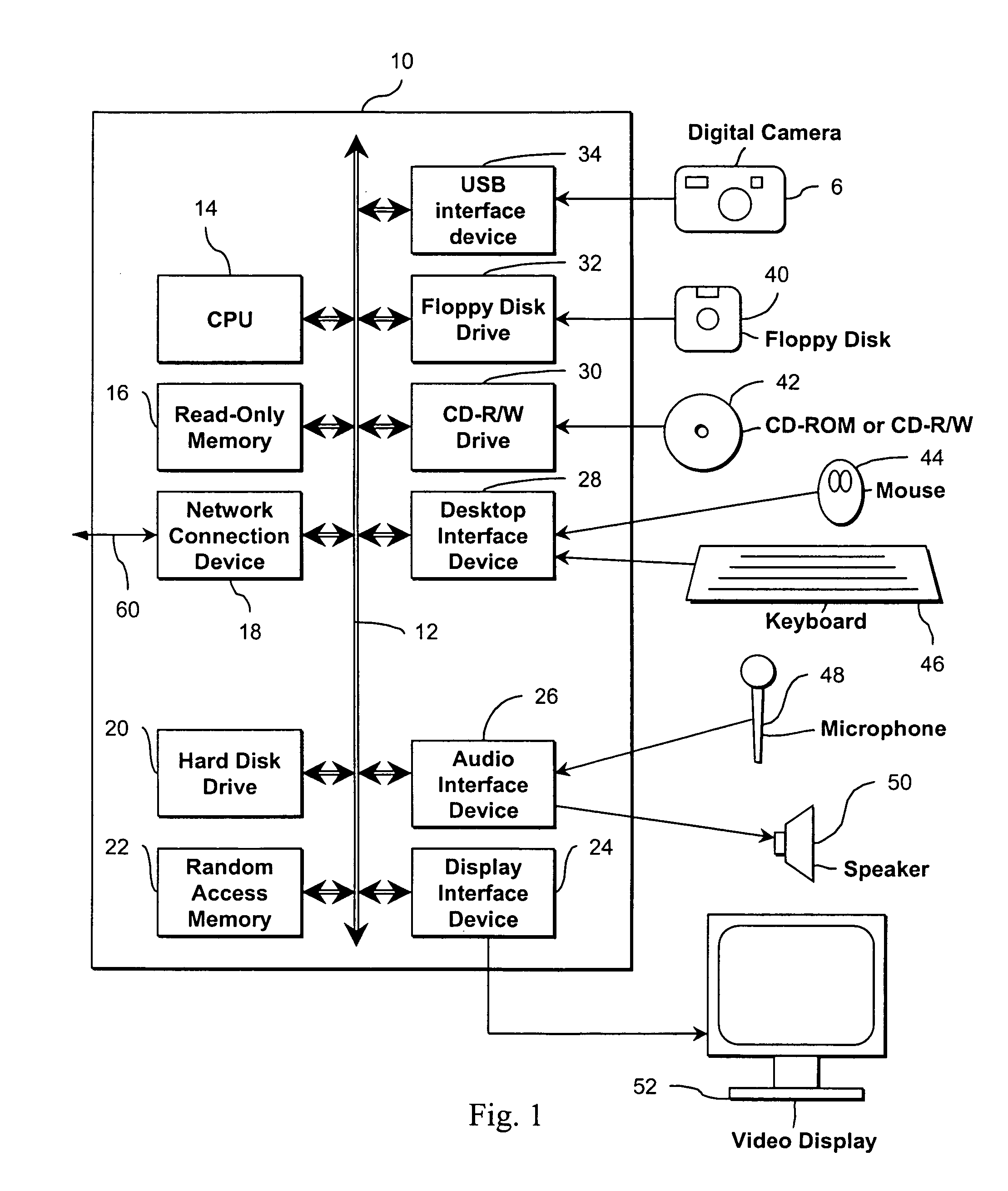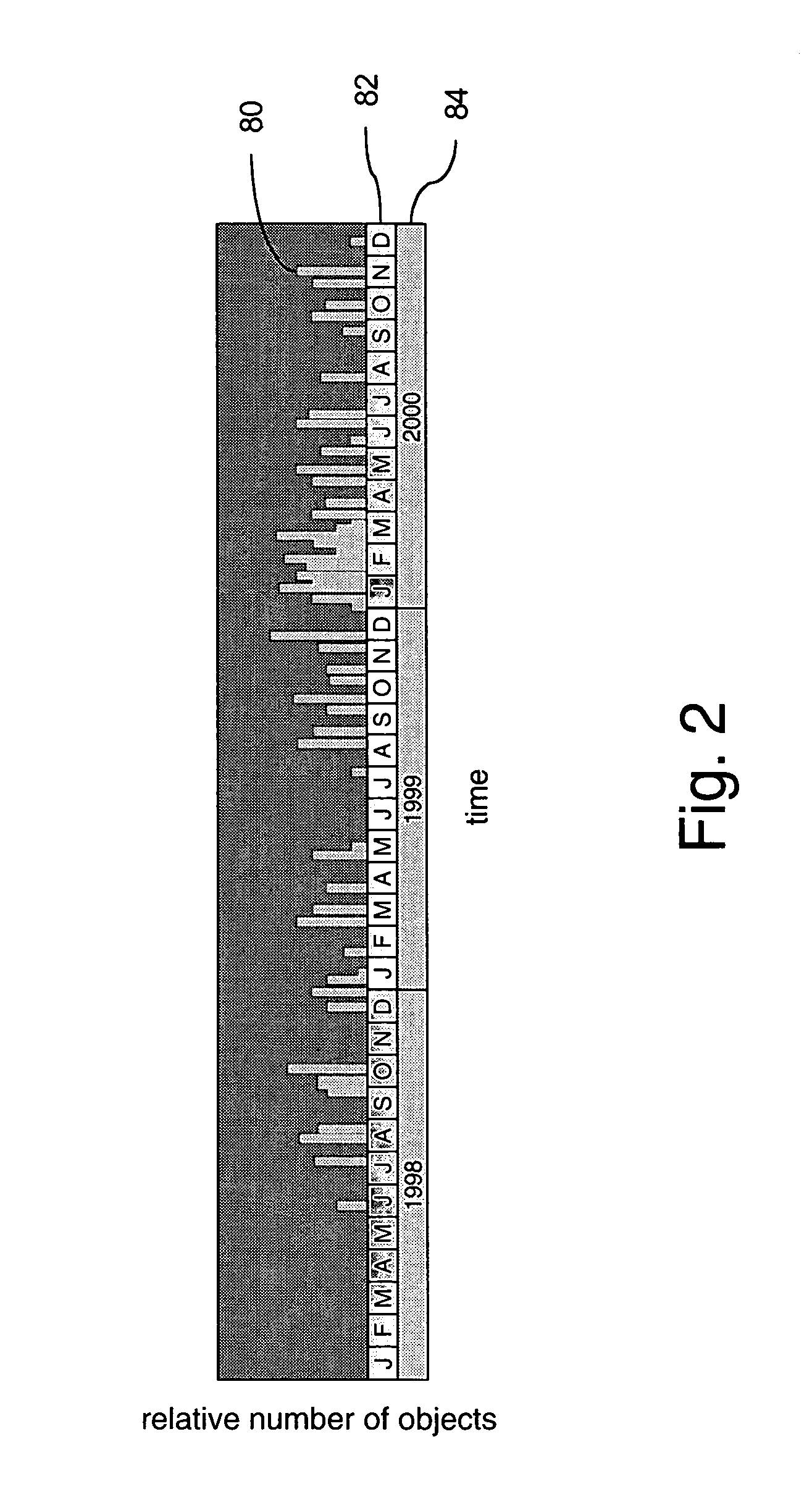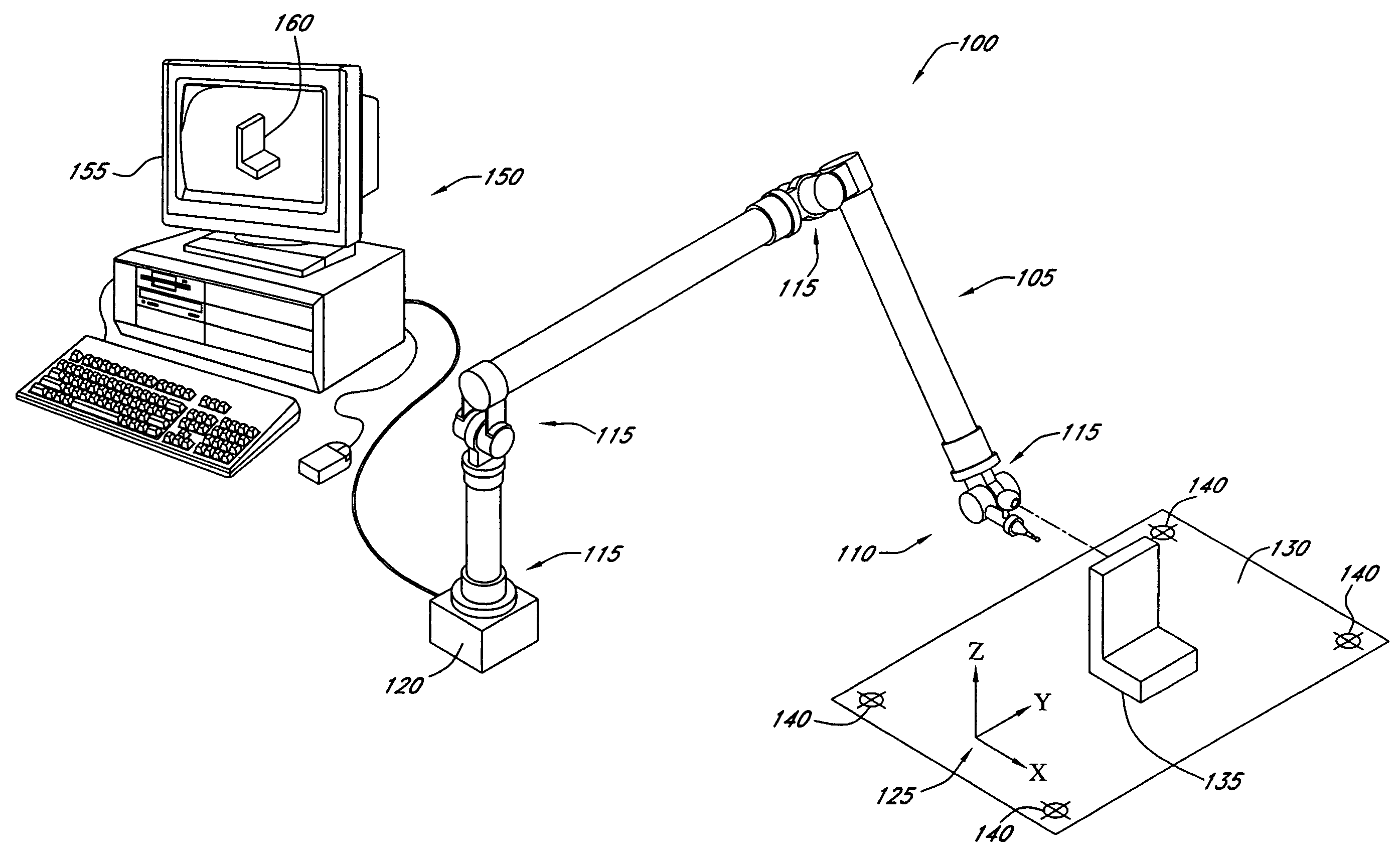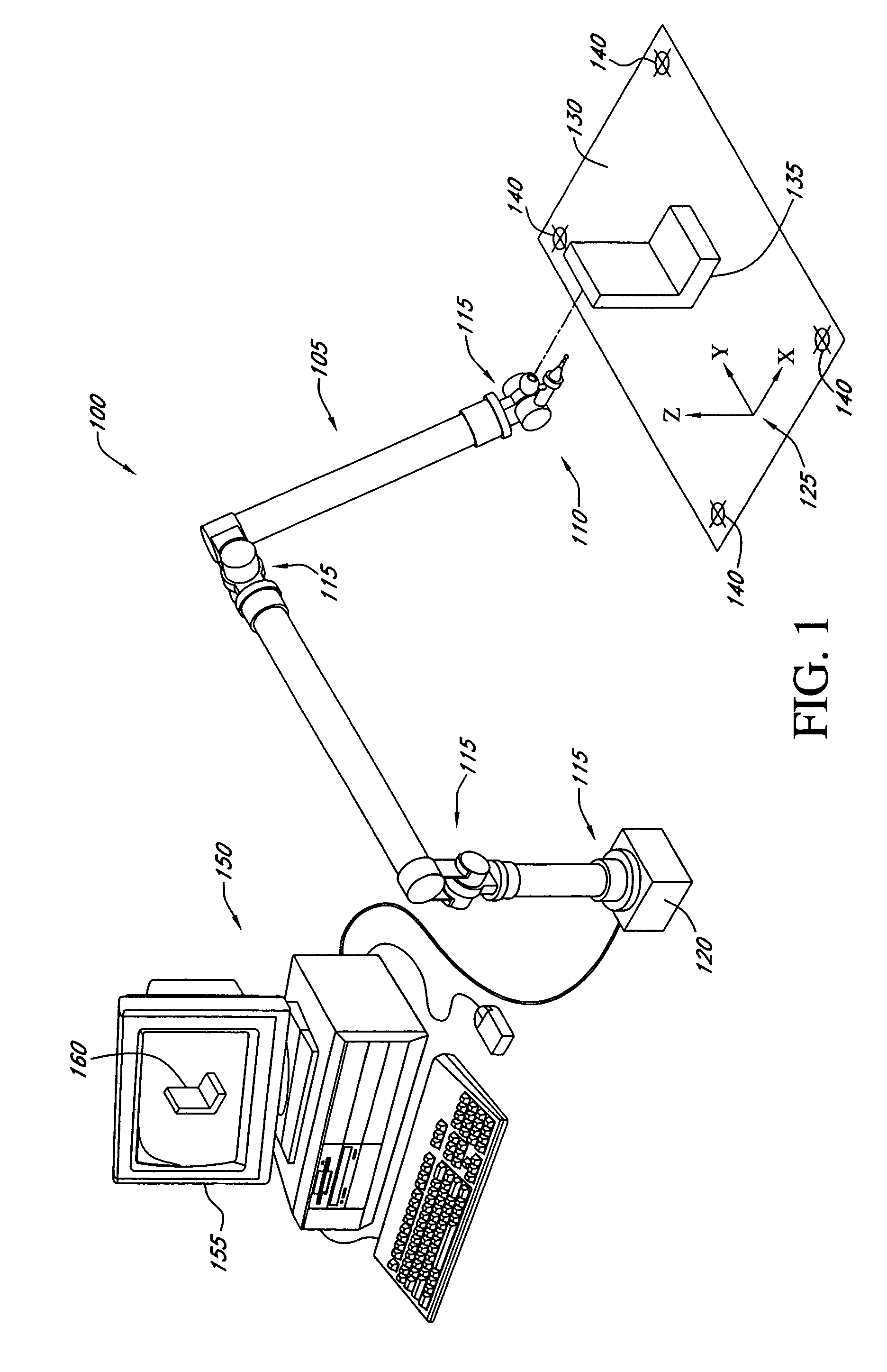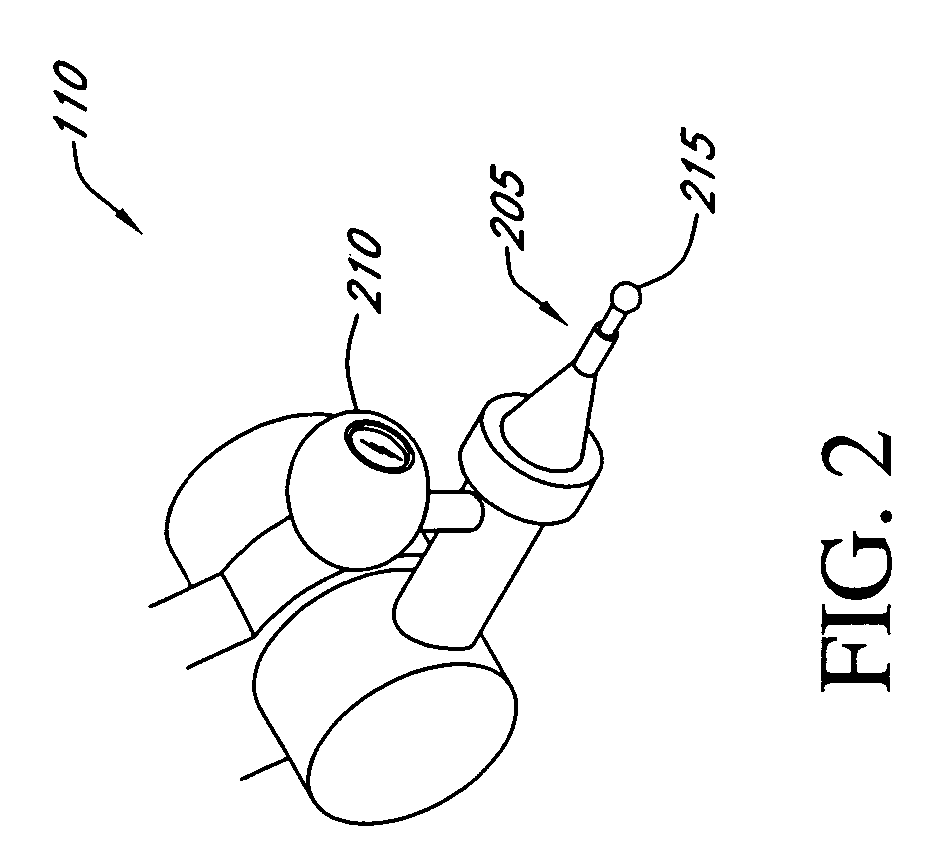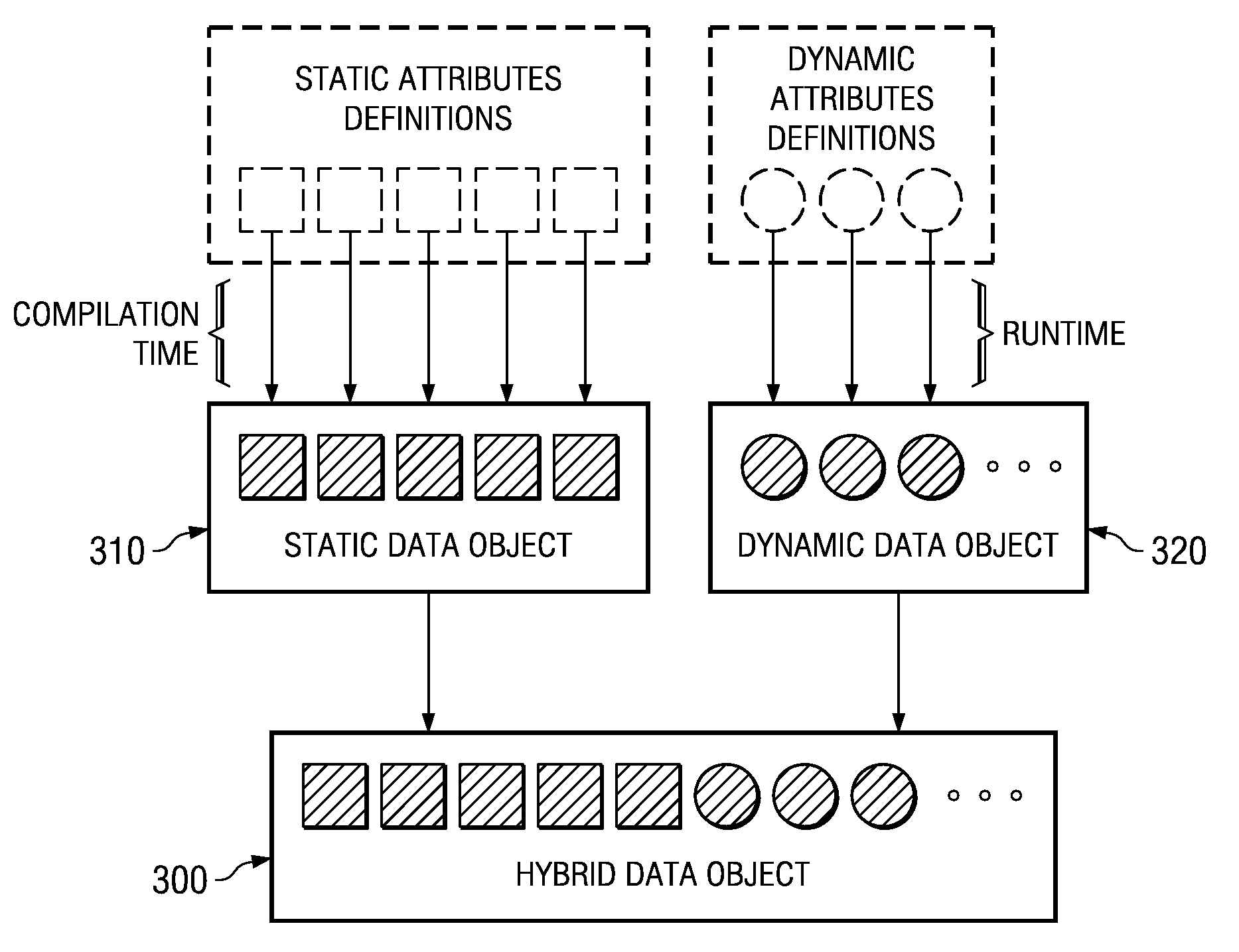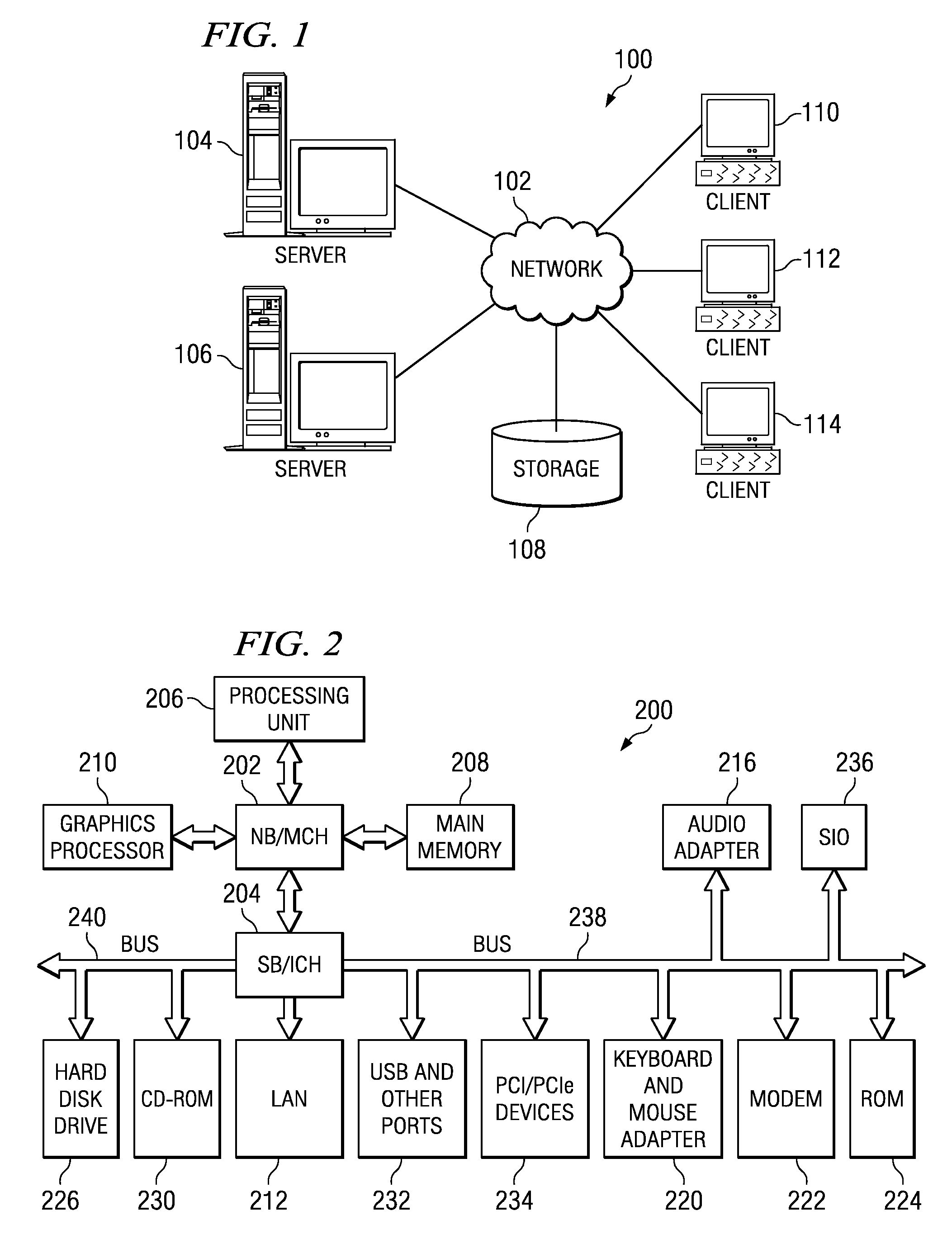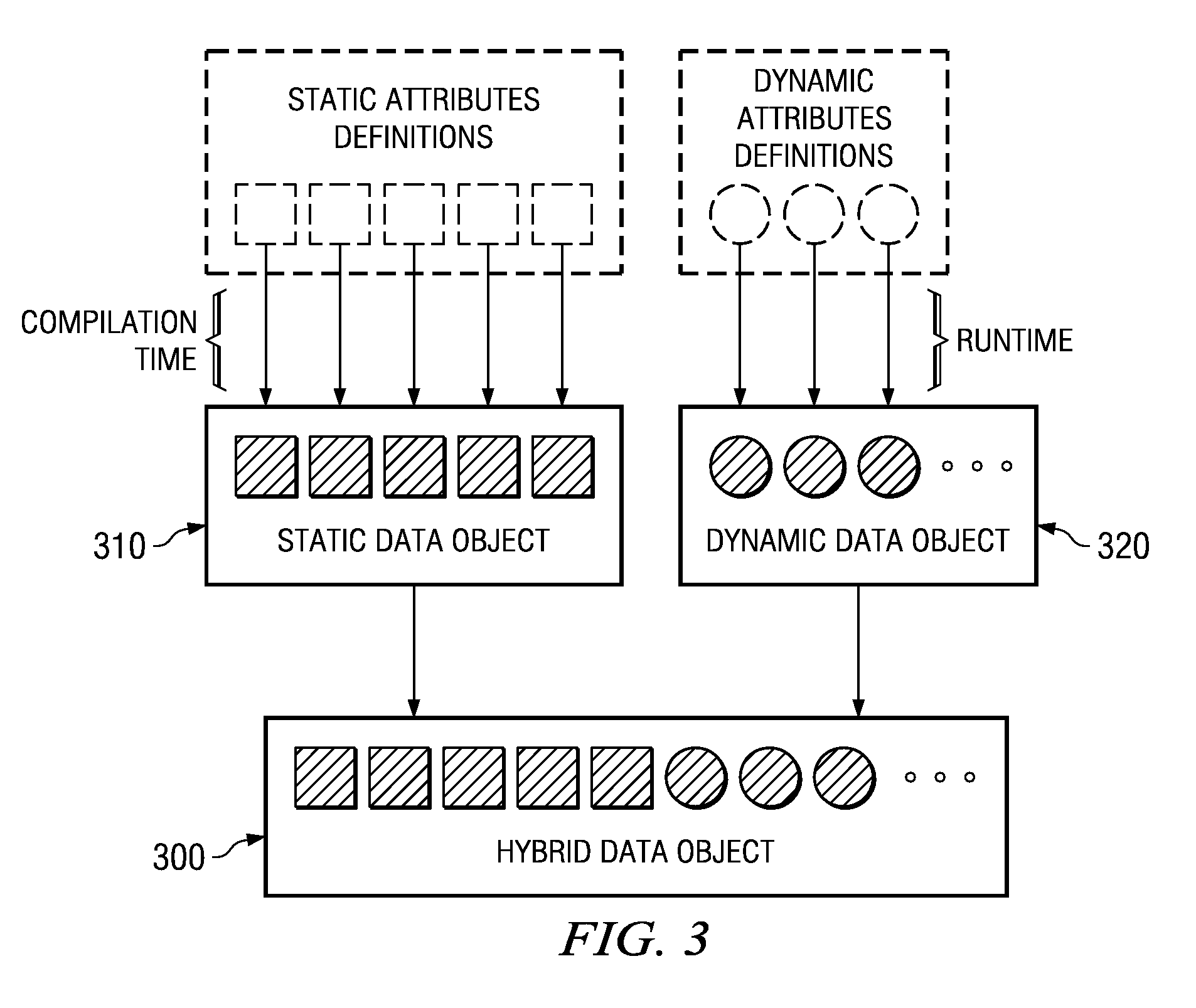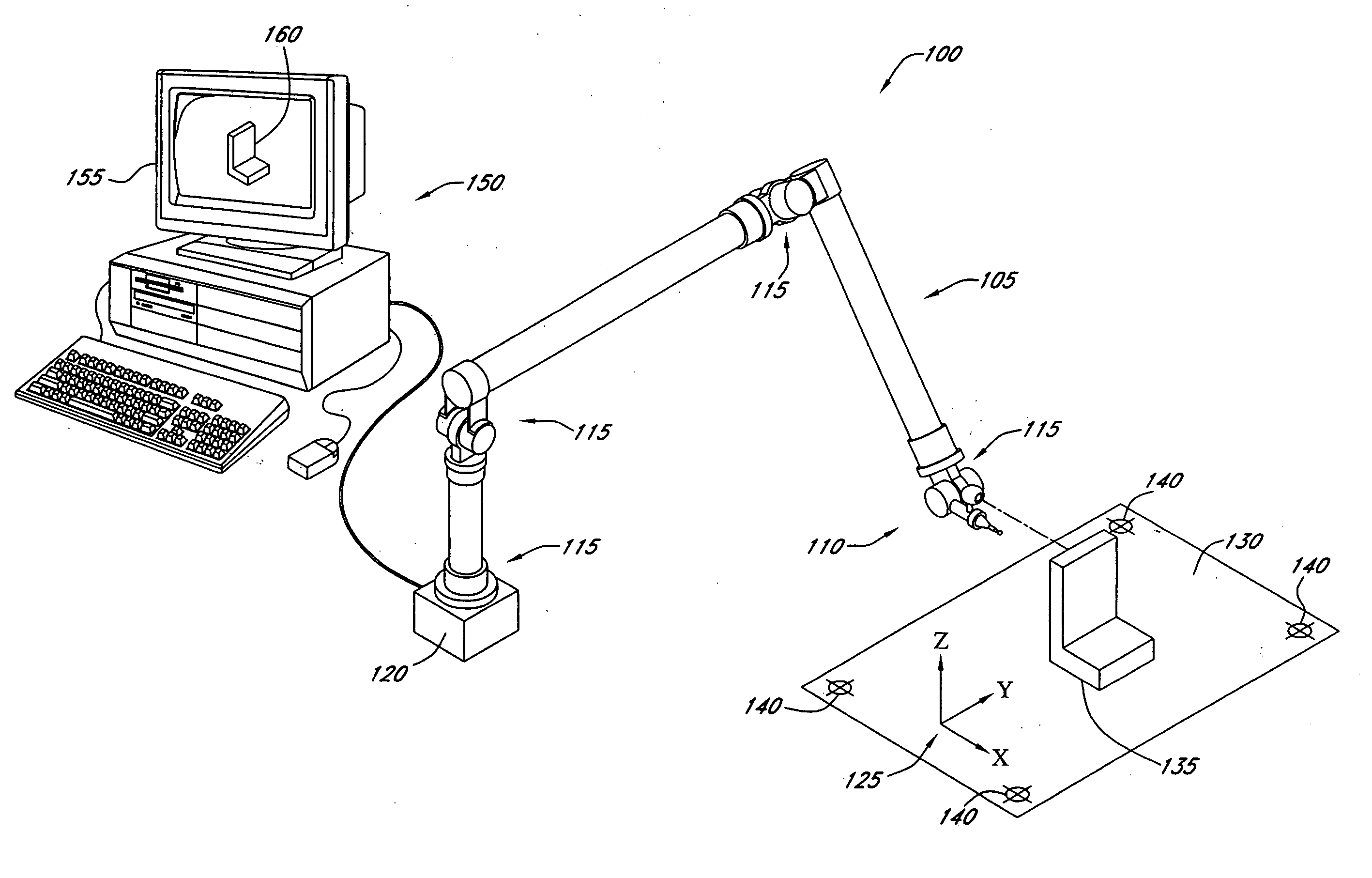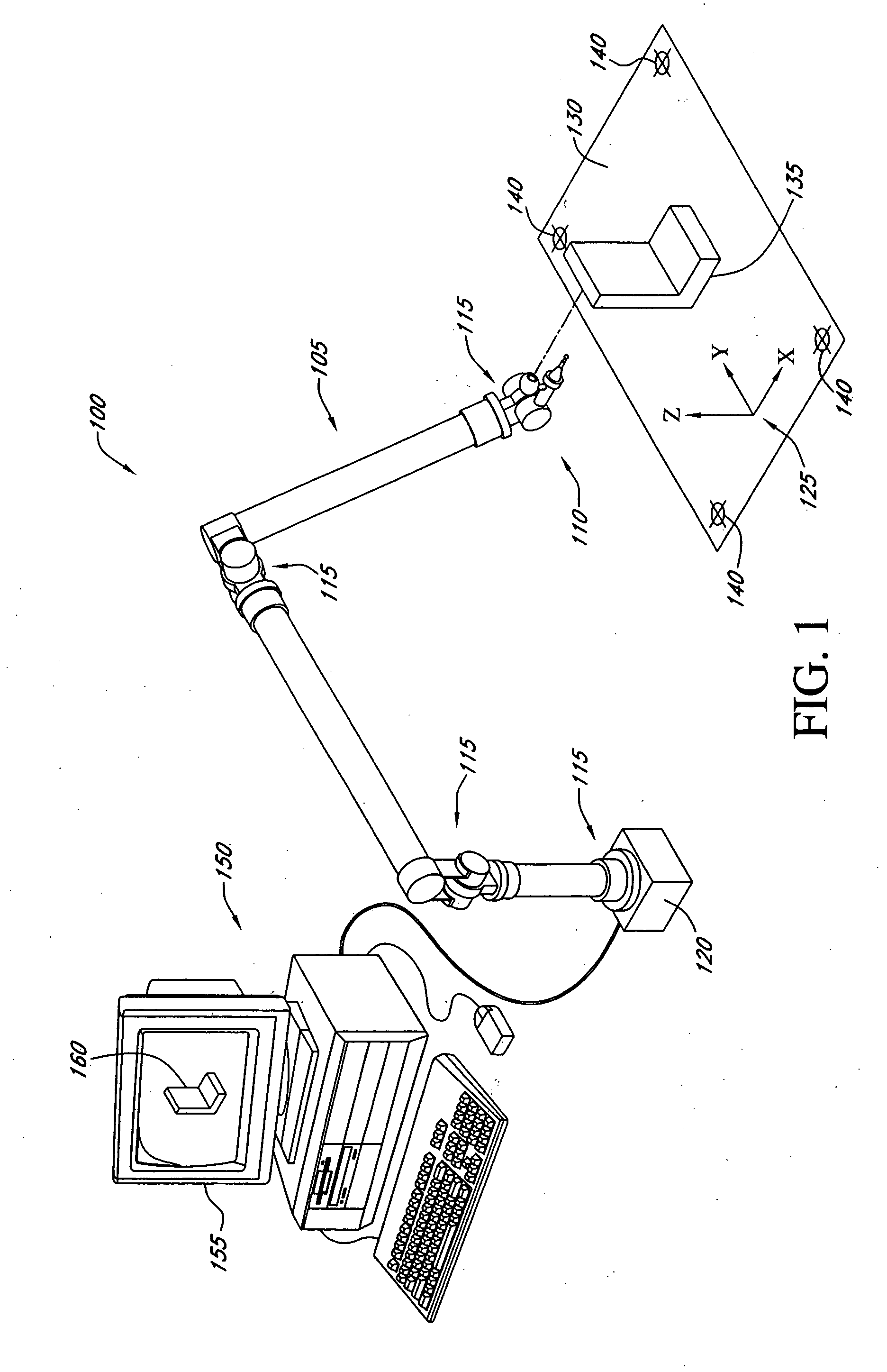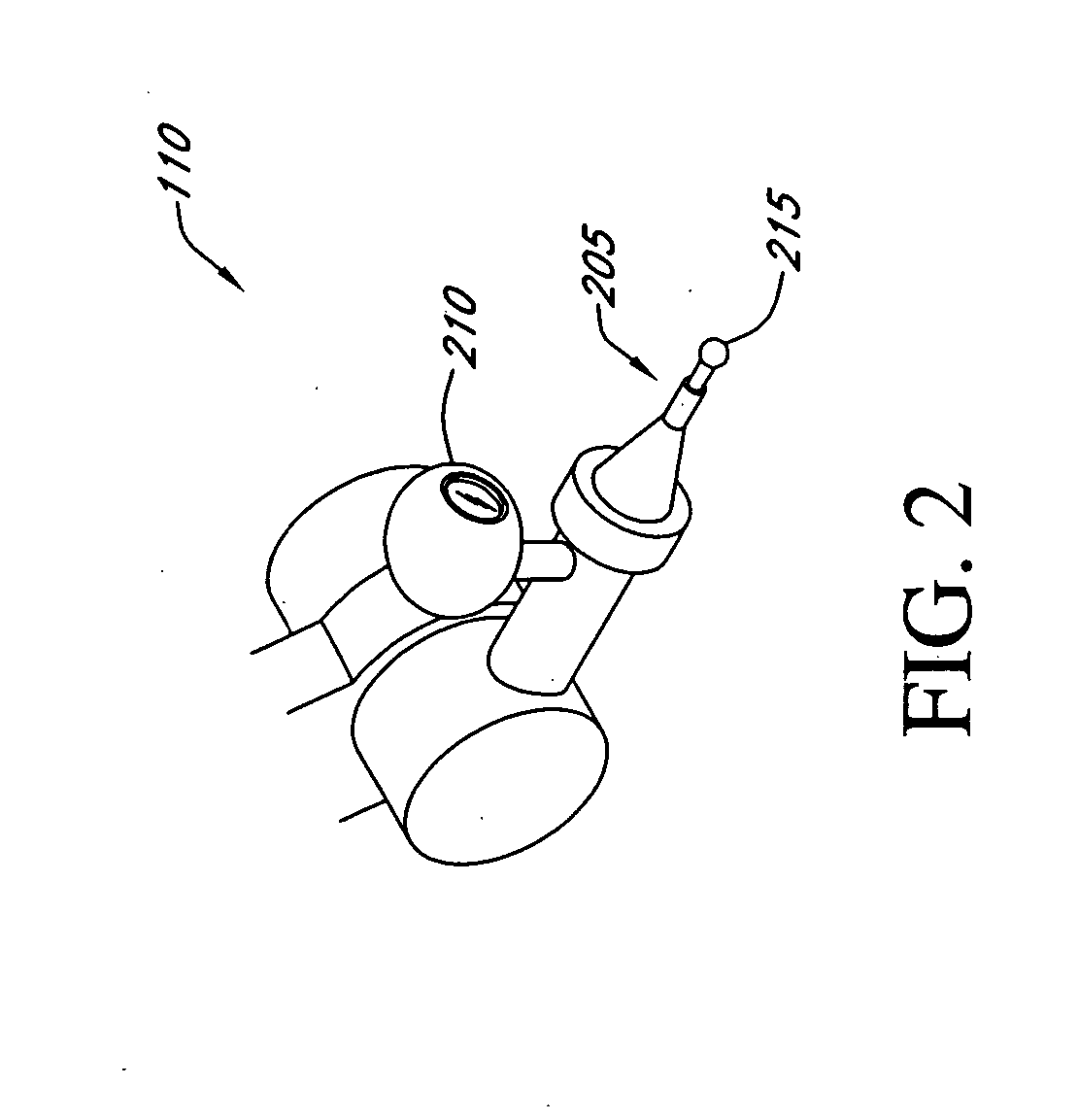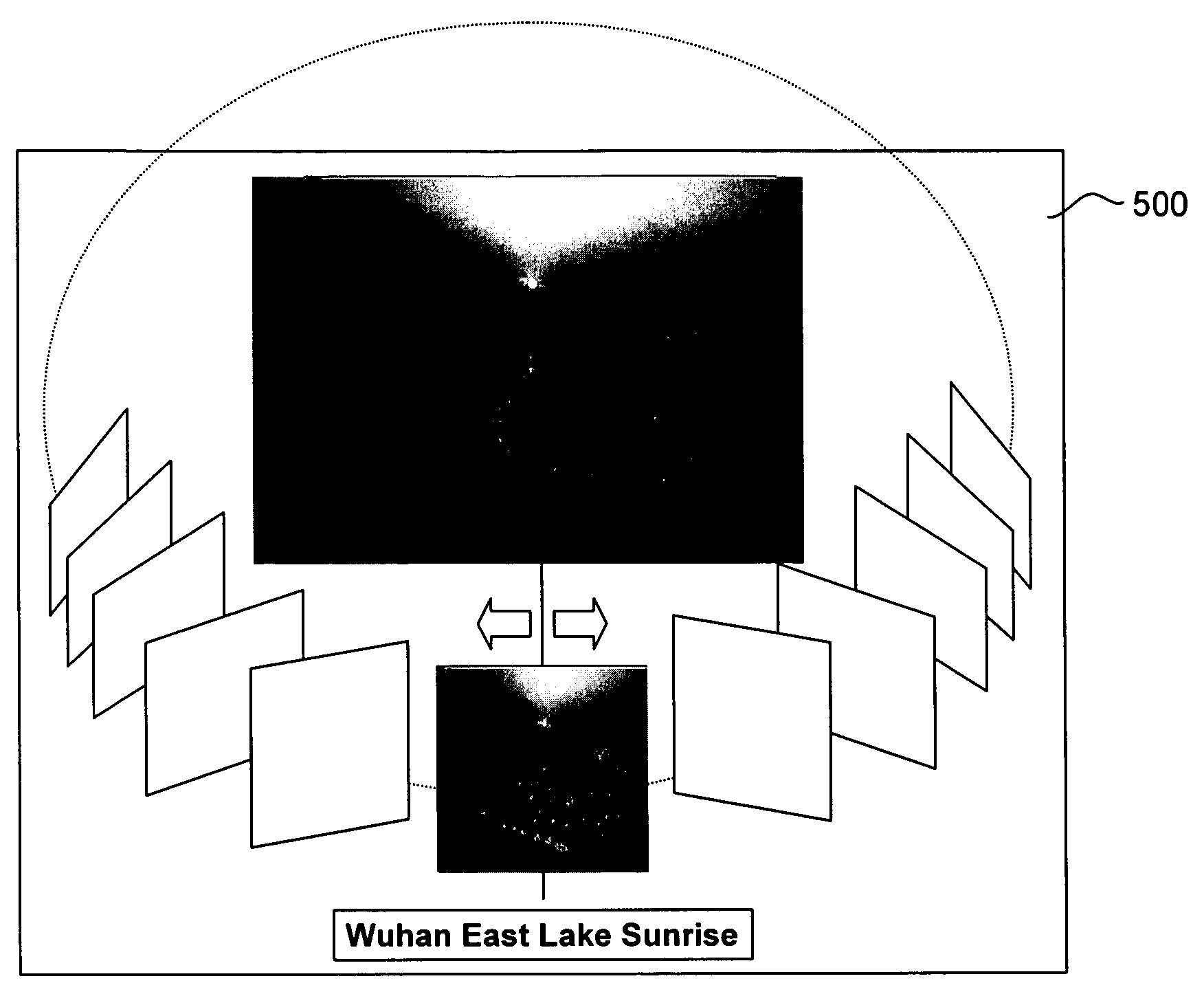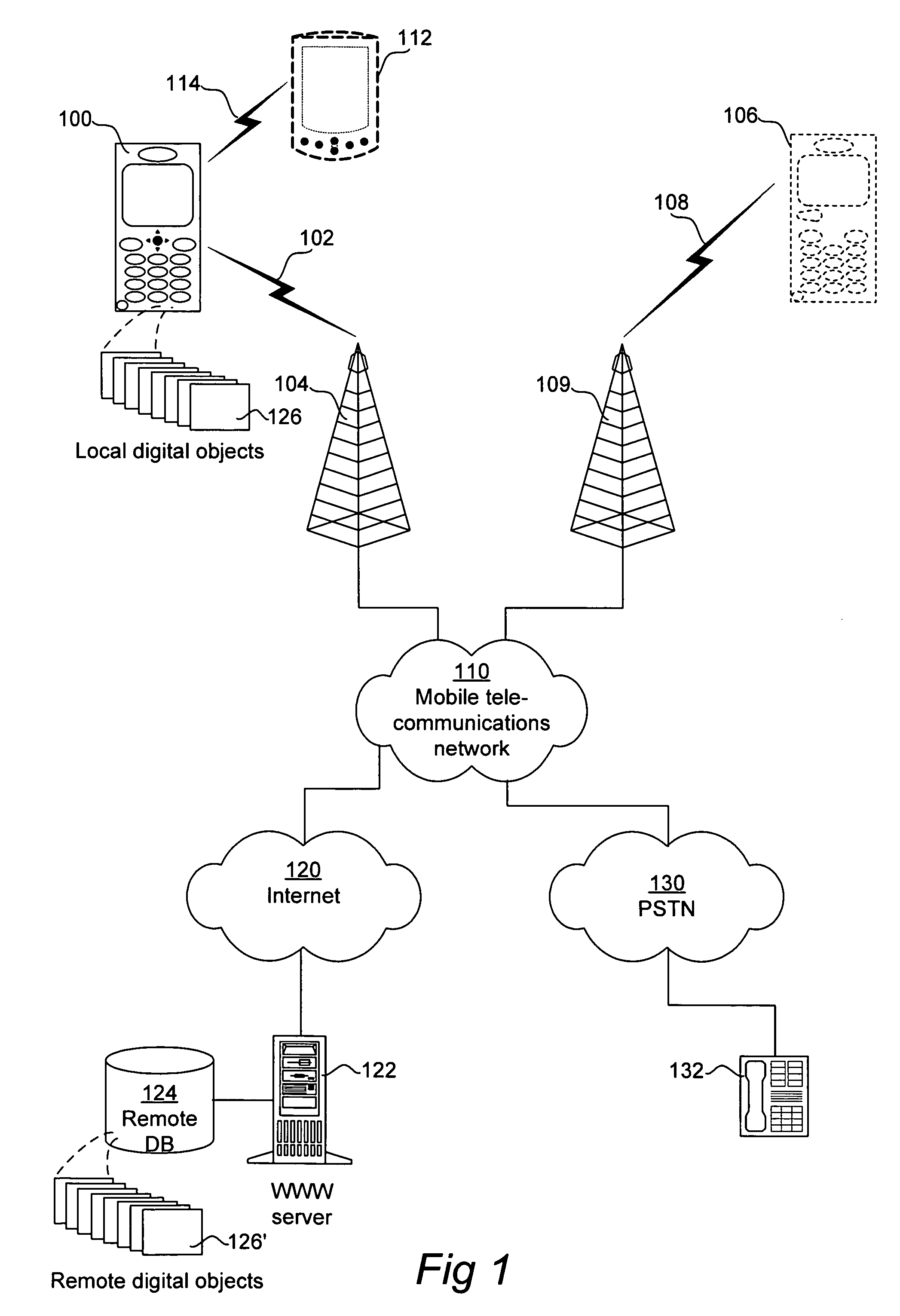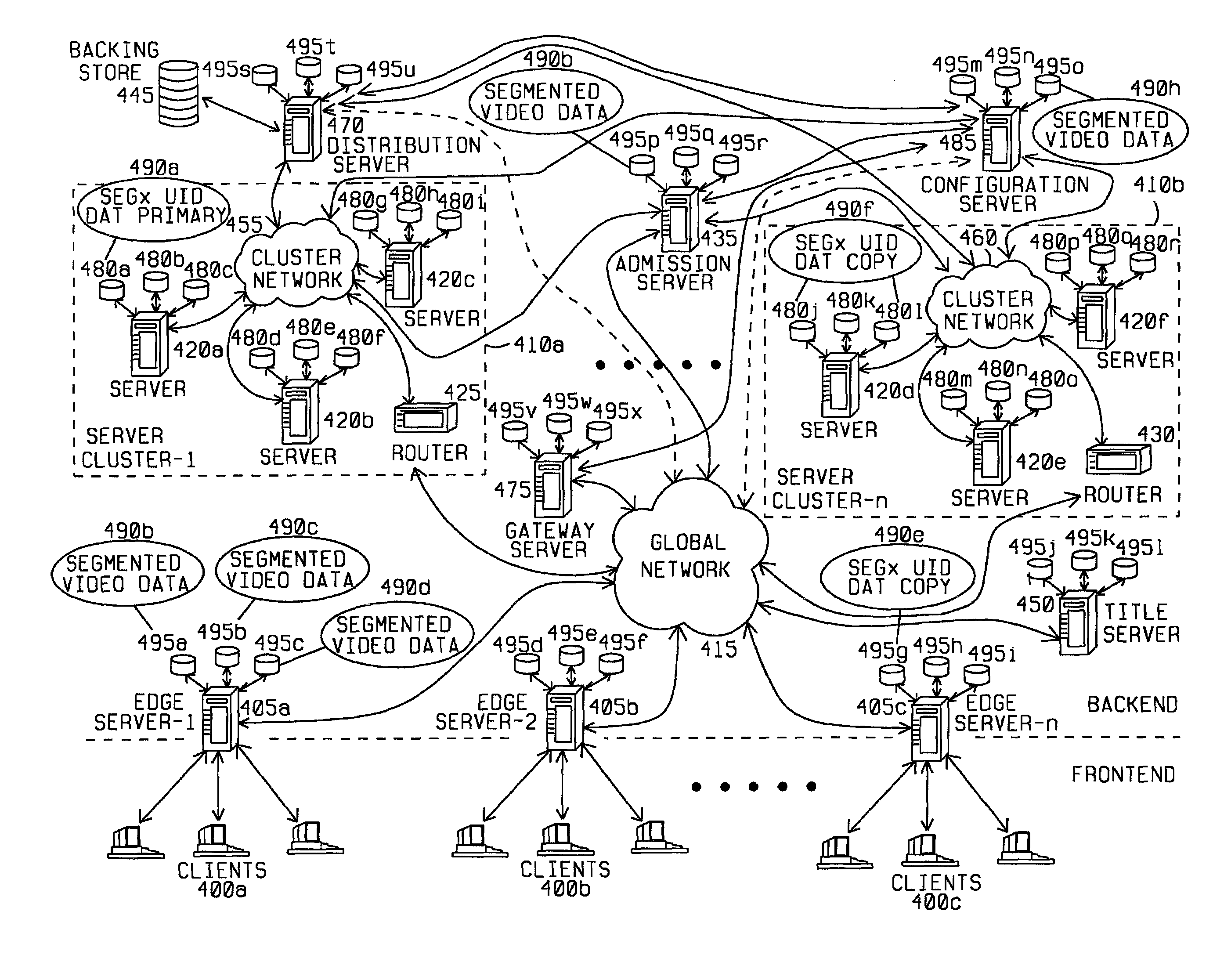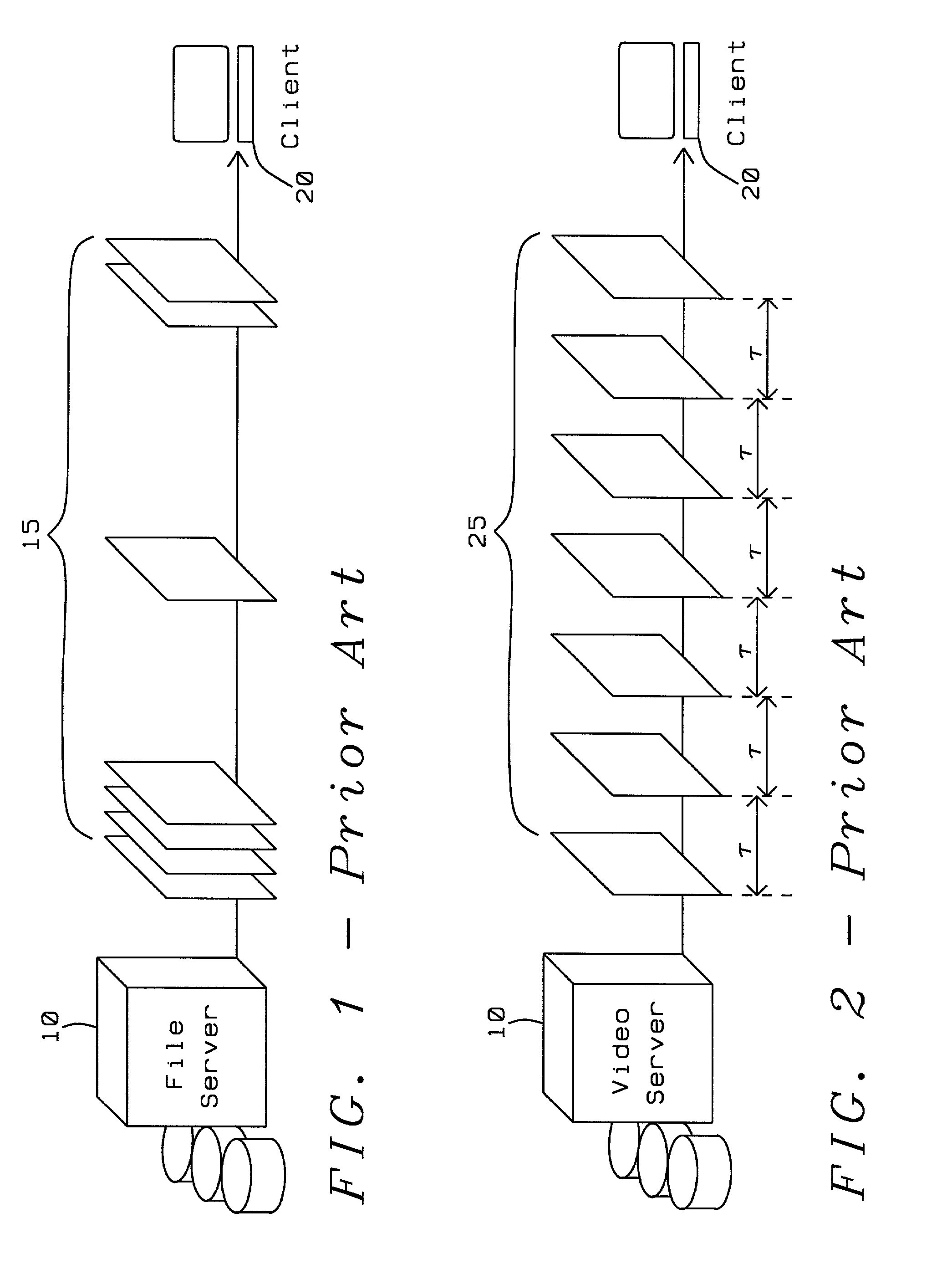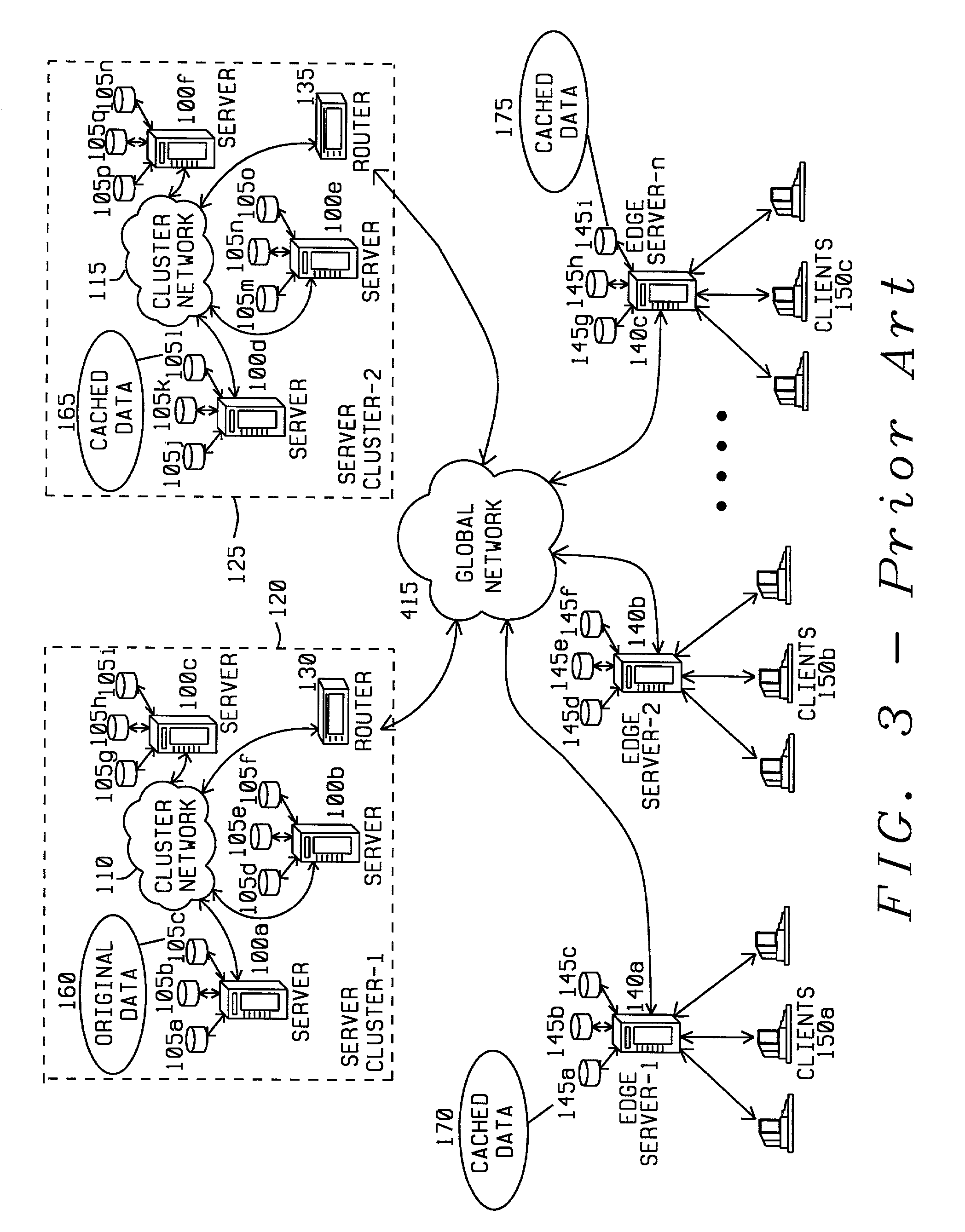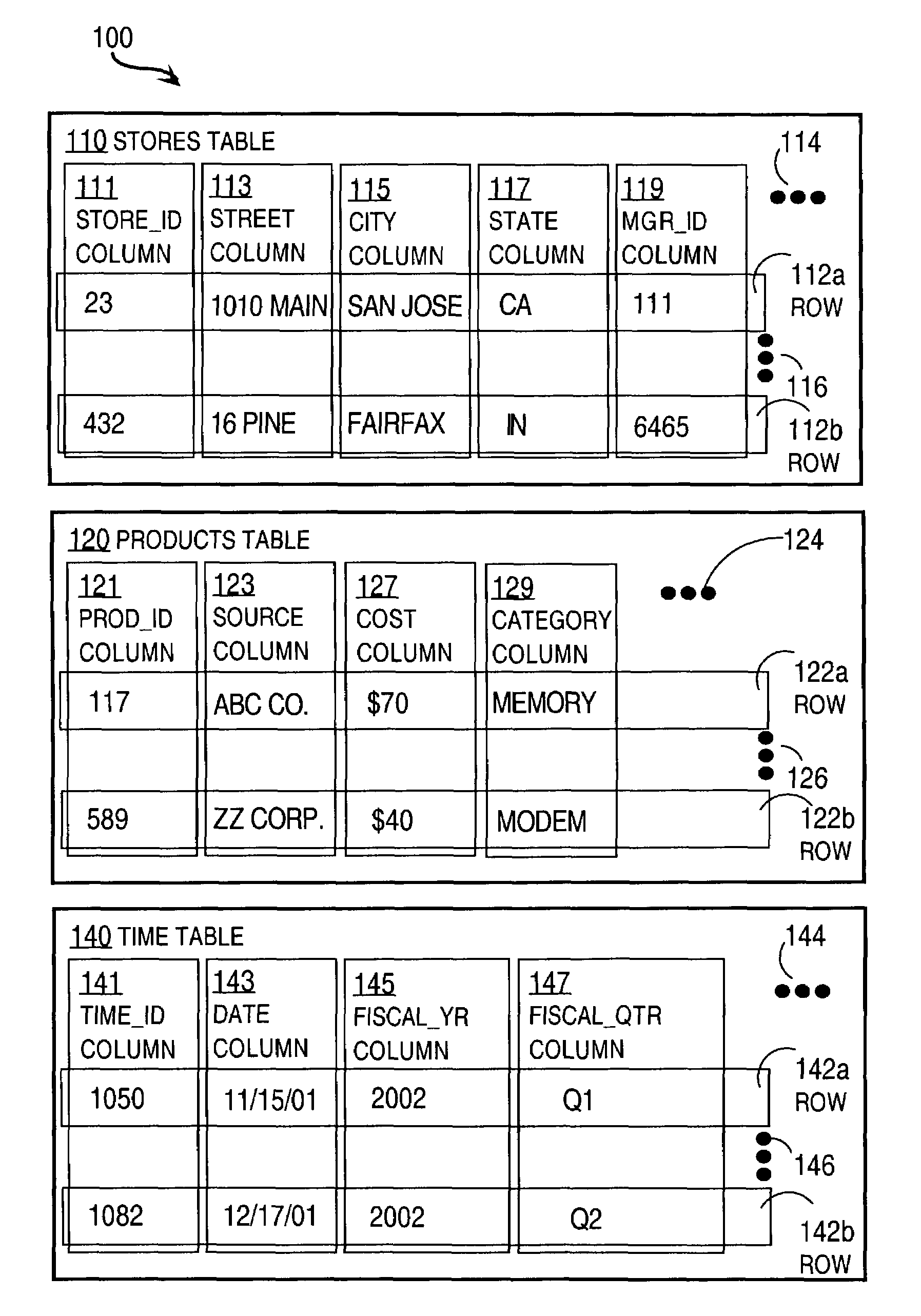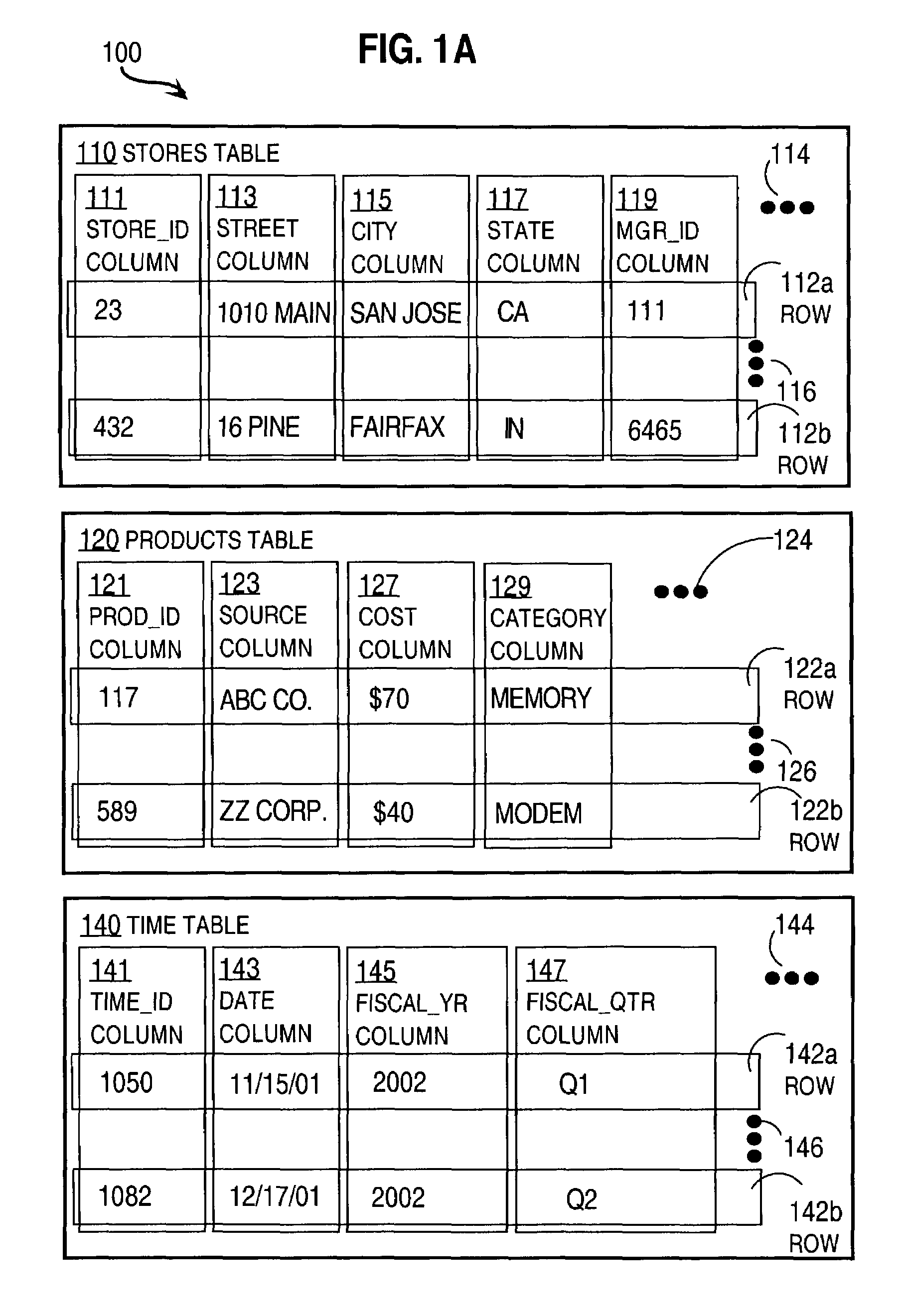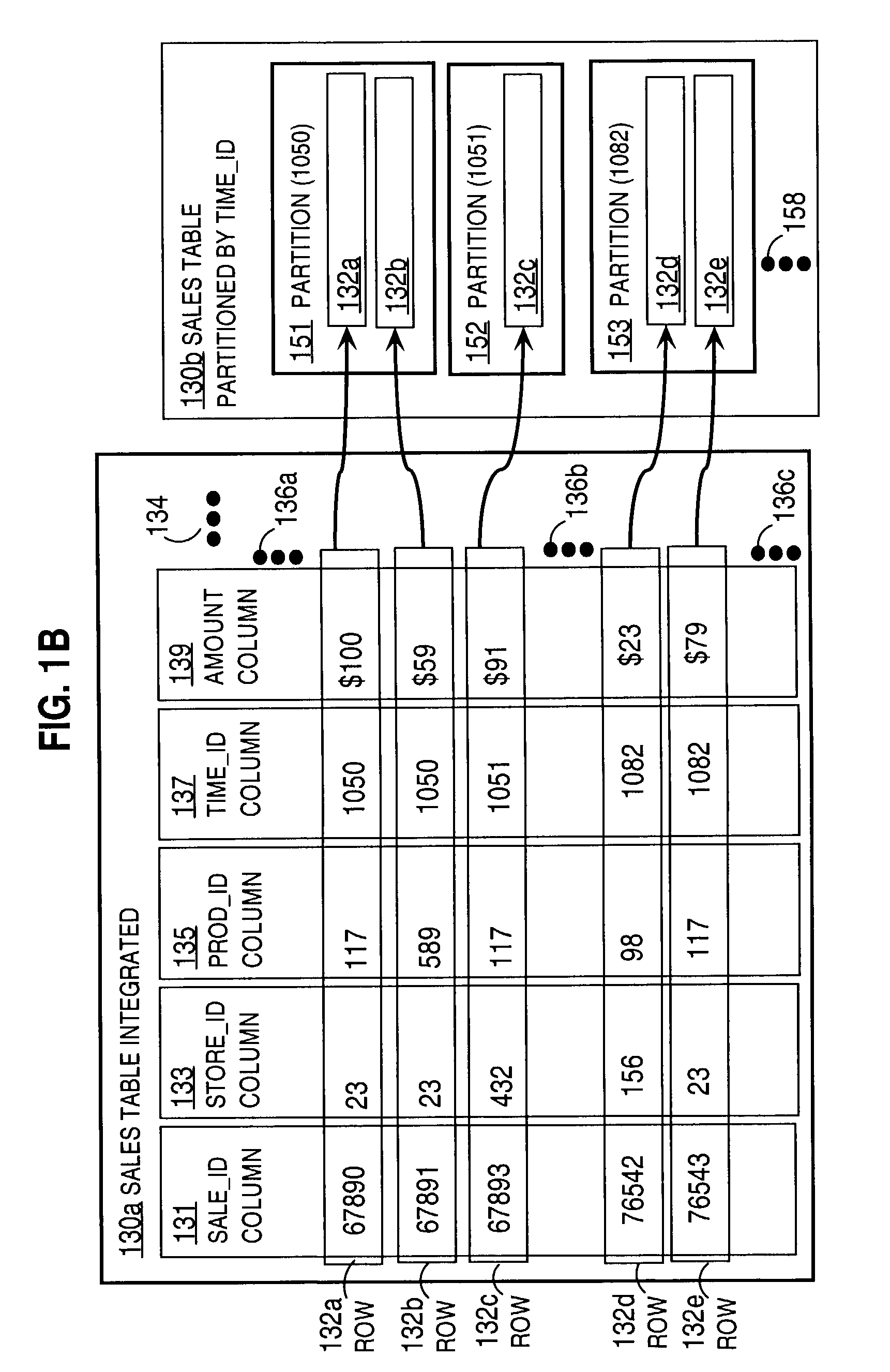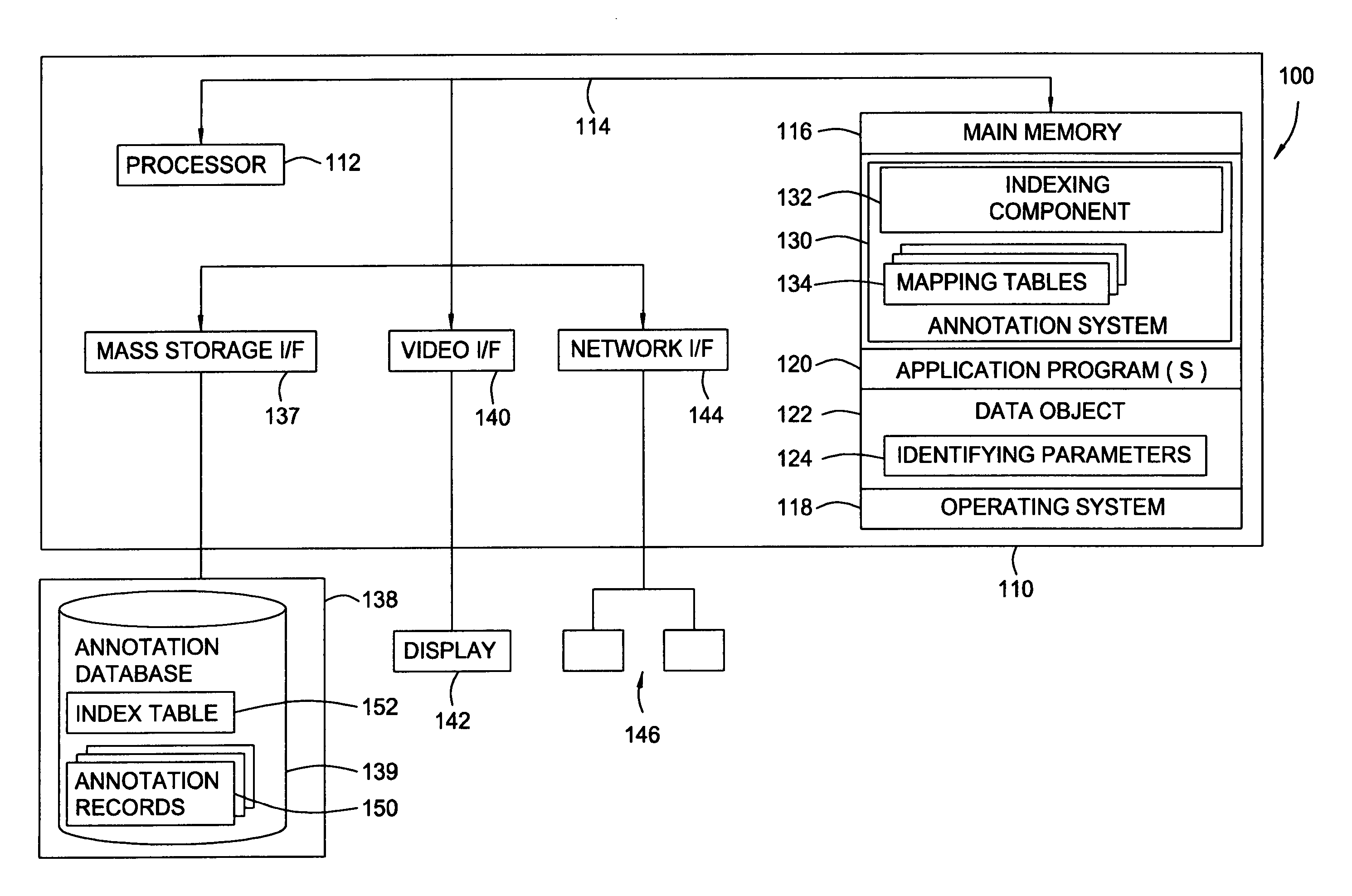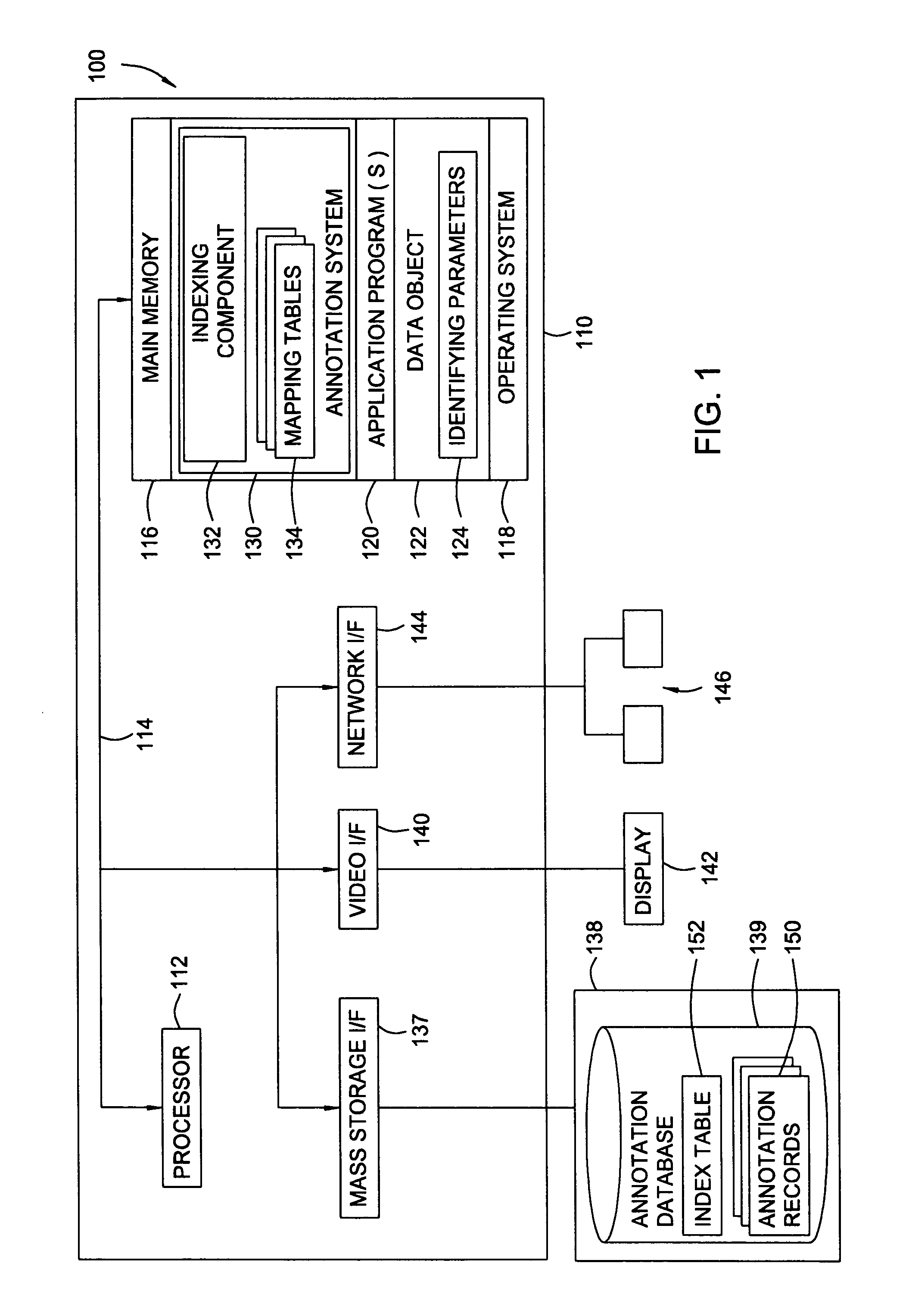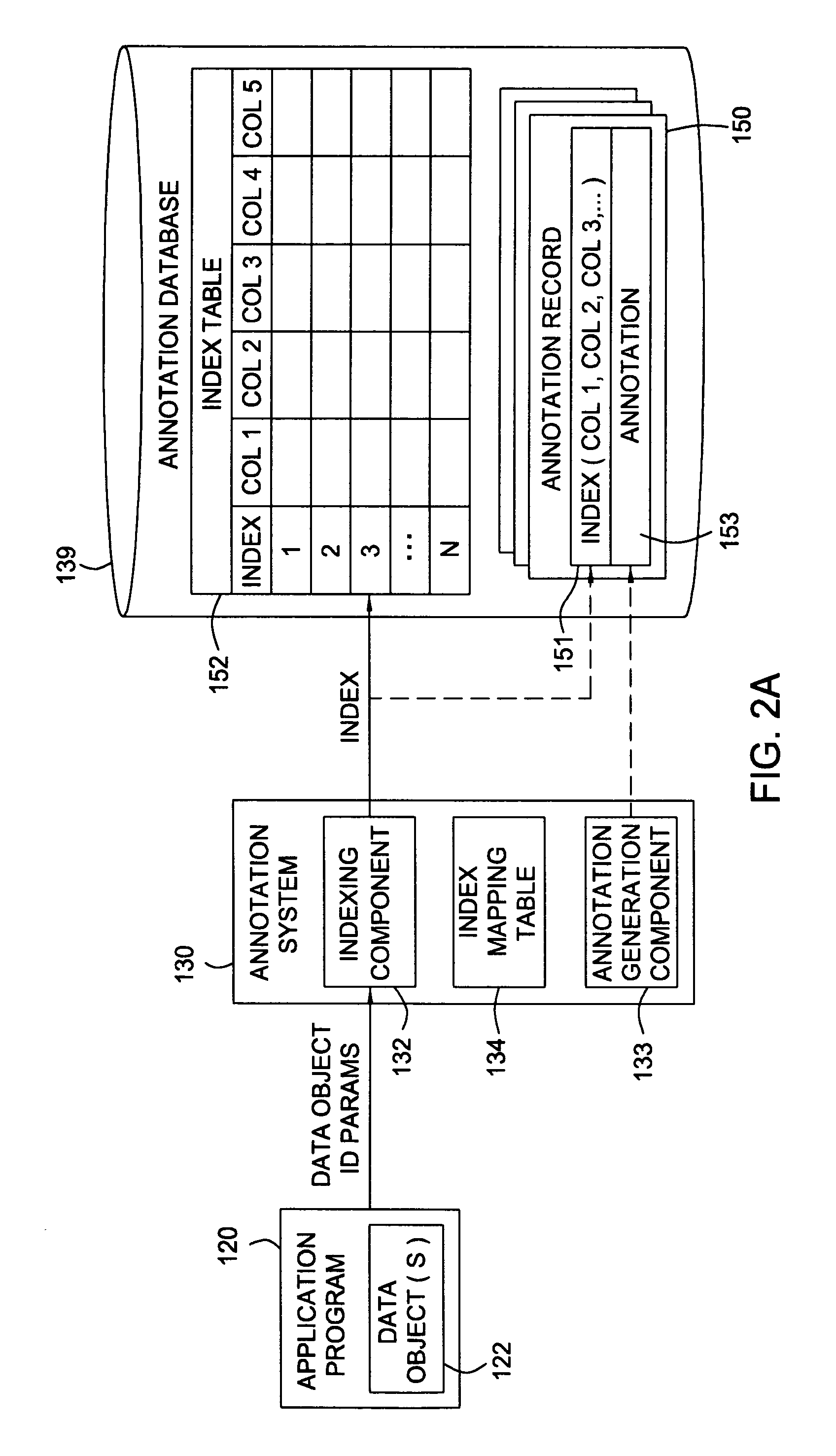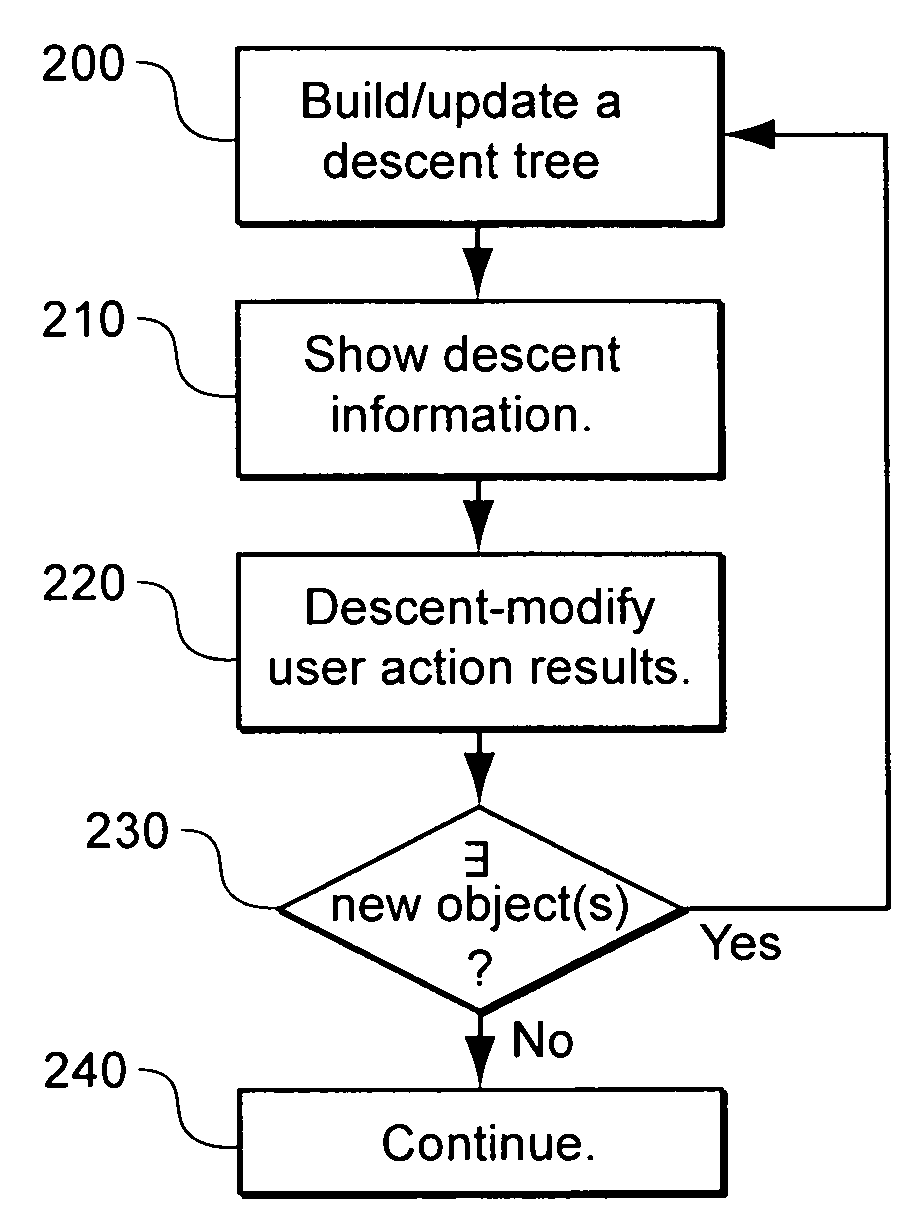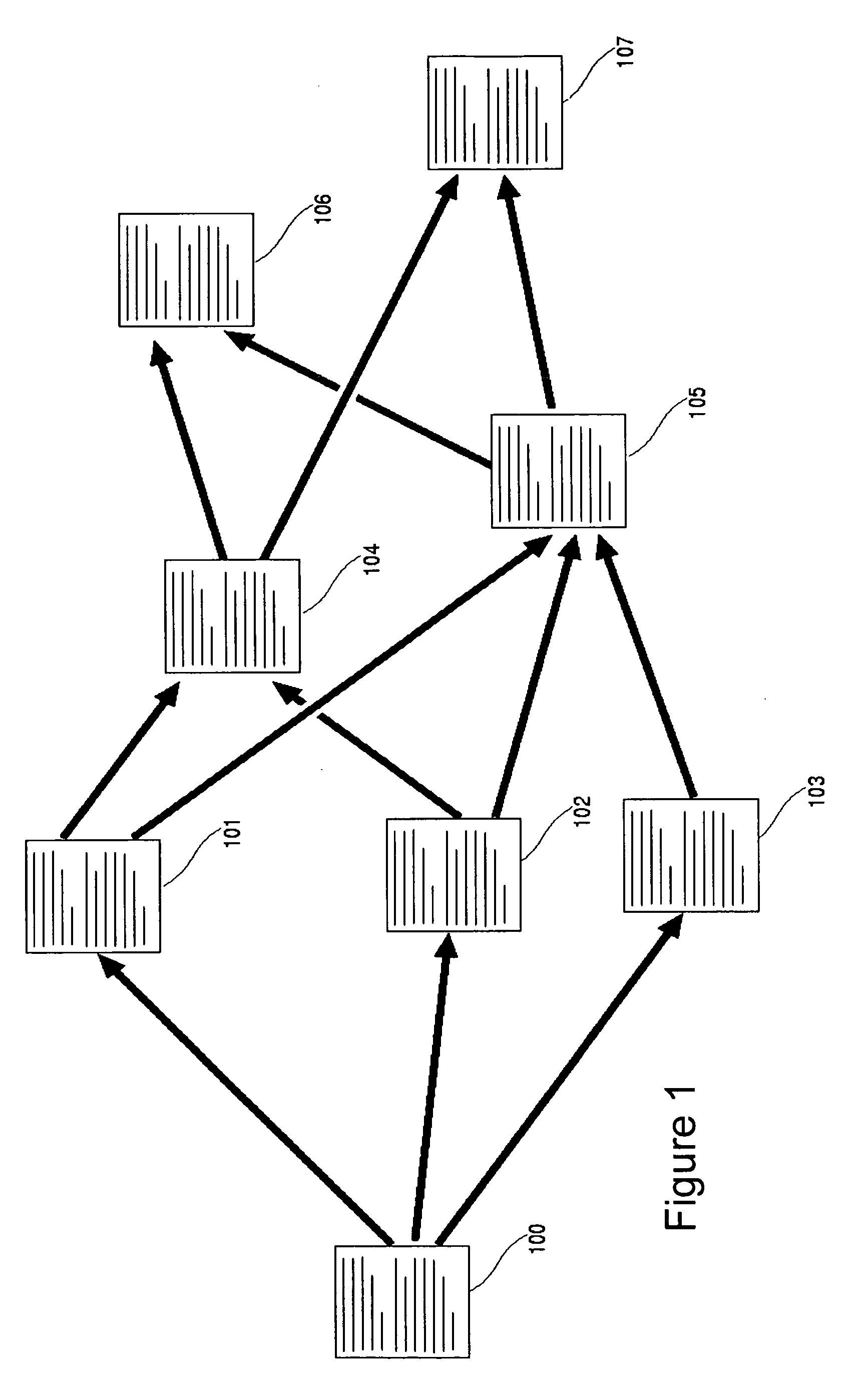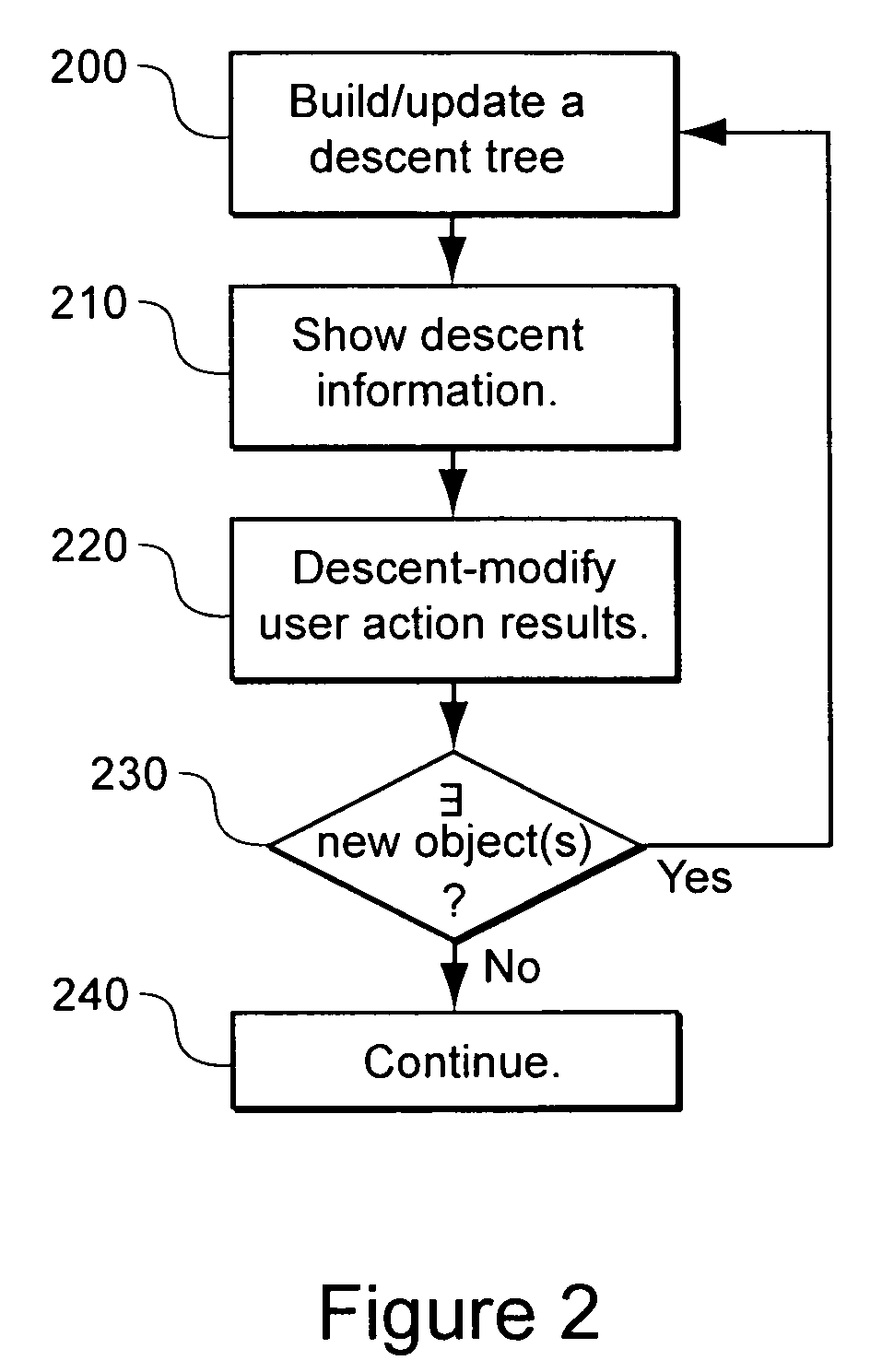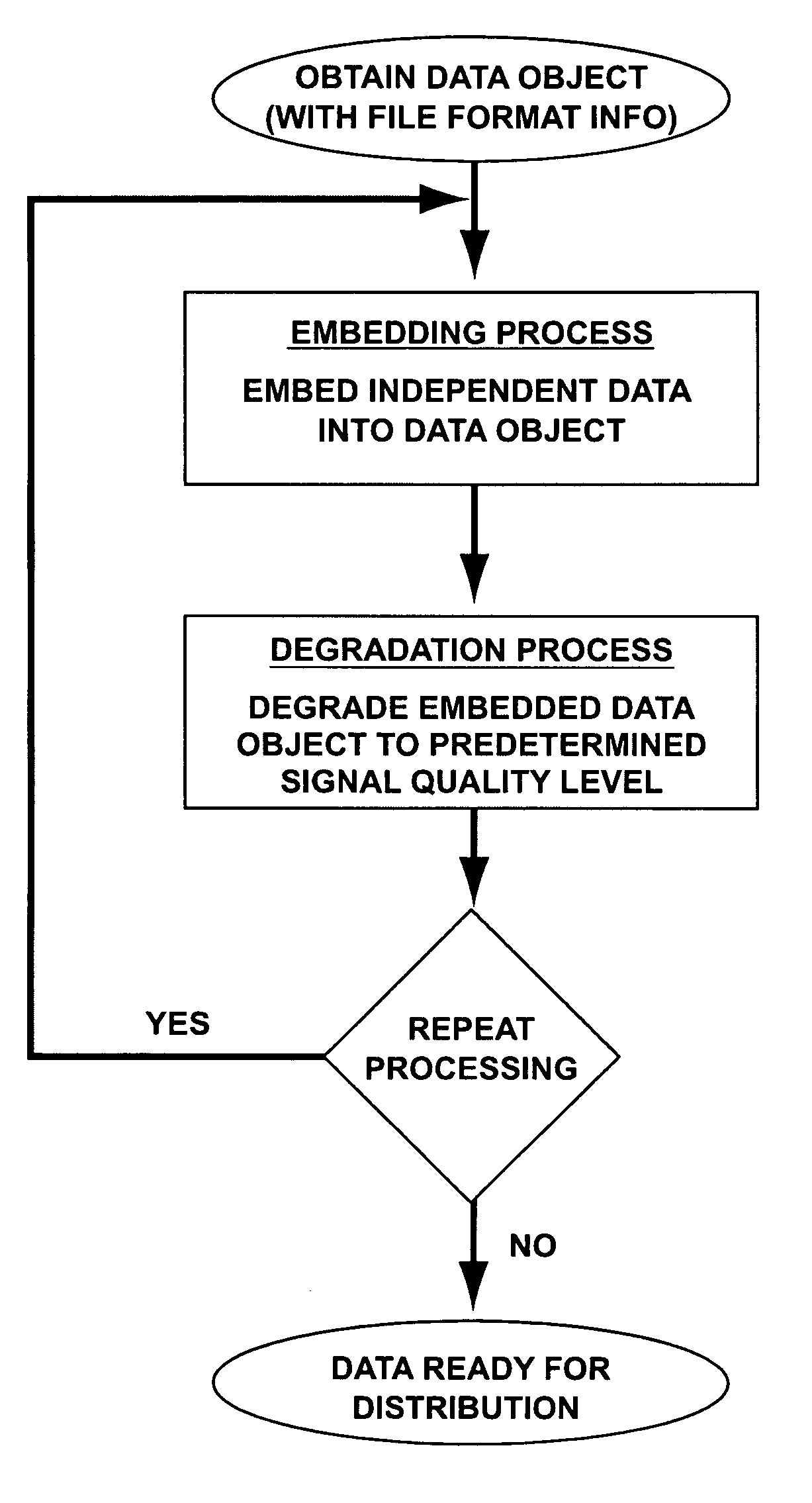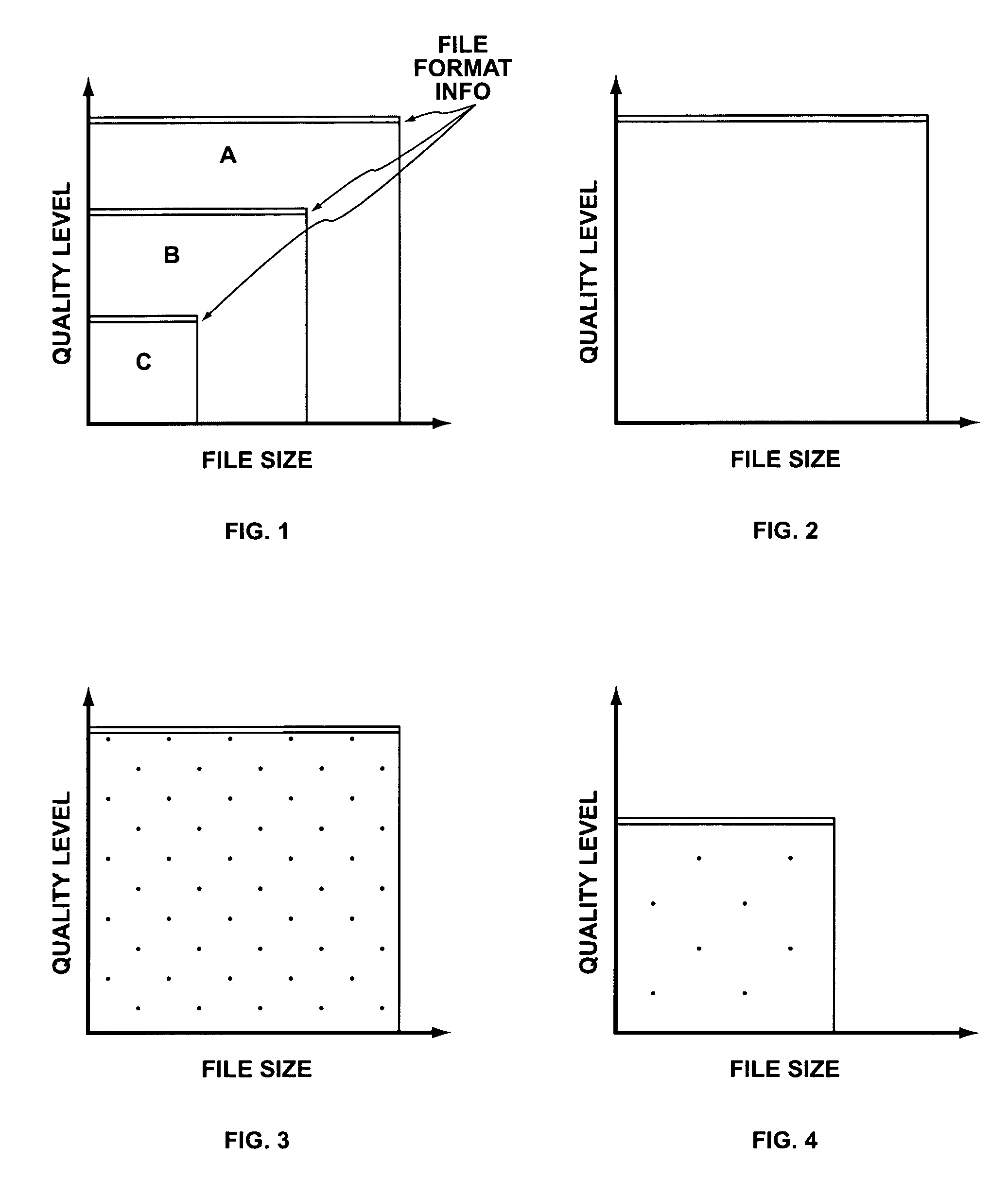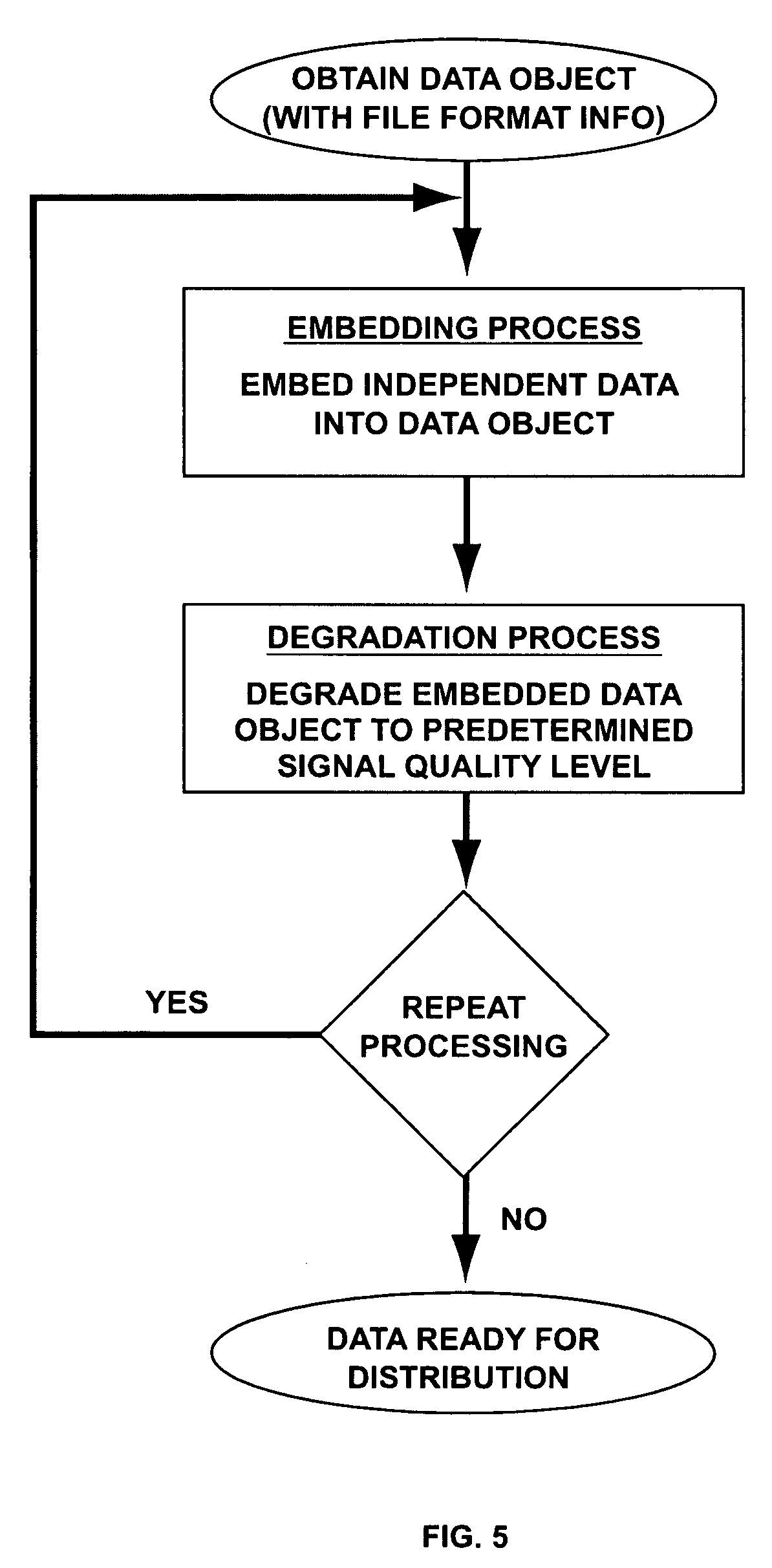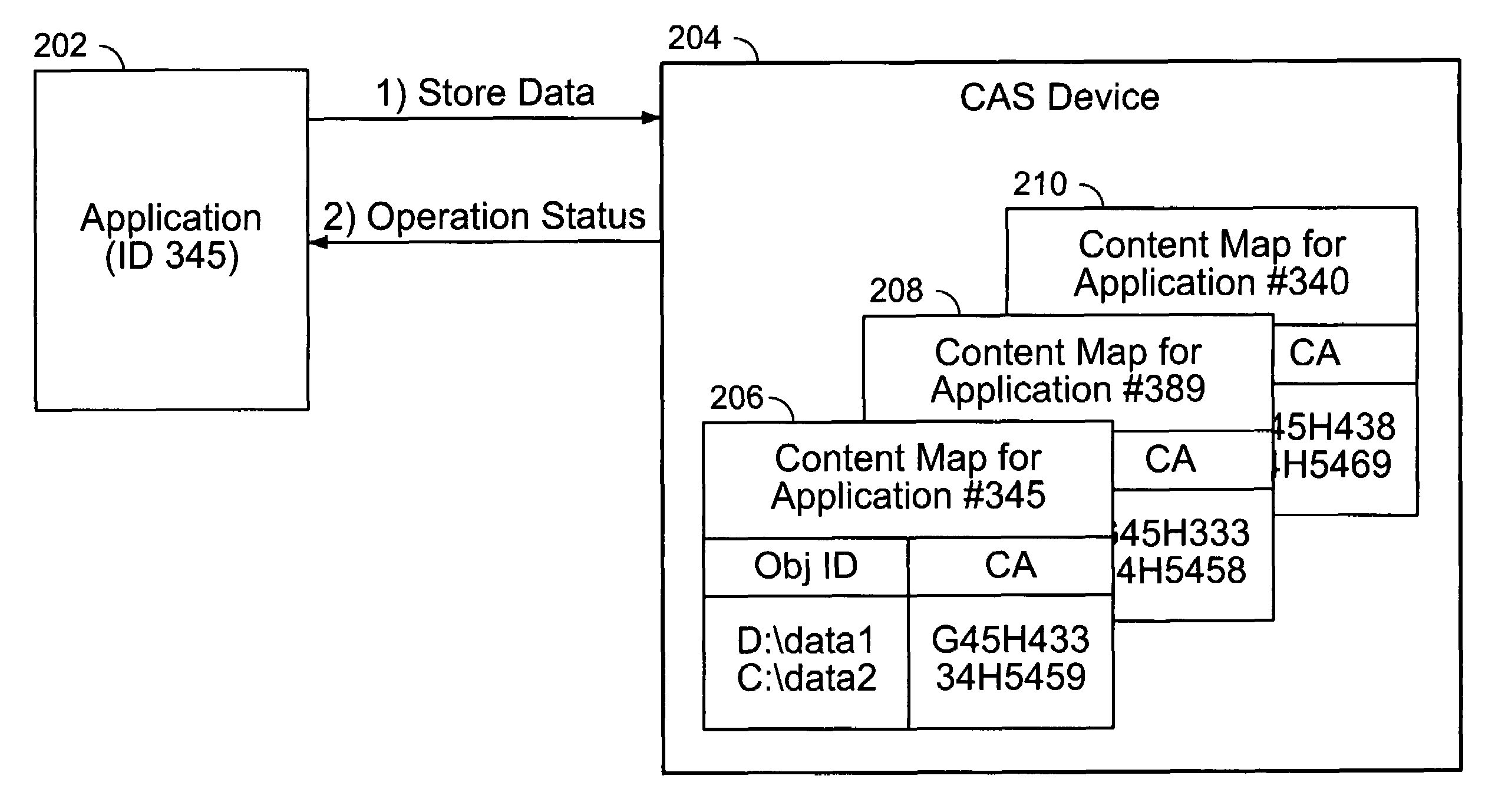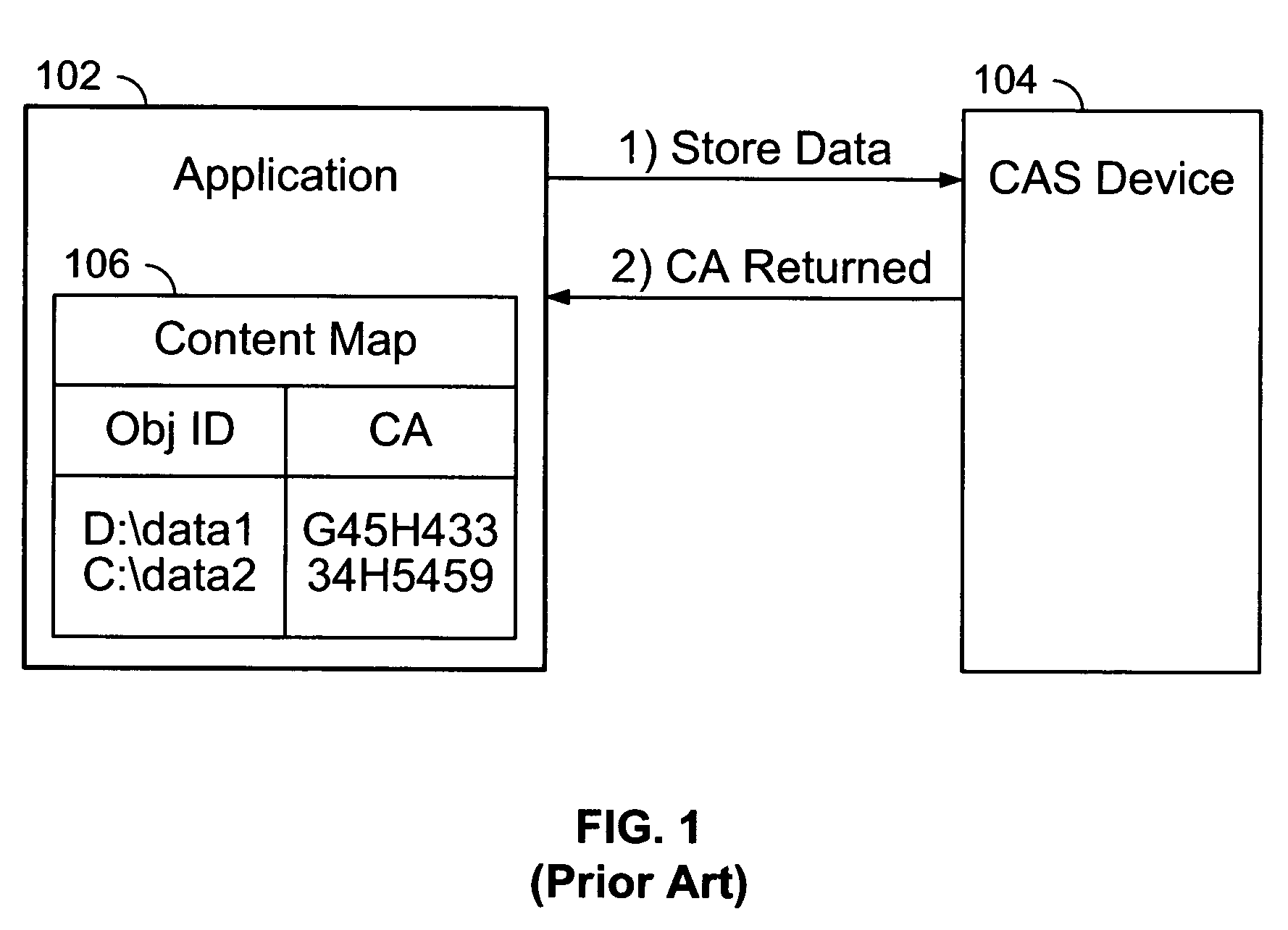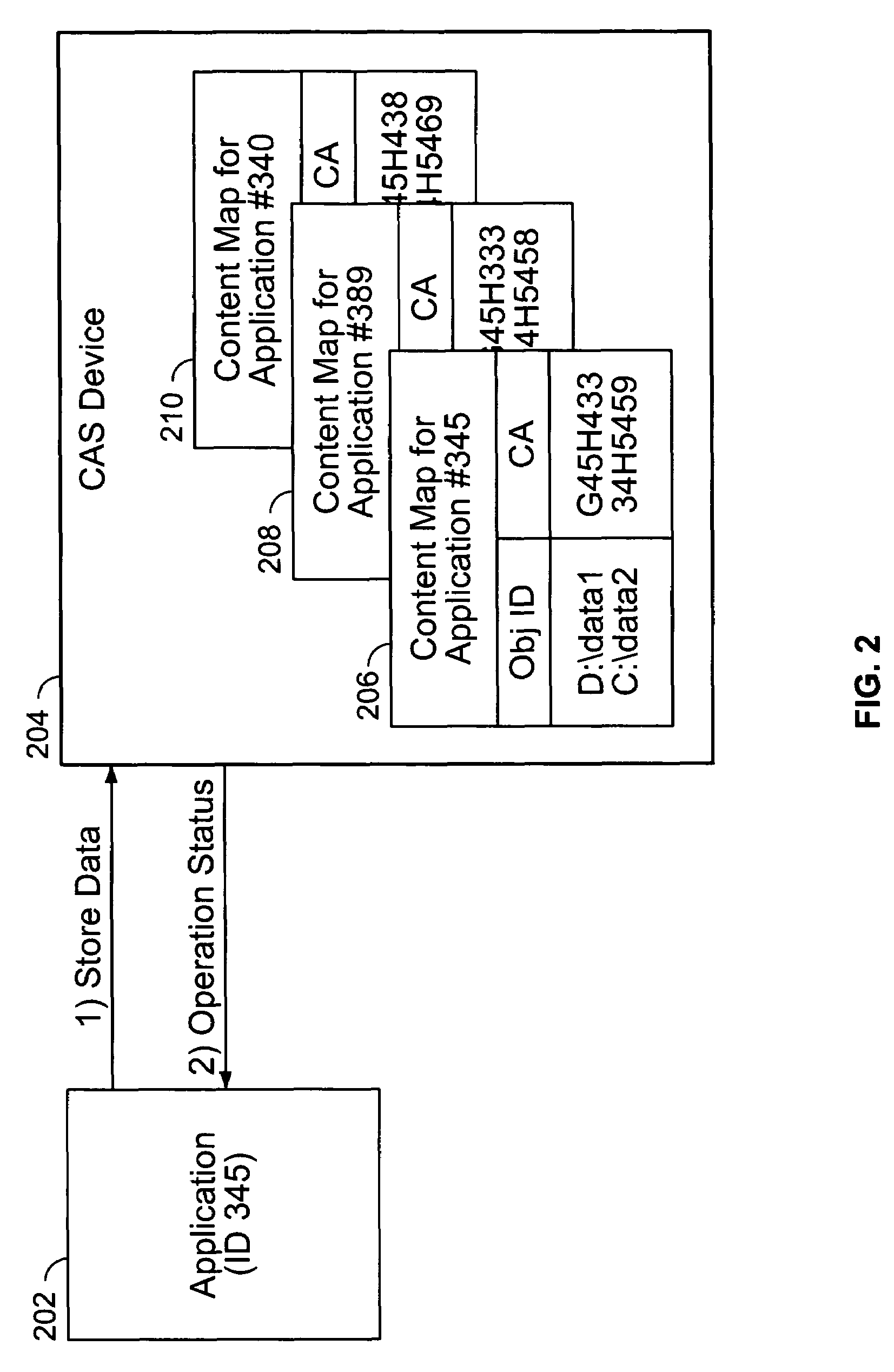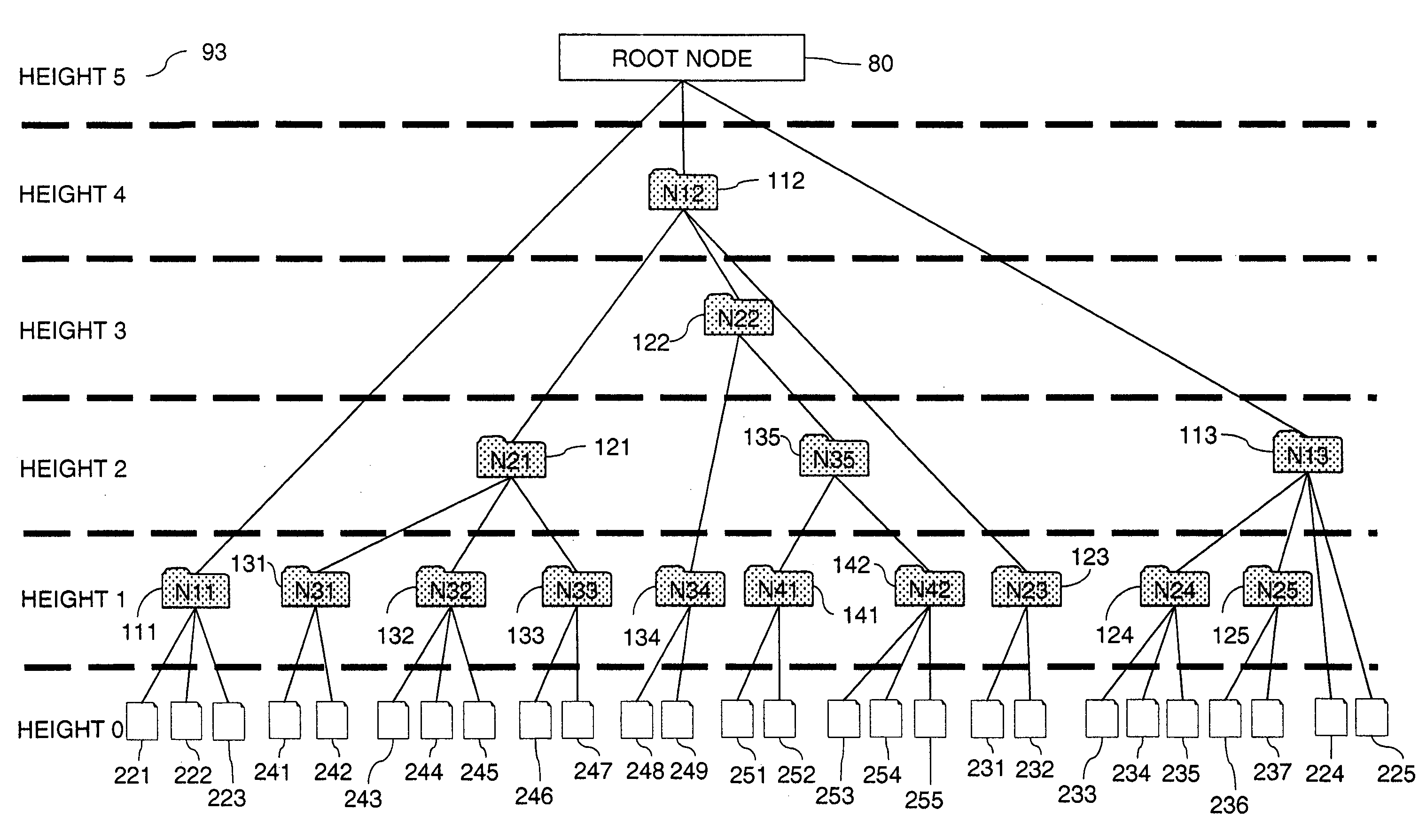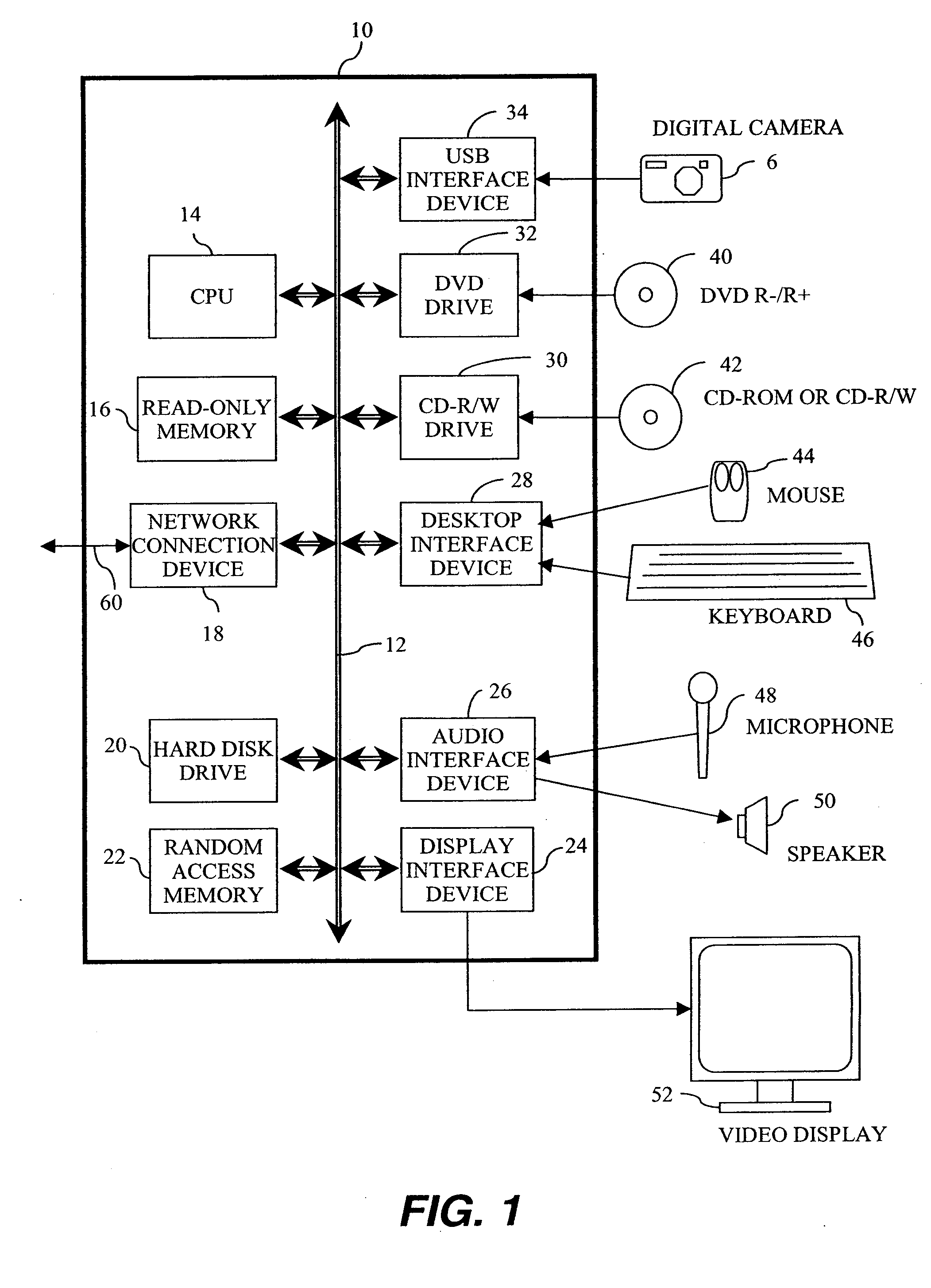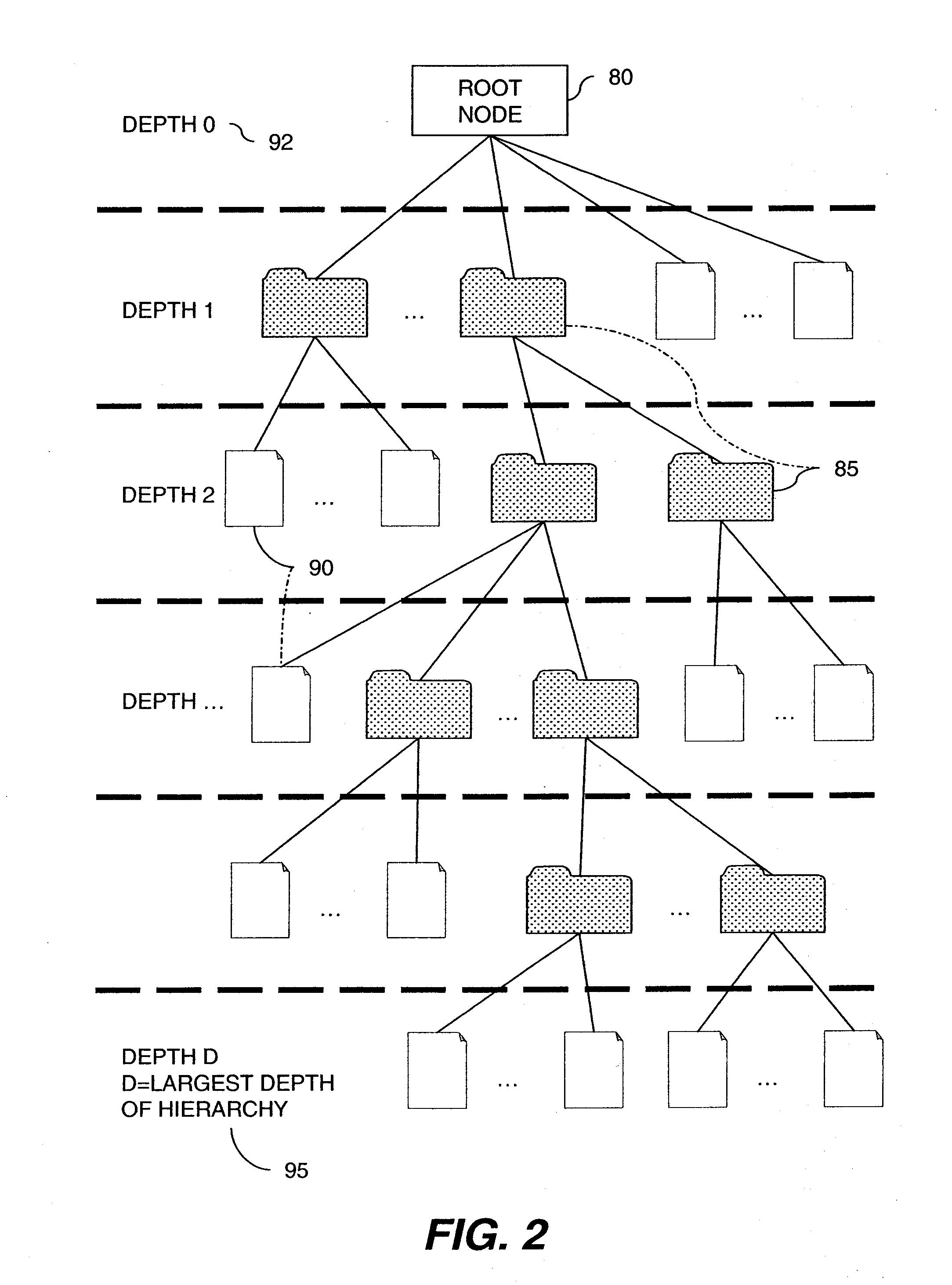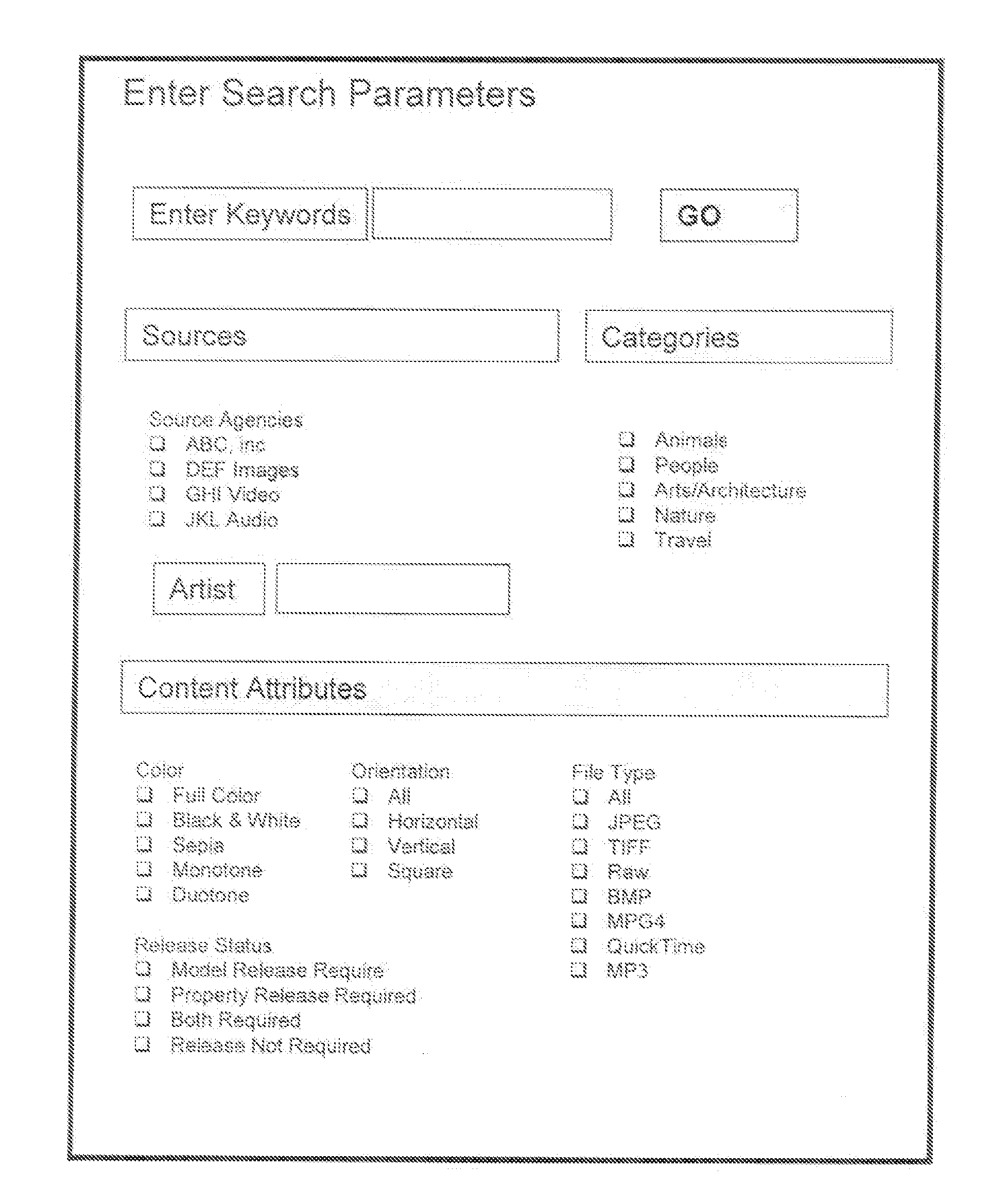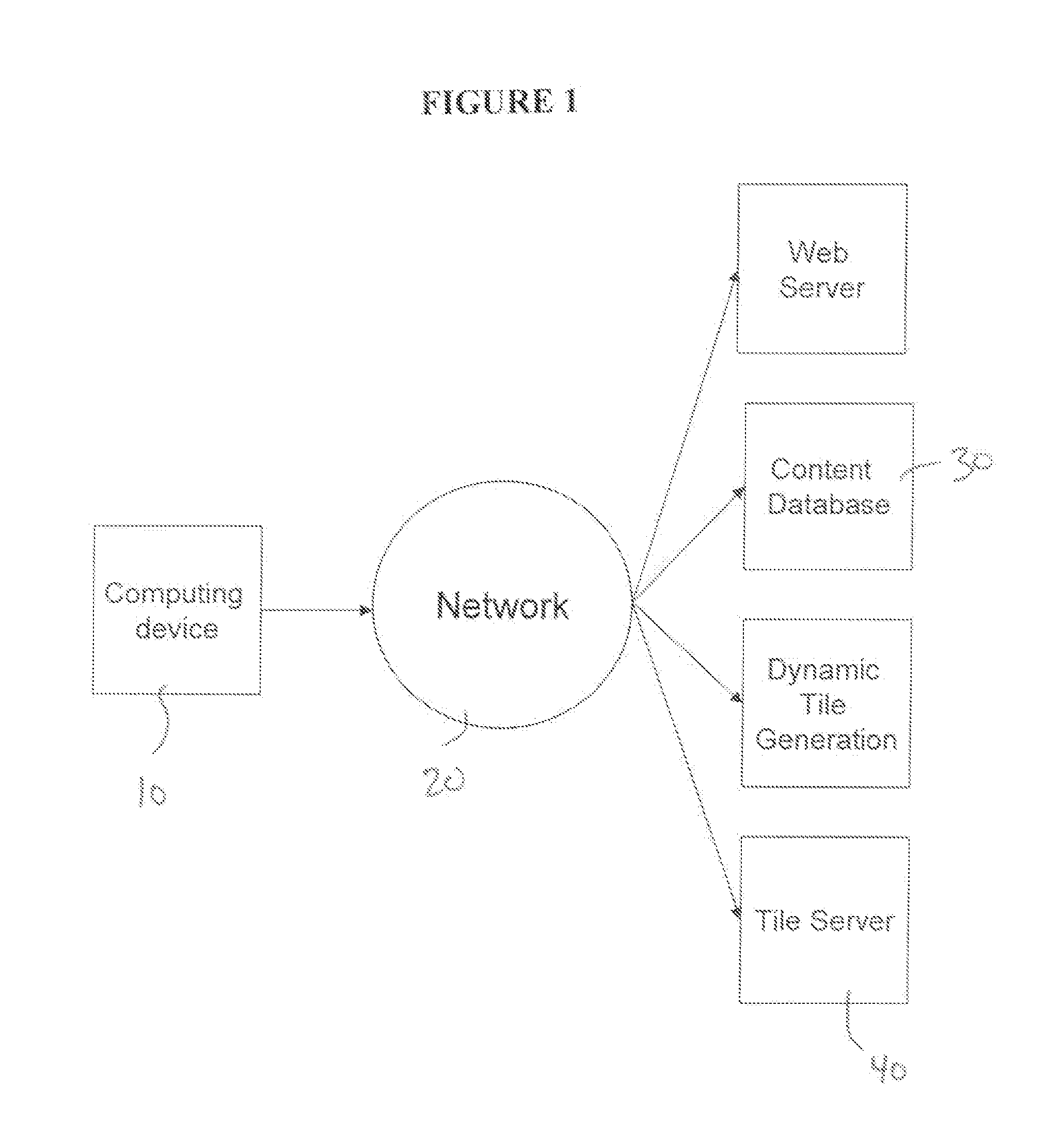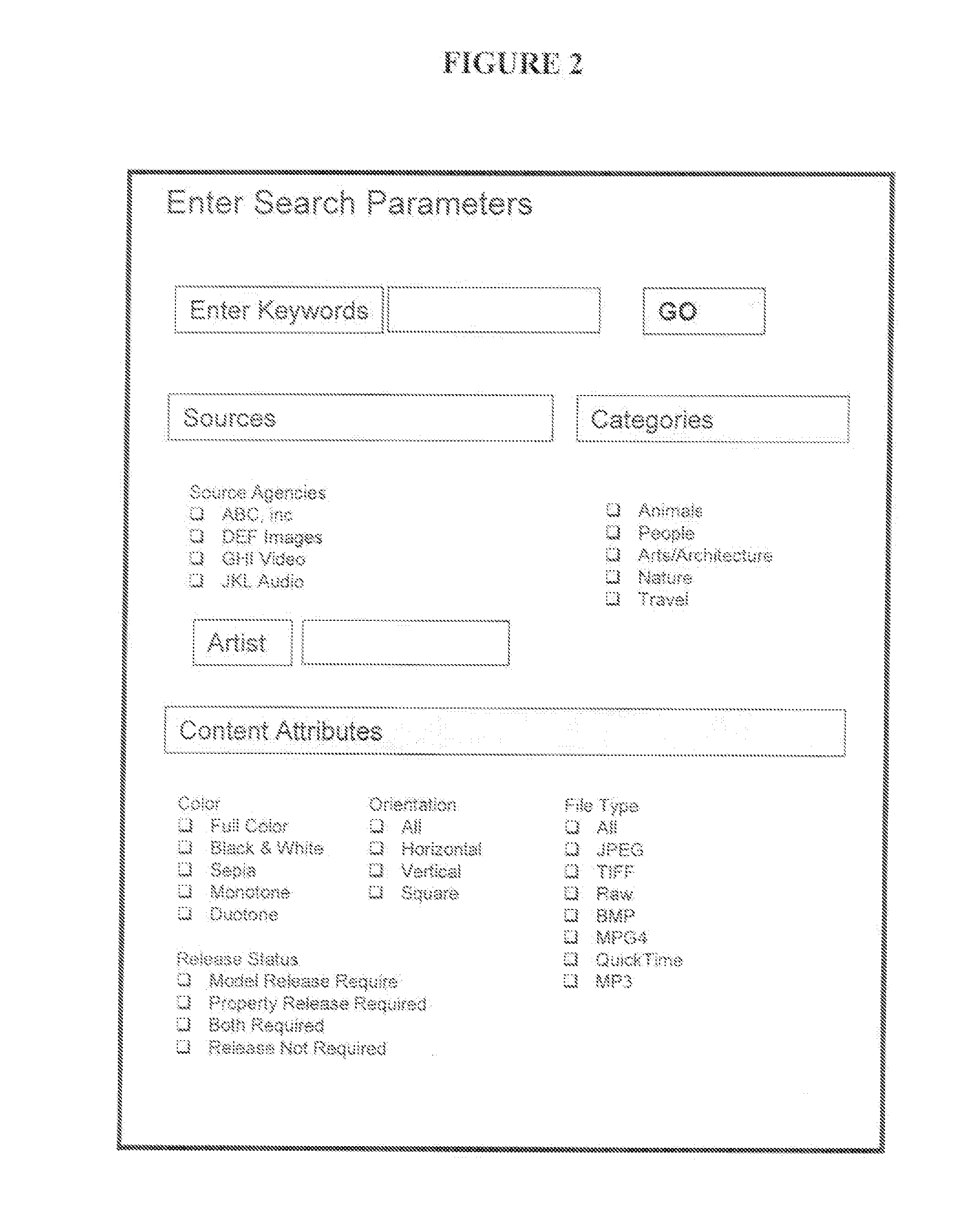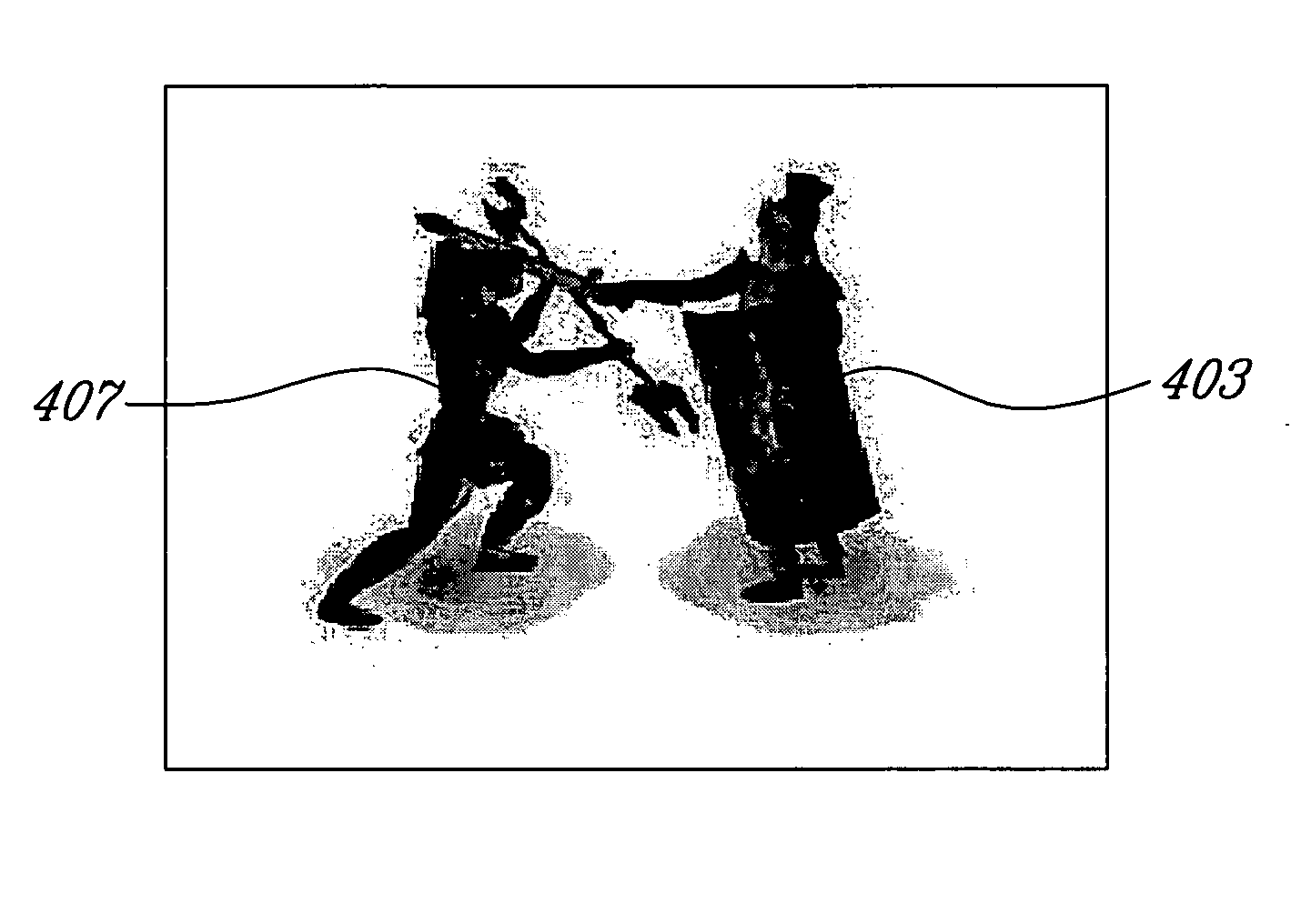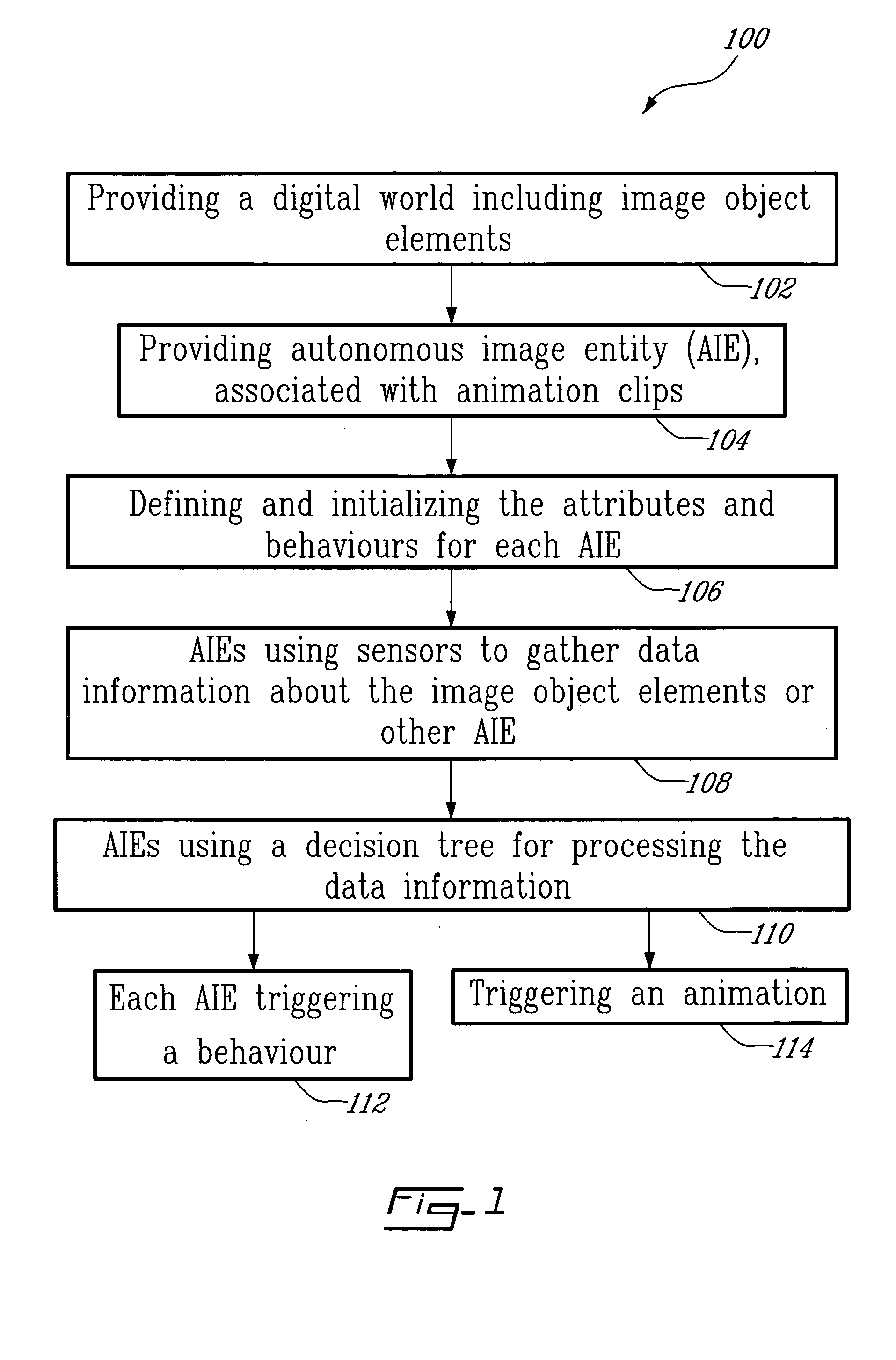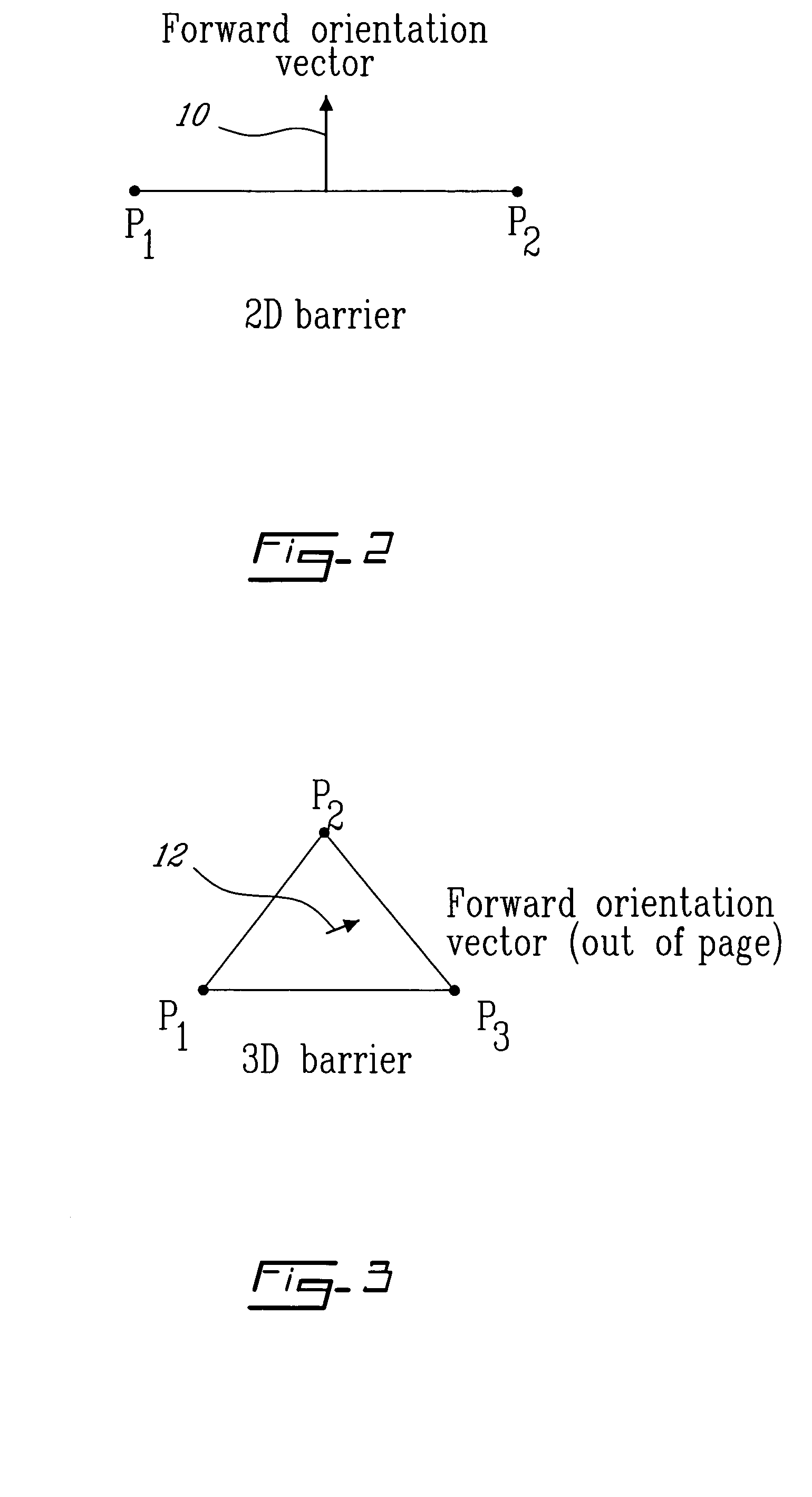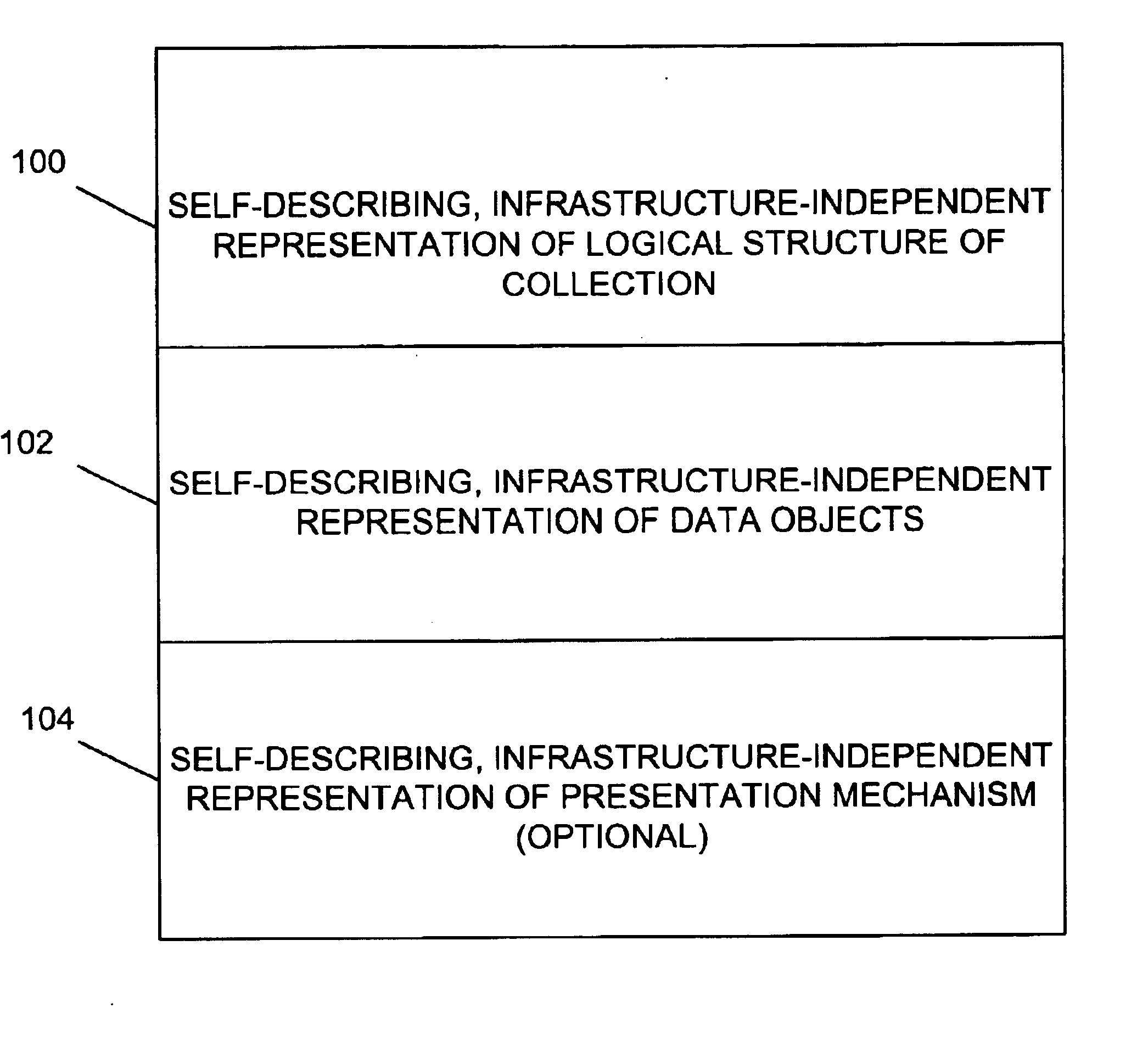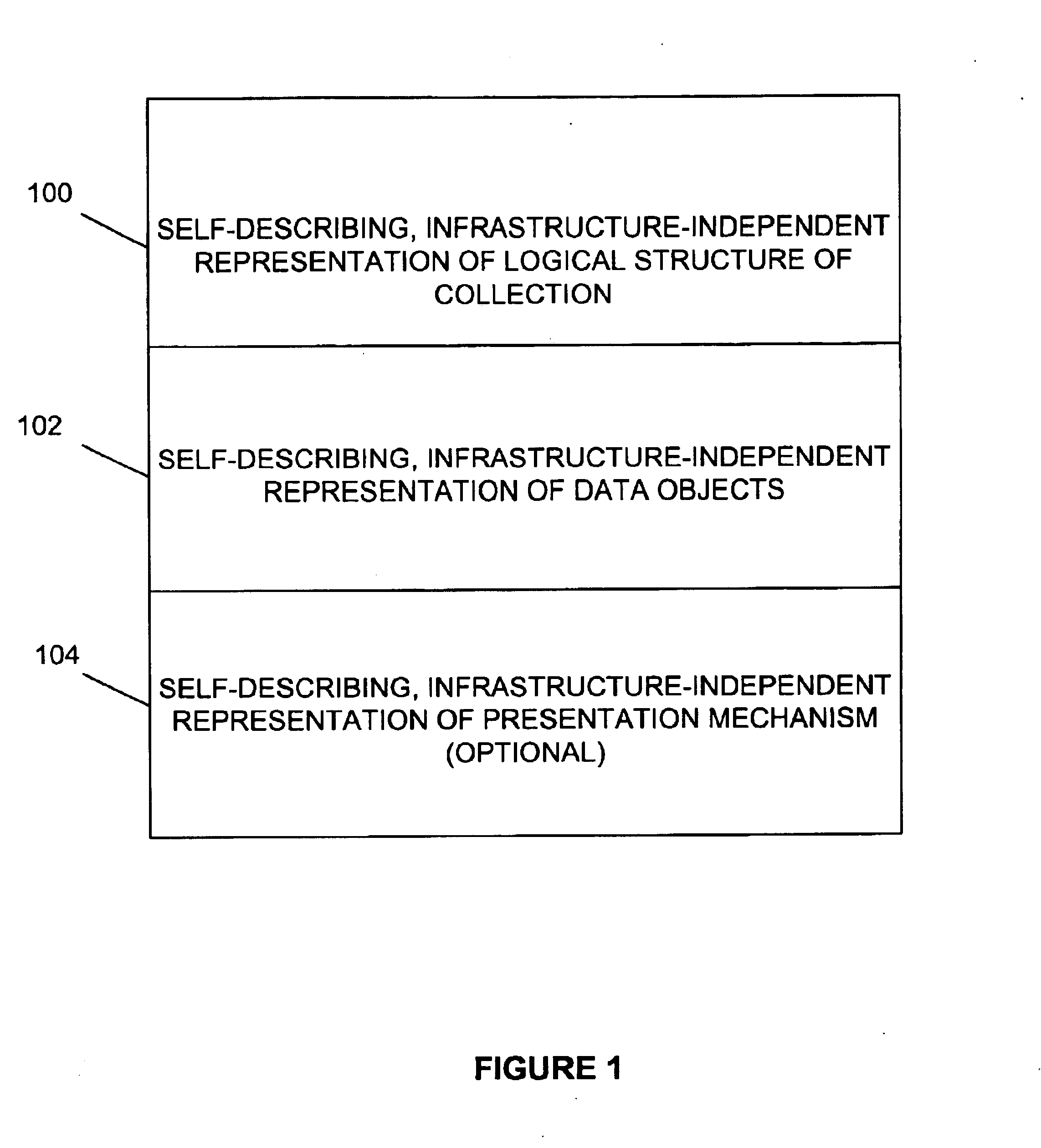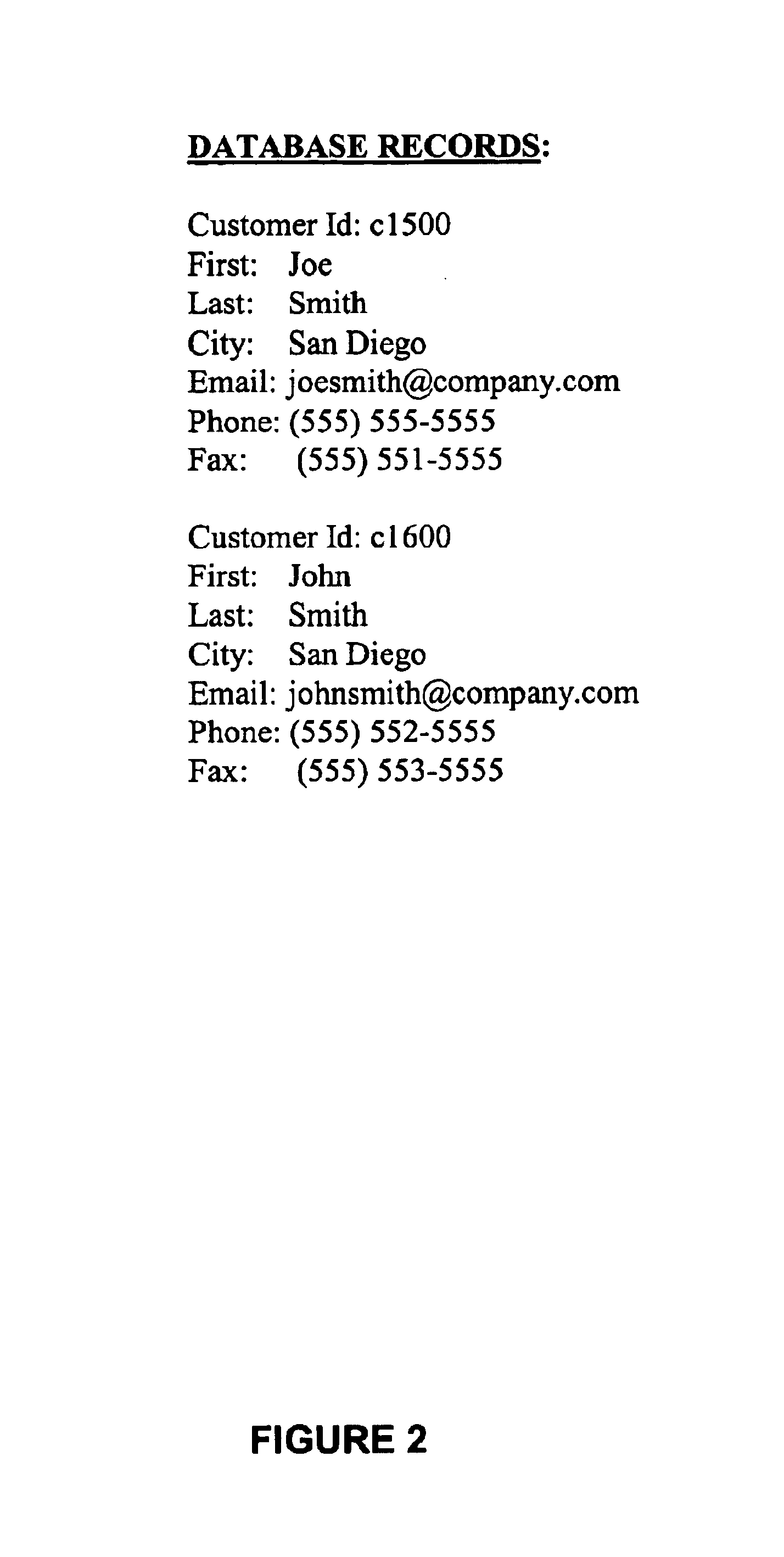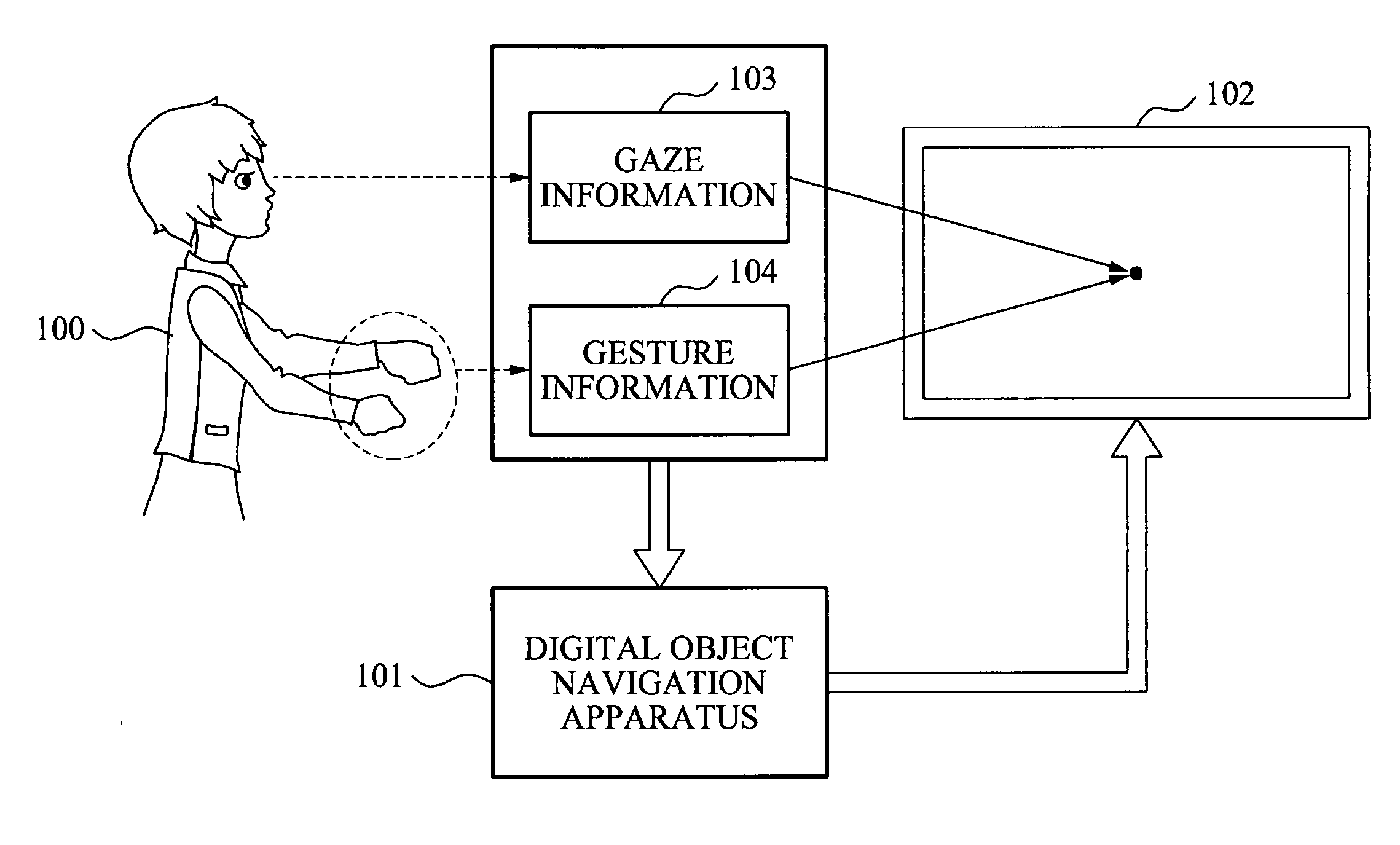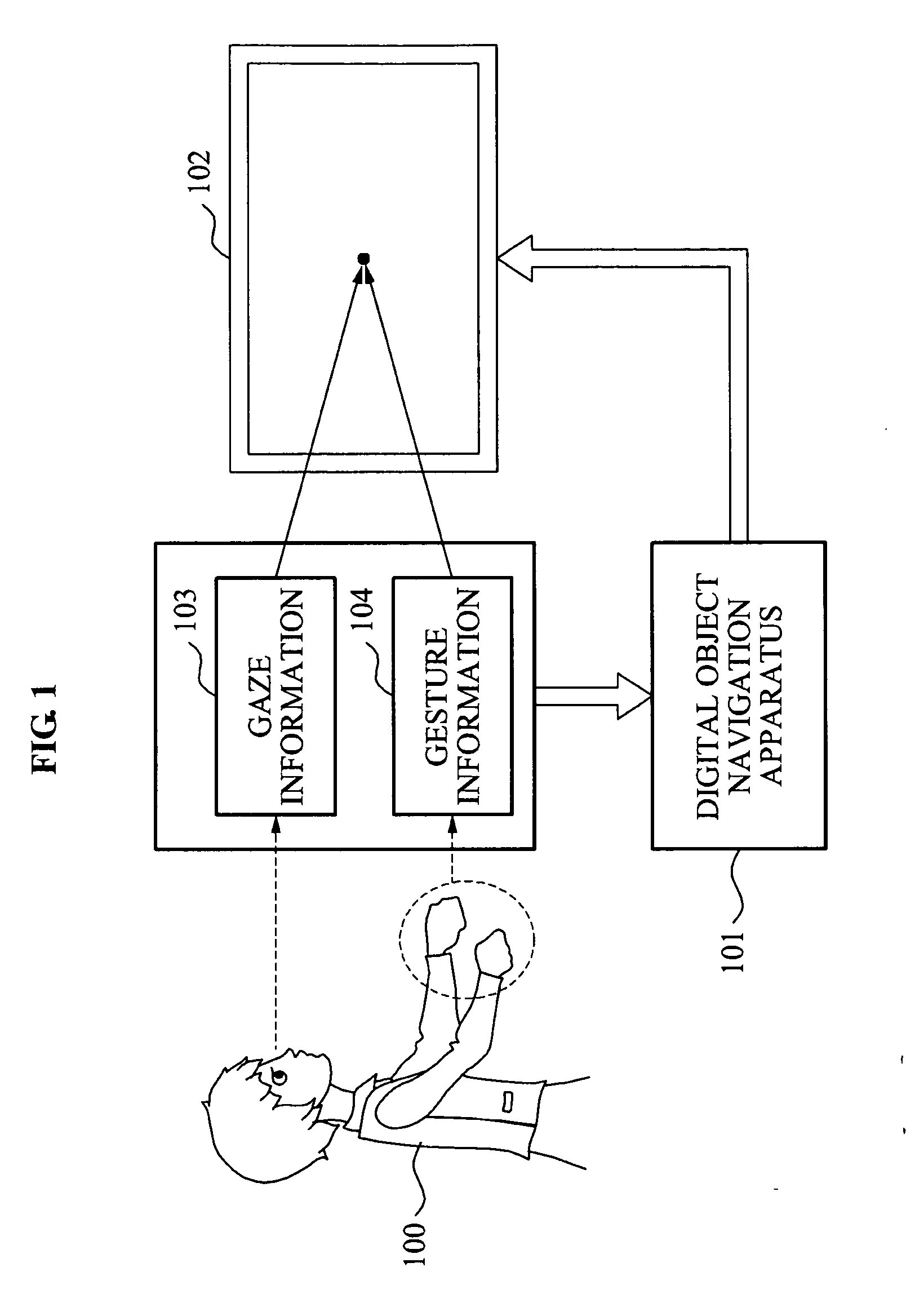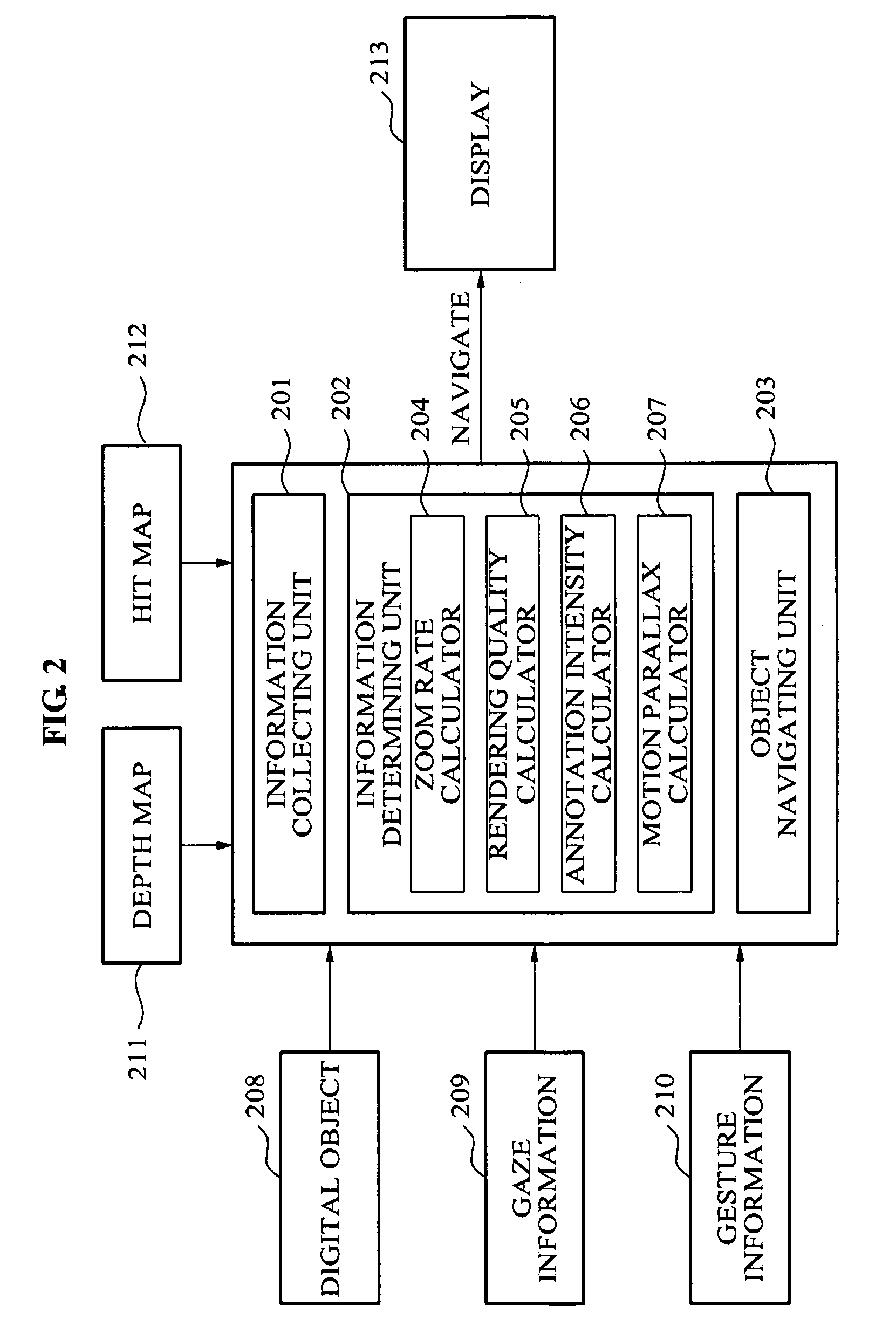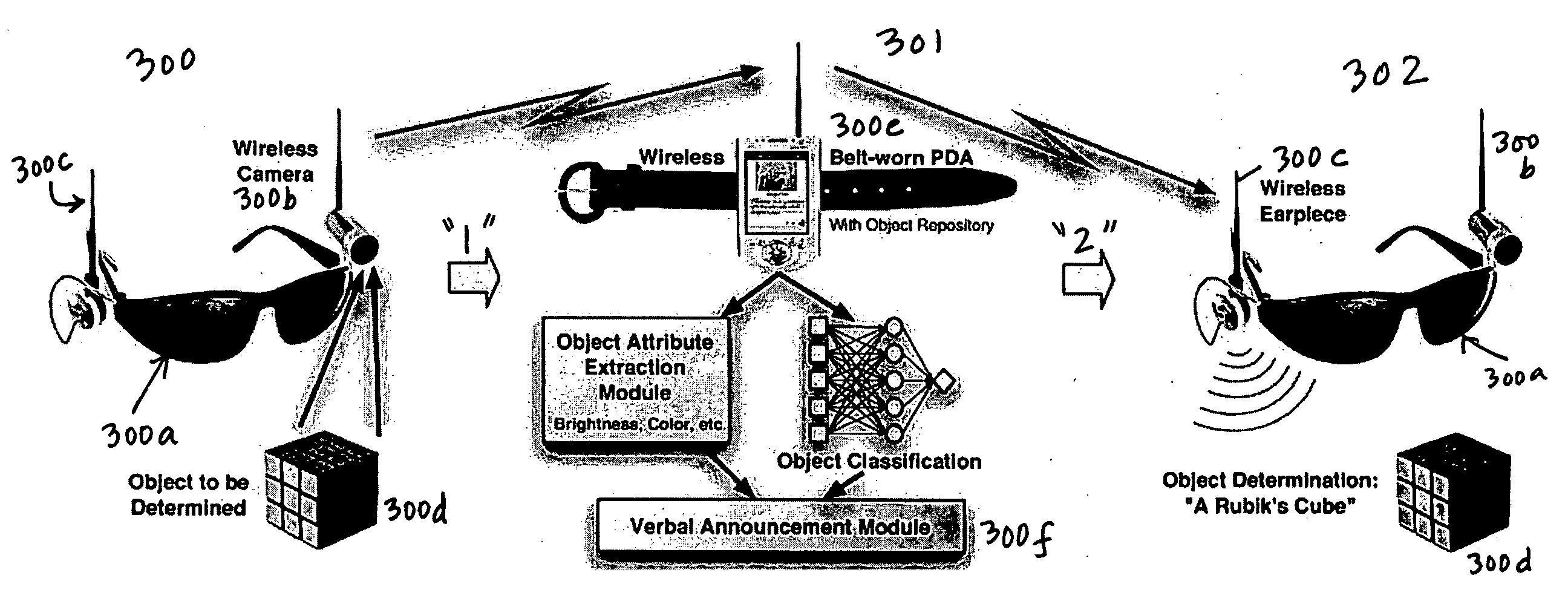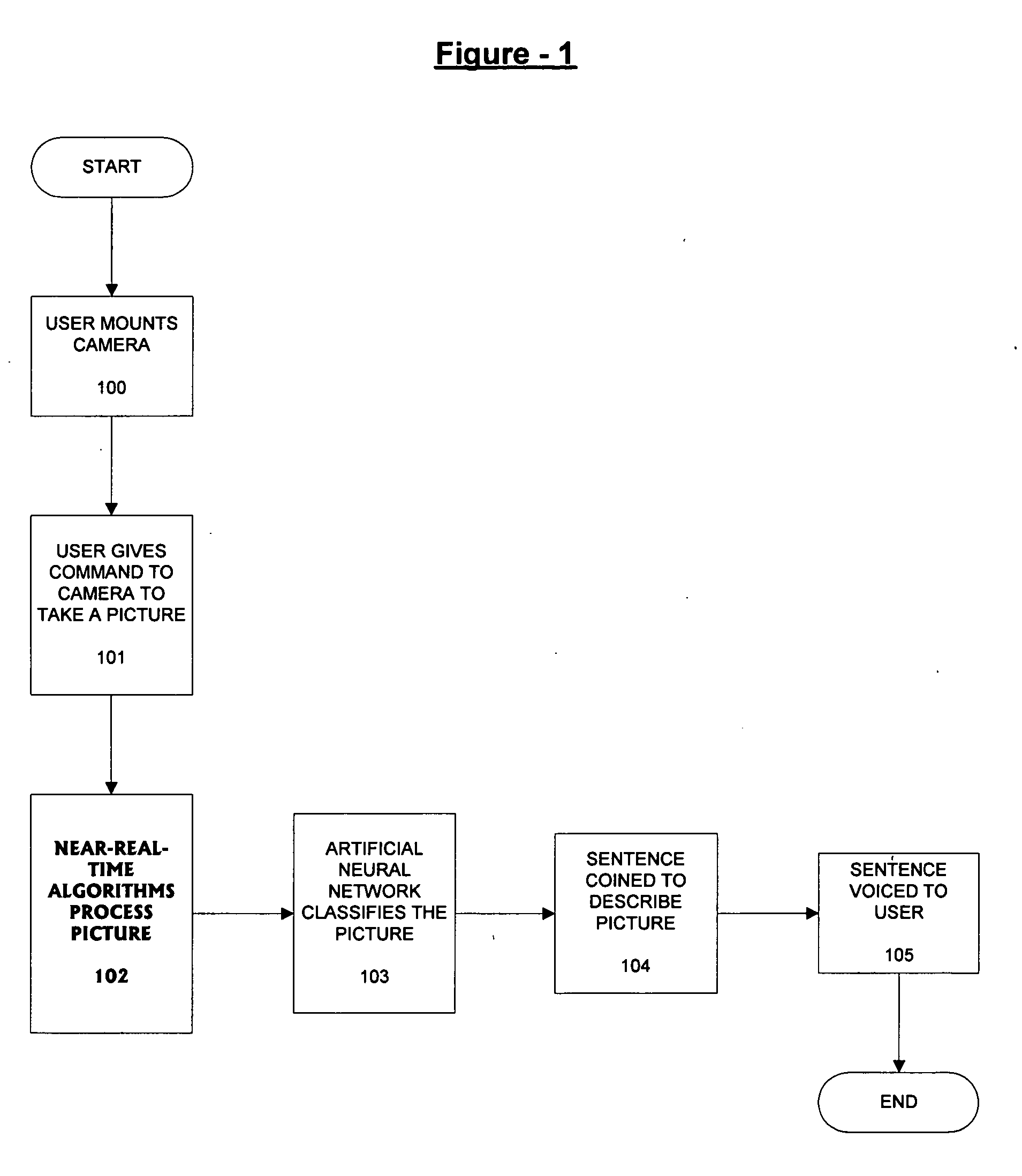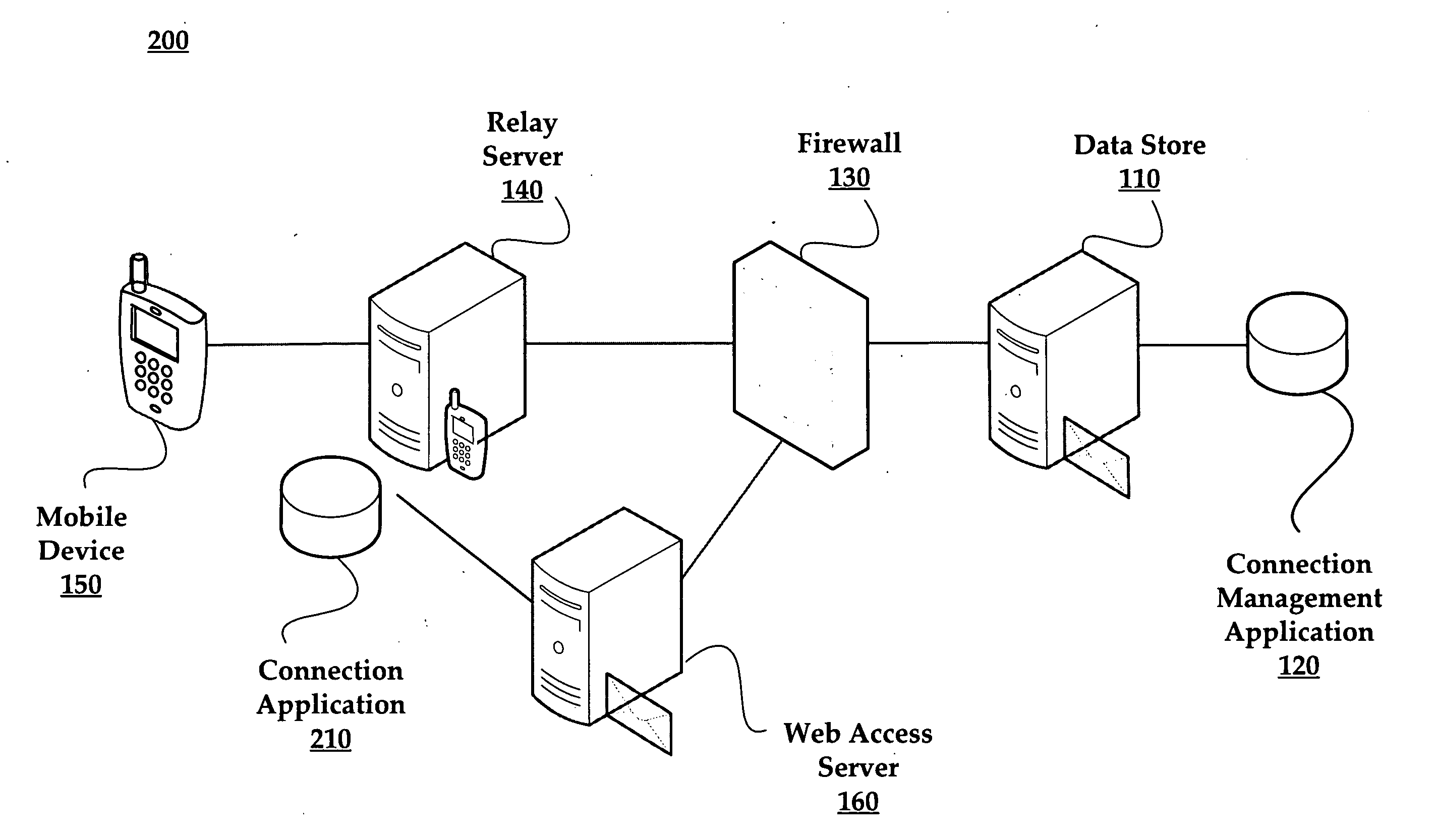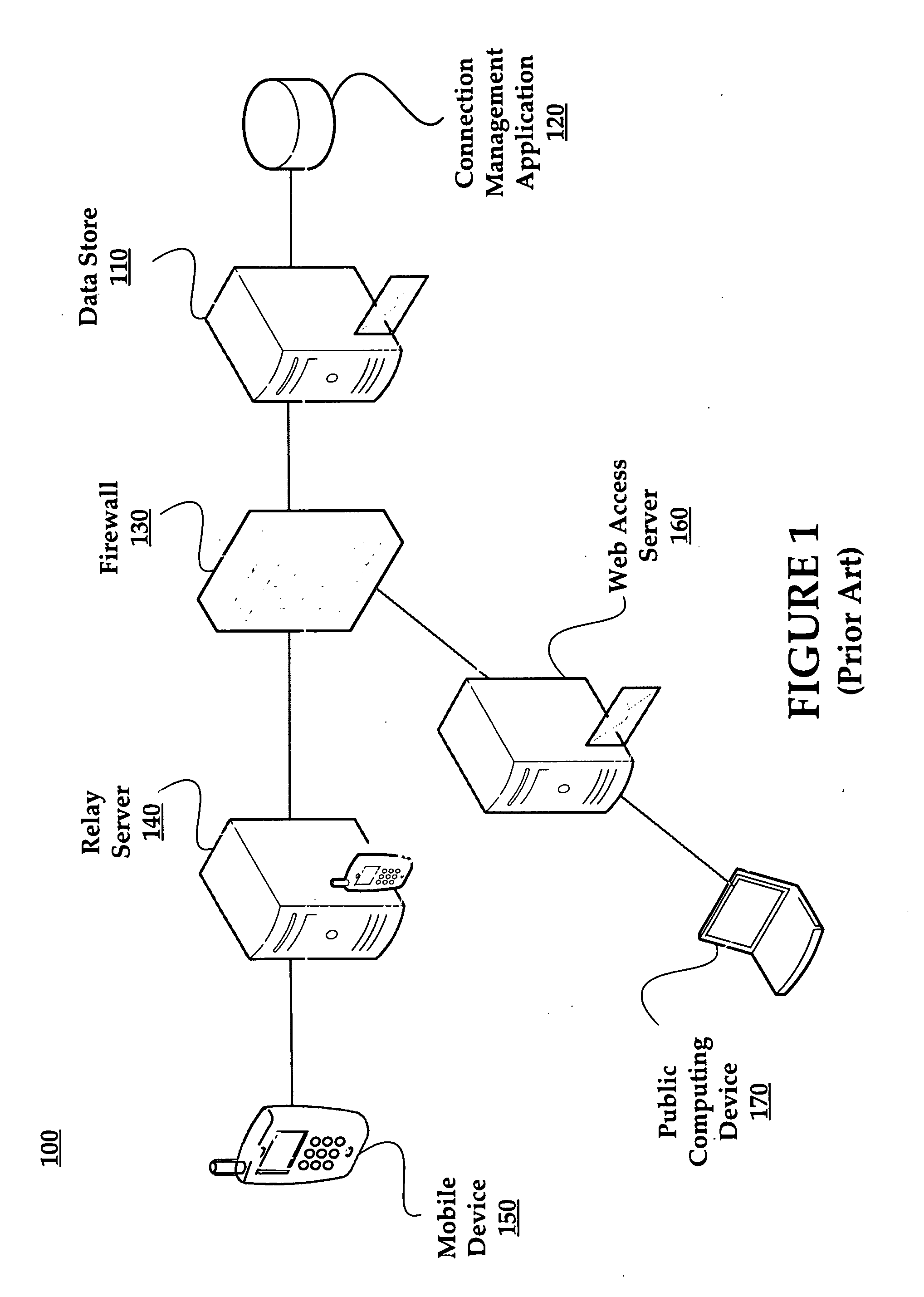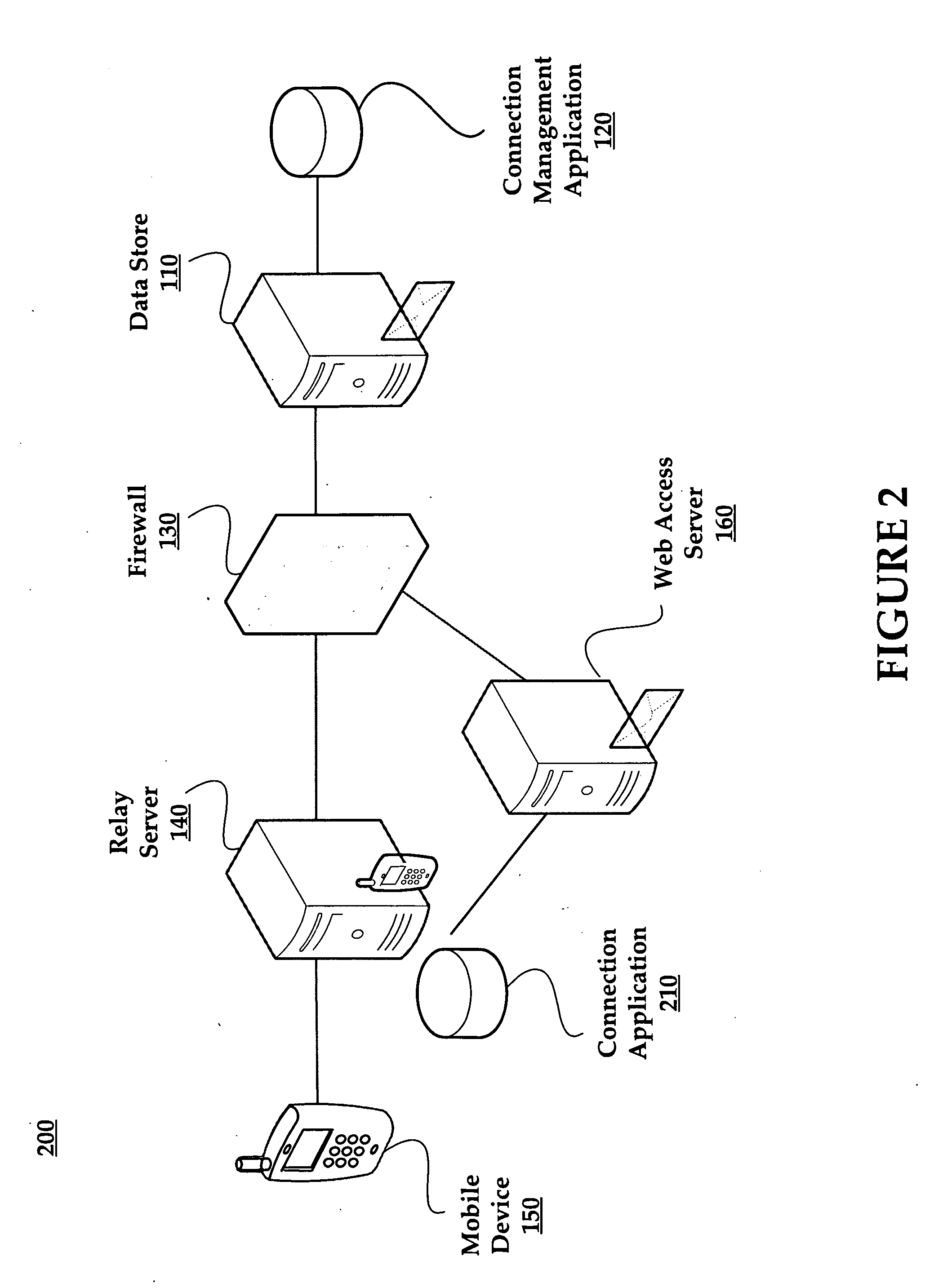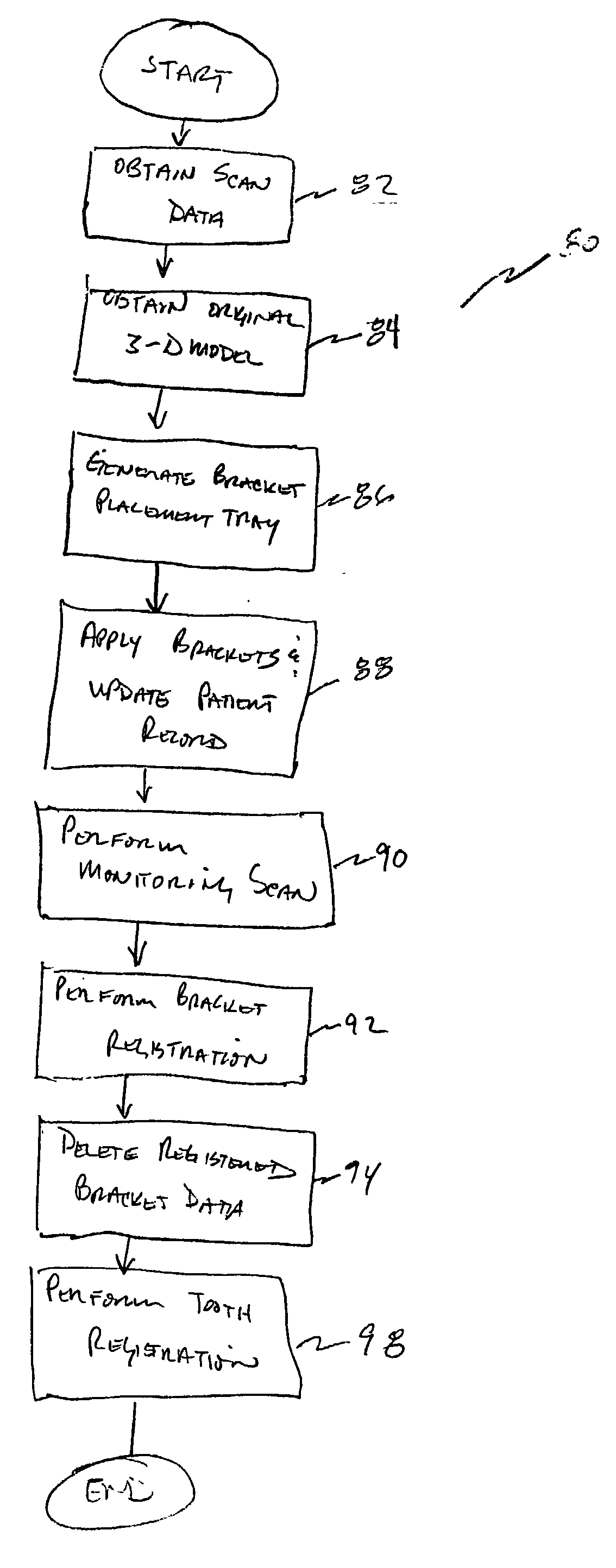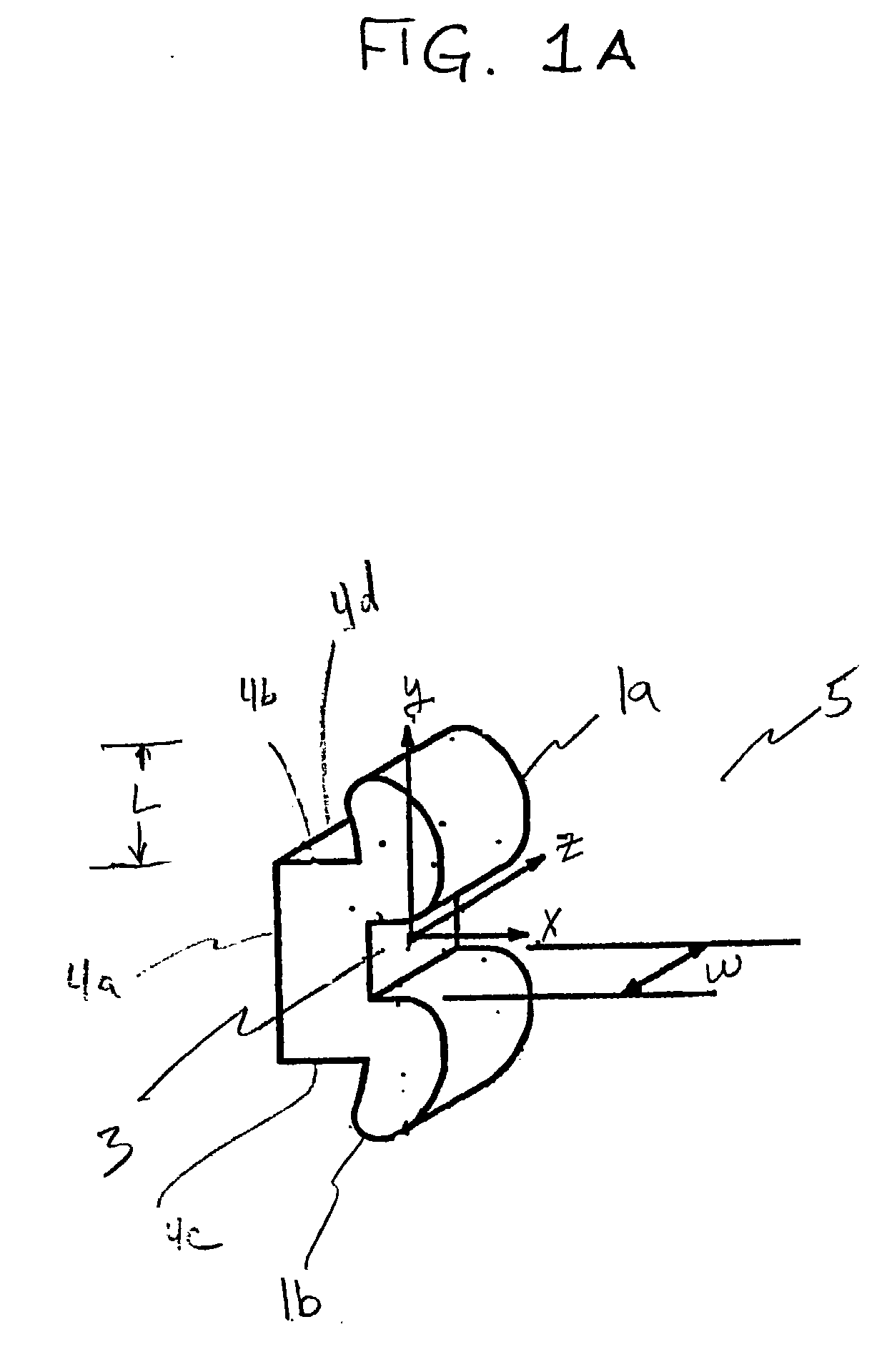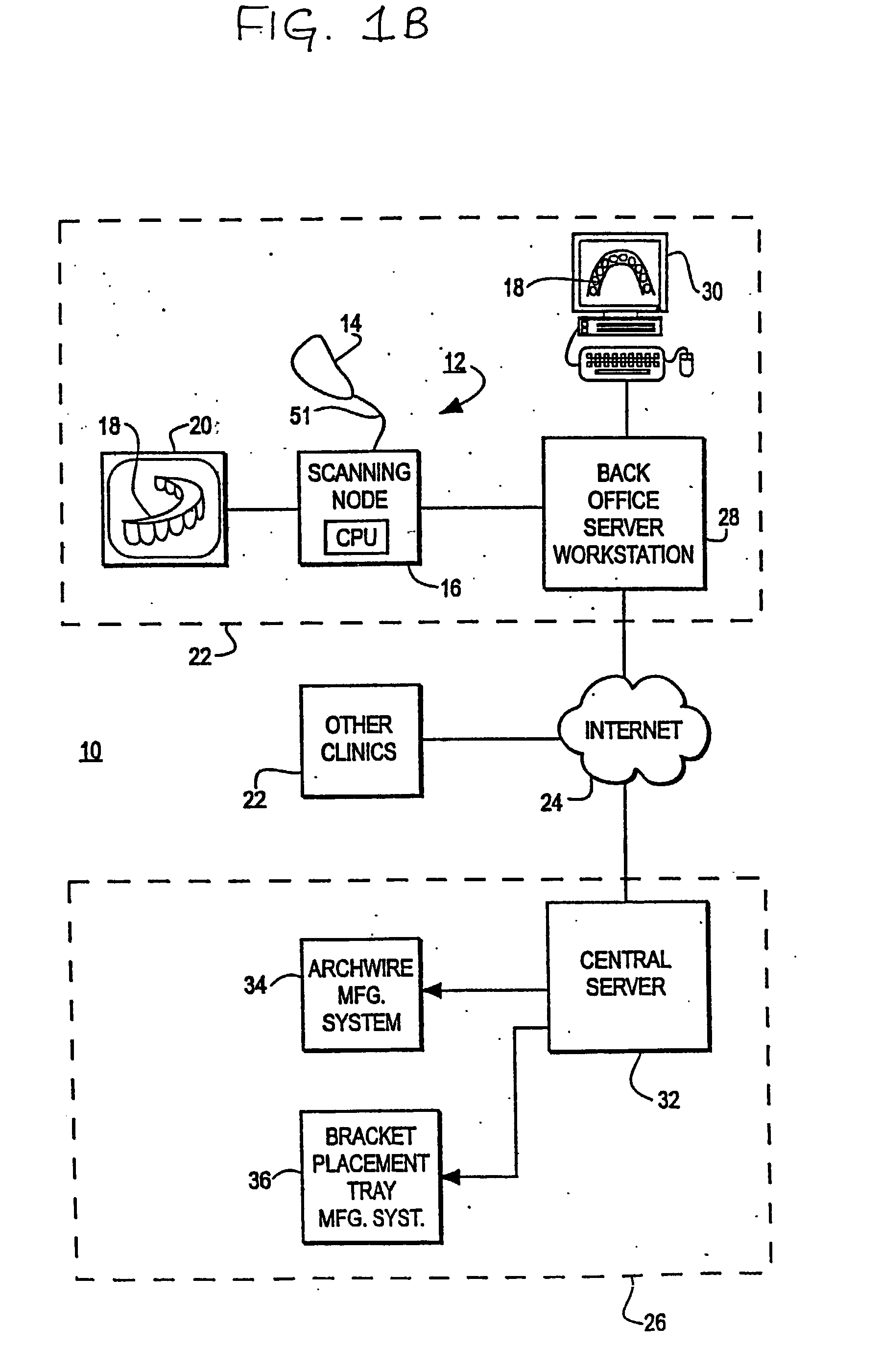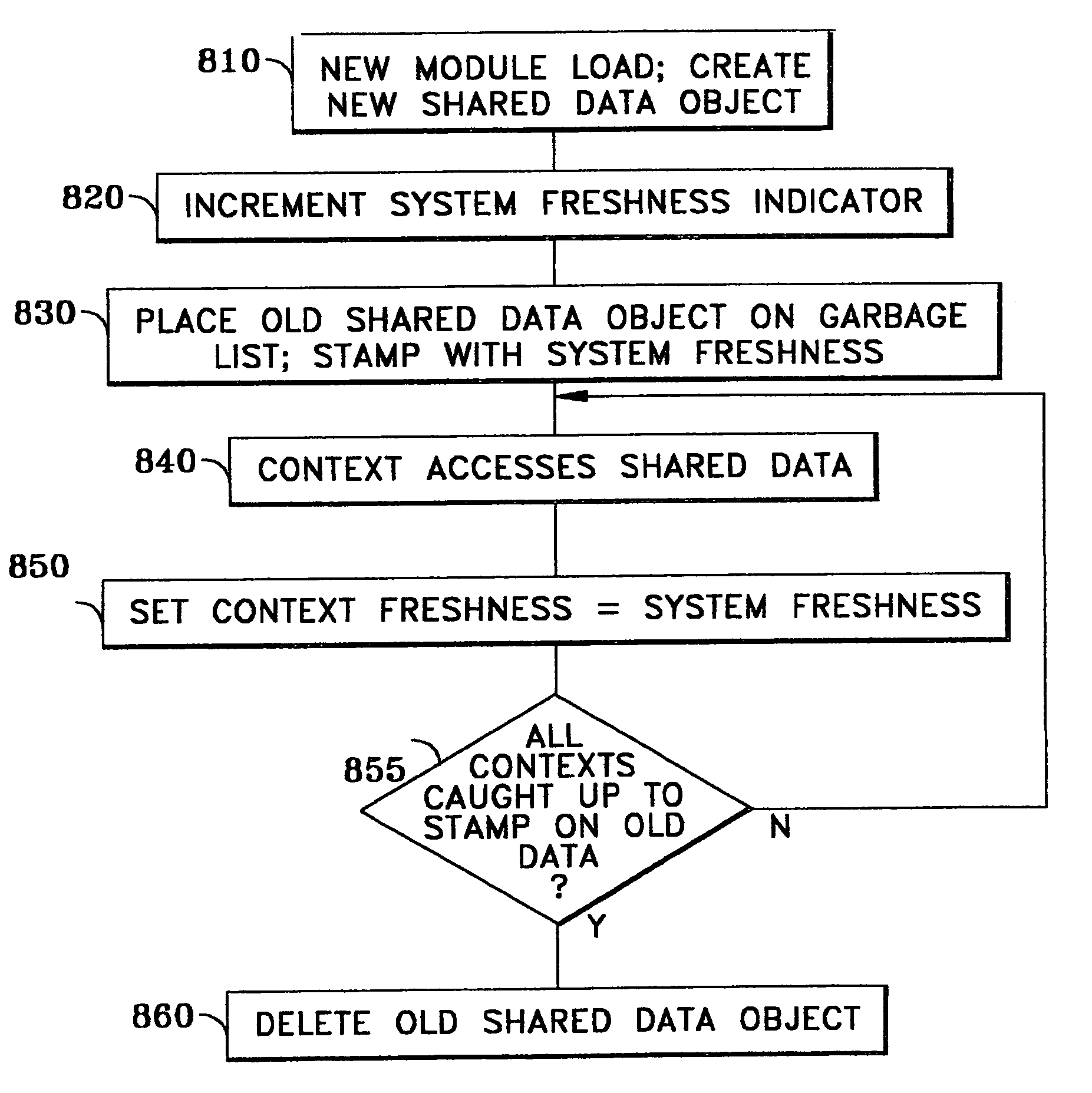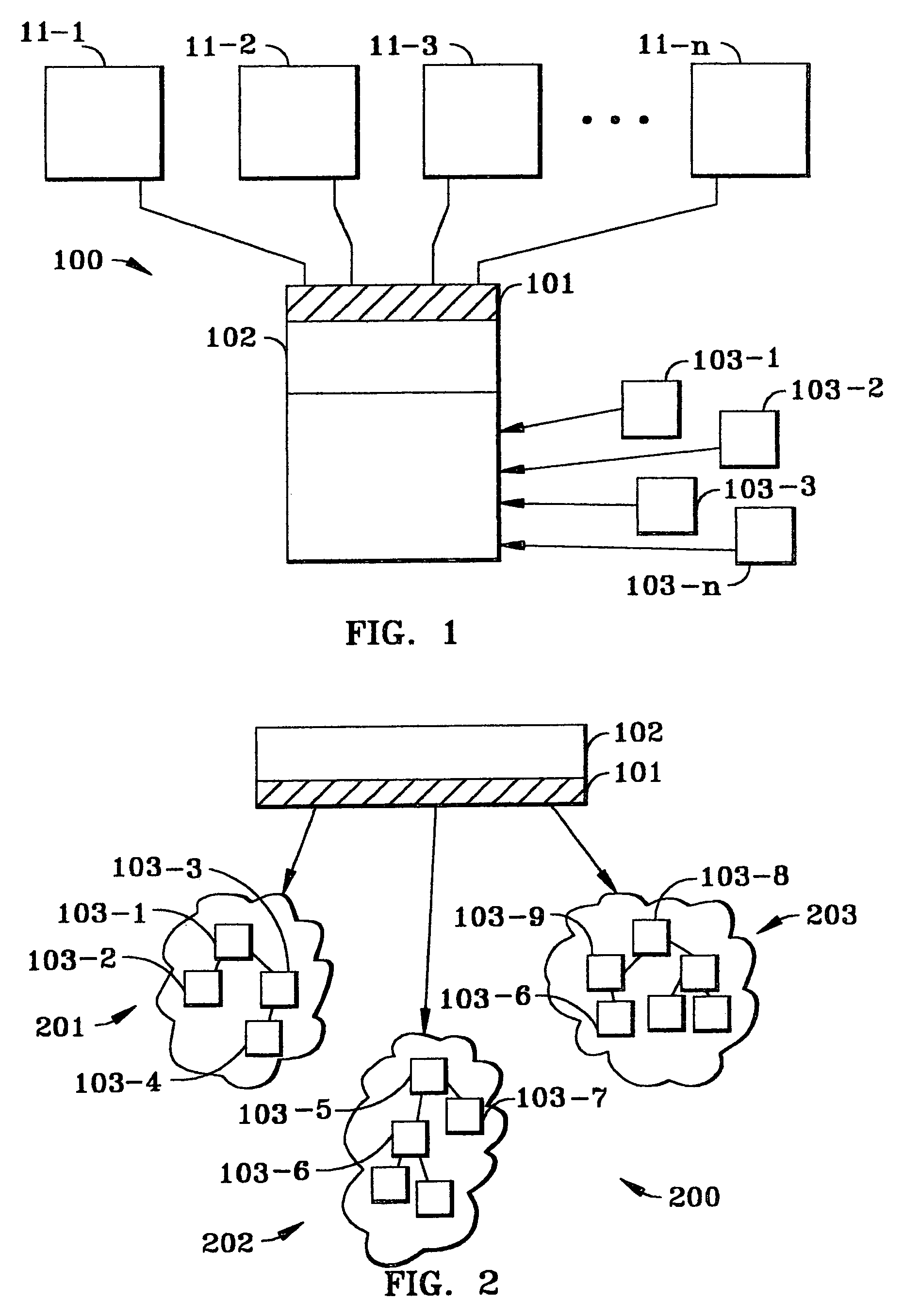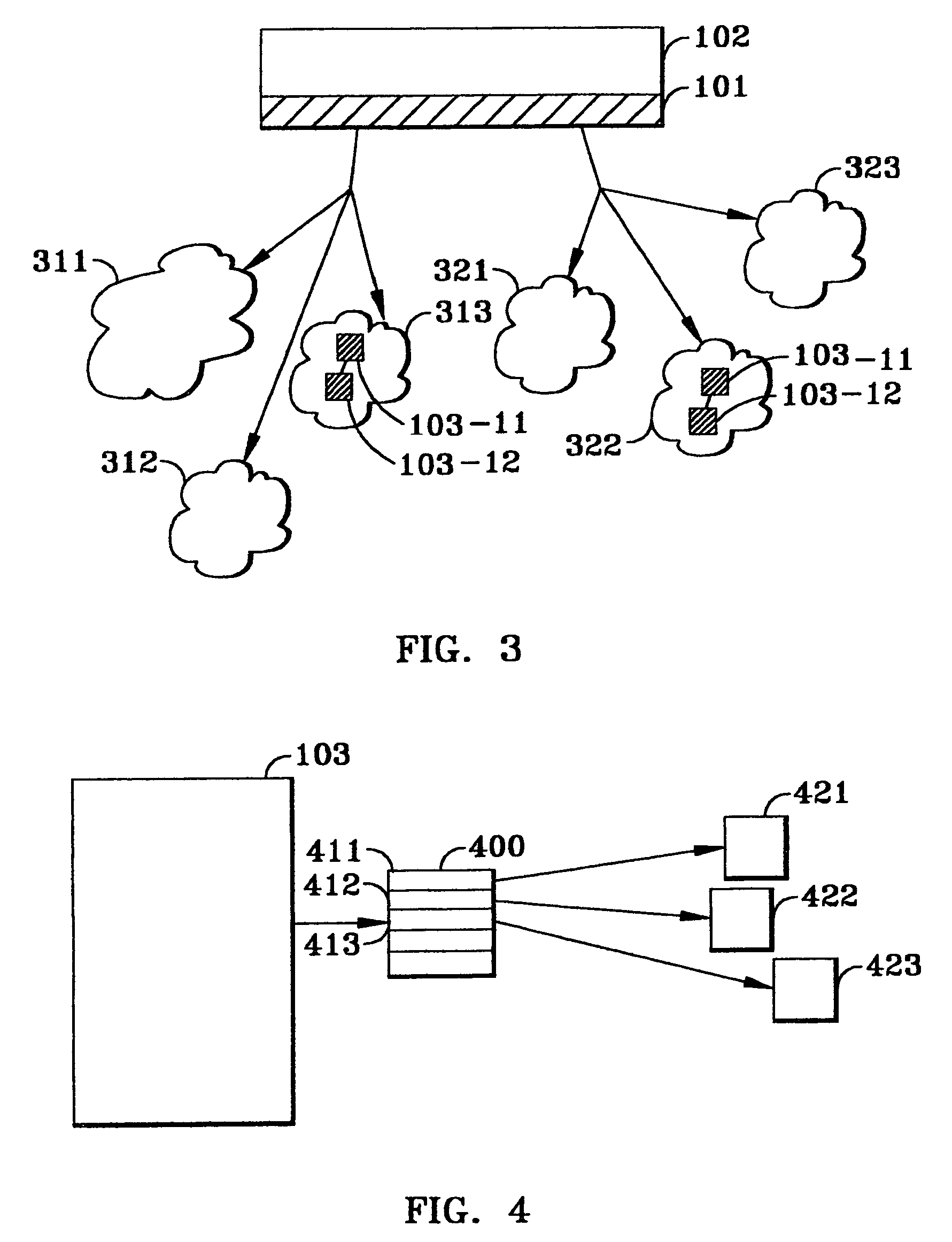Patents
Literature
717 results about "Digital object" patented technology
Efficacy Topic
Property
Owner
Technical Advancement
Application Domain
Technology Topic
Technology Field Word
Patent Country/Region
Patent Type
Patent Status
Application Year
Inventor
Digital objects, in their simplest form, are data. They are also a new kind of industrial object that pervades every aspect of our life today—as online videos, images, text files, e-mails, blog posts, Facebook events.
Smart electronic receipt system
A smart electronic receipt system that provides intelligent receipts, called Smart Receipts, that electronically document a transaction between two parties and maintains a persistent connection between the two parties following a successful online transaction. A Trusted Agent on the Buyer's client system creates an order record which is stored in a database on a Trusted Agent Server and starts the transaction process with the merchant. A Smart Receipt is delivered by a Smart Receipt Agent over a secure connection from the merchant to the Trusted Agent Server upon successful completion of a purchase and reflects the details of the transaction. It is stored in a secure database on the Trusted Agent Server and is made available to the Buyer (user) through a Trusted Agent located on his machine. The Trusted Agent Server compares the order record Limited Edition Digital Objects (LEDOs) stored in database with the Smart Receipt's LEDO to find the corresponding order record. The Smart Receipt provides the customer with detailed information about an online purchase in a standardized format. Hyperlinks embedded in the Smart Receipt enable the customer to access customer service and order status. The merchant may also embed addition-al services within the Smart Receipt, including special offers for future purchases. Offers provided in a Smart Receipt can be personalized to a user's preferences which are stored on the Trusted Agent Server. Each Smart Receipt is comprised of a chain of LEDOs with each LEDO object having a unique owner. A Smart Receipt is a dynamic entity and is continuously updated until the Buyer deletes it from the Trusted Agent Server.
Owner:THE BRODIA GROUP
Blockchain identity management system based on public identities ledger
ActiveUS9635000B1Effectively prevents unauthorized sharingMultiple keys/algorithms usagePublic key for secure communicationSystems managementIdentity management system
The invention describes an identity management system (IDMS) based on the concept of peer-to-peer protocols and the public identities ledger. The system manages digital identities, which are digital objects that contain attributes used for the identification of persons and other entities in an IT system and for making identity claims. The identity objects are encoded and cryptographically encapsulated. Identity management protocols include the creation of identities, the validation of their binding to real-world entities, and their secure and reliable storage, protection, distribution, verification, updates, and use. The identities are included in a specially constructed global, distributed, append-only public identities ledger. They are forward- and backward-linked using the mechanism of digital signatures. The linking of objects and their chaining in the ledger is based on and reflect their mutual validation relationships. The identities of individual members are organized in the form of linked structures called the personal identities chains. Identities of groups of users that validated identities of other users in a group are organized in community identities chains. The ledger and its chains support accurate and reliable validation of identities by other members of the system and by application services providers without the assistance of third parties. The ledger designed in this invention may be either permissioned or unpermissioned. Permissioned ledgers have special entities, called BIX Security Policy Providers, which validate the binding of digital identities to real-world entities based on the rules of a given security policy. In unpermissioned ledgers, community members mutually validate their identities. The identity management system provides security, privacy, and anonymity for digital identities and satisfies the requirements for decentralized, anonymous identities management systems.
Owner:MUFTIC SEAD
Dispensing digital objects to an electronic wallet
A configuration system and method is disclosed that includes a unified and integrated configuration that is composed of a payment system, an advertising system, and an identity management system such that the unified system has all of the benefits of the individual systems as well as several additional synergistic benefits. Also described are specific configurations including the system's access point architecture, visual wallet simulator user interface, security architecture, coupon handling as well as the system's structure and means for delivering them as targeted advertising, business card handling, membership card handling for the purposes of login management, receipt handling, and the editors and grammars provided for customizing the different types of objects in the system as well as the creation of new custom objects with custom behaviors. The configurations are operable on-line as well as through physical presence transactions.
Owner:GOOGLE LLC
Probabilistic information retrieval based on differential latent semantic space
InactiveUS6654740B2Improve search capabilitiesImprove performanceData processing applicationsDigital data processing detailsSingular value decompositionInstability
A computer-based information search and retrieval system and method for retrieving textual digital objects that makes full use of the projections of the documents onto both the reduced document space characterized by the singular value decomposition-based latent semantic structure and its orthogonal space. The resulting system and method has increased robustness, improving the instability of the traditional keyword search engine due to synonymy and / or polysemy of a natural language, and therefore is particularly suitable for web document searching over a distributed computer network such as the Internet.
Owner:SUNFLARE CO LTD
Rich media collaboration system
ActiveUS20090260060A1Unlimited scalabilityUnlimited scalable storageDigital data processing detailsComputer security arrangementsDisintermediationPaper document
A user annotates a shared document with text, sound, images, video, an e-mail message, graphics, screen snapshots, web site snapshots to share with others. The document and its annotations are stored in a digital object repository to which other users have access. Within the closed collaboration system, only users who are authenticated may upload digital objects, annotate digital objects and view objects and their annotations. The user sends a message to other users to invite them to view the object and its annotations and to add their own annotations. An annotated object generates an alert for all of the invited users. A remote authentication gateway authenticates users and has a repository for user metadata. Digital object repositories are separate from the authentication gateway, thus providing for disintermediation of the user metadata from the digital object data. The collaboration system may be hosted by a third party on a server computer available over the Internet that displays a web site. A user is not required to have collaboration system software on his or her computer and may annotate any image on the web site for later viewing by other users of the web site.
Owner:DISPLAY SOCIAL INC
Internet content delivery acceleration system employing a hybrid content selection scheme
InactiveUS20020073167A1Facilitates very efficient reportingMultiple digital computer combinationsRadio transmissionInternet contentHigh rate
A system and method accelerates the distribution of digital content of a global communications network such as the Internet. A central proxy server selects popular digital objects for transmission over a communication medium to provide content filling of cache databases attendant to local proxy servers. The communication medium may comprise satellite transmission using an IP multicast protocol. The local proxy servers concurrently receive the digital objects at a high rate of speed and store the digital objects in the attendant local cache databases. The local proxy servers may utilize a localized priority determination scheme to determine whether to keep or discard the transmitted digital objects. The priority determination scheme may utilize global demand data and / or local demand data. The demand data may include hits and / or misses on digital objects and may also include quantitative data about the digital objects. The priority determination scheme may be driven by feedback regarding the needs and interests of subscribing users of the local cache database. Consequently, the priority determination scheme and ultimately, the contents of a local cache database, may be unique to that local cache database.
Owner:EDGIX CORP
Smart electronic receipt system
InactiveUS20020073043A1Apparatus for meter-controlled dispensingSecret communicationPersonalizationHyperlink
A smart electronic receipt system that provides intelligent receipts, called Smart Receipts, that electronically document a transaction between two parties and maintains a persistent connection between the two parties following a successful online transaction. A Trusted Agent on the Buyer's client system creates an order record which is stored in a database on a Trusted Agent Server and starts the transaction process with the merchant. A Smart Receipt is delivered by a Smart Receipt Agent over a secure connection from the merchant to the Trusted Agent Server upon successful completion of a purchase and reflects the details of the transaction. It is stored in a secure database on the Trusted Agent Server and is made available to the Buyer (user) through a Trusted Agent located on his machine. The Trusted Agent Server compares the order record Limited Edition Digital Objects (LEDOs) stored in database with the Smart Receipt's LEDO to find the corresponding order record. The Smart Receipt provides the customer with detailed information about an online purchase in a standardized format. Hyperlinks embedded in the Smart Receipt enable the customer to access customer service and order status. The merchant may also embed additional services within the Smart Receipt, including special offers for future purchases. Offers provided in a Smart Receipt can be personalized to a user's preferences which are stored on the Trusted Agent Server. Each Smart Receipt is comprised of a chain of LEDOs with each LEDO object having a unique owner. A Smart Receipt is a dynamic entity and is continuously updated until the Buyer deletes it from the Trusted Agent Server.
Owner:HERMAN GARY +2
Mobile communications terminal and method therefore
ActiveUS20060268100A1Less tiredSimple for userSubstation equipmentTwo-way working systemsUser inputDisplay device
A mobile terminal has a controller, a display and an input device connected to the controller, and a digital object browser for browsing among a plurality of available digital objects. A first representation and a second representation of each of the digital objects are presentable on a display screen. The first representations of the digital objects are presented along a predefined path on the display screen, the first representation of a focused one of the digital objects being shown in a focus area on the display screen. For the focused digital object, the second representation thereof is presented in a preview area on the display screen. In response to a user input given on the input device, a desired scrolling operation is performed among the first representations presented, thereby shifting the positions of the first representations on the display screen along the path accordingly, updating the focus area to reflect a change in focus from the focused digital object to another digital object by presenting in the focus area the first representation of the other digital object, as well as updating the preview area correspondingly by presenting therein the second representation of the other digital object.
Owner:III HLDG 3
Consensus system for tracking peer-to-peer digital records
ActiveUS9875510B1Improve trustReduce overheadComplete banking machinesFinanceDigital recordingData Corruption
The disclosure describes a peer-to-peer consensus system and method for achieving consensus in tracking transferrable digital objects. The system achieves consensus on a shared ledger between a plurality of peers and prevents double spending in light of network latency, data corruption and intentional manipulation of the system. Consensus is achieved and double spending is prevented via the use of the most committed stake metric to choose a single consensus transaction record. A trustable record is also facilitated by allowing stakeholders to elect a set of trusted non-colluding parties to cooperatively add transactions to the consensus record. The voting mechanism is a real-time auditable stake weighted approval voting mechanism. This voting mechanism has far reaching applications such as vote directed capital and providing a trusted source for data input into a digital consensus system. The system further enables digital assets that track the value of conventional assets with low counterparty risk.
Owner:KASPER LANCE
Elimination of duplicate objects in storage clusters
ActiveUS20130339314A1Digital data processing detailsSpecial data processing applicationsUnique identifierObject store
Digital objects within a fixed-content storage cluster use a page mapping table and a hash-to-UID table to store a representation of each object. For each object stored within the cluster, a record in the hash-to-UID table stores the object's hash value and its unique identifier (or portions thereof). To detect a duplicate of an object, a portion of its hash value is used as a key into the page mapping table. The page mapping table indicates a node holding a hash-to-UID table indicating currently stored objects in a particular page range. Finding the same hash value but with a different unique identifier in the table indicates that a duplicate of an object exists. Portions of the hash value and unique identifier may be used in the hash-to-UID table. Unneeded duplicate objects are deleted by copying their metadata to a manifest and then redirecting their unique identifiers to point at the manifest.
Owner:DATACORE SOFTWARE
Using digital objects organized according to a histogram timeline
InactiveUS6996782B2Improve representationEnhanced interactionStill image data browsing/visualisationMetadata still image retrievalThumbnailVisual Objects
A method for organizing visual digital objects and for selecting one or more of such visual digital objects for viewing includes developing a histogram timeline which identifies a number of visual digital objects organized according to predetermined time periods and providing thumbnail representations thereof; selecting a portion of the histogram timeline for viewing such thumbnail representations of visual digital objects corresponding to such selected portion; and determining if one or more of the viewed such thumbnail representations is of interest and then viewing the corresponding digital visual object(s).
Owner:NOKIA TECHNOLOGLES OY
Transprojection of geometry data
InactiveUS7693325B2Accurately renderedAngle measurementImage enhancementComputer graphics (images)Image View
Owner:HEXAGON METROLOGY INC
Hybrid data object model
Owner:INT BUSINESS MASCH CORP
Transprojection of geometry data
InactiveUS20050151963A1Accurately renderedAngle measurementImage enhancementComputer graphics (images)Image View
A system and methods for transprojection of geometry data acquired by a coordinate measuring machine (CMM). The CMM acquires geometry data corresponding to 3D coordinate measurements collected by a measuring probe that are transformed into scaled 2D data that is transprojected upon various digital object image views captured by a camera. The transprojection process can utilize stored image and coordinate information or perform live transprojection viewing capabilities in both still image and video modes.
Owner:HEXAGON METROLOGY INC
Mobile communications terminal and method therefore
ActiveUS7797641B2Less tiredSimple for userSubstation equipmentInput/output processes for data processingUser inputDisplay device
A mobile terminal has a controller, a display and an input device connected to the controller, and a digital object browser for browsing among a plurality of available digital objects. A first representation and a second representation of each of the digital objects are presentable on a display screen. The first representations of the digital objects are presented along a predefined path on the display screen, the first representation of a focused one of the digital objects being shown in a focus area on the display screen. For the focused digital object, the second representation thereof is presented in a preview area on the display screen. In response to a user input given on the input device, a desired scrolling operation is performed among the first representations presented, thereby shifting the positions of the first representations on the display screen along the path accordingly, updating the focus area to reflect a change in focus from the focused digital object to another digital object by presenting in the focus area the first representation of the other digital object, as well as updating the preview area correspondingly by presenting therein the second representation of the other digital object.
Owner:III HLDG 3
Video distribution system using disk load balancing by file copying
ActiveUS6925499B1Short response timeImprove load balancingMultiple digital computer combinationsTwo-way working systemsDistribution systemFile copying
Owner:INFOVALUE COMPUTING
Techniques for pruning a data object during operations that join multiple data objects
InactiveUS7020661B1Reduce consumptionReduced computing resourceData processing applicationsDigital data information retrievalData miningDigital object
Techniques for eliminating one or more portions of a data object from any join step of an operation that joins multiple data objects include determining that an operation joins a first data object and a second data object. The second data object includes multiple portions. Each of multiple data units of the first data object is scanned. Based on data in the data units of the first data object, information is generated. The information indicates a portion of the second data object for exclusion. The indicated portion is excluded from an output of the operation. Only one or more portions of the second data object that are not indicated for exclusion in the information are included in a particular join step involving the second data object. By pruning a large second table, such as a fact table, the computational resources consumed by the joins are substantially reduced.
Owner:ORACLE INT CORP
Heterogeneous multi-level extendable indexing for general purpose annotation systems
Methods, systems, and articles of manufacture for indexing annotations made for a variety of different type (i.e., heterogeneous) data objects are provided. A set of parameters uniquely identifying an annotated data object may be converted to an index comprising a set of index values, each corresponding to a column in a homogeneous index table. In order to accommodate the indexing of heterogeneous data objects, a mapping may be provided for each different type (or classification) of data object that may be annotated, that defines how the identifying parameters of that type will be mapped to the columns of the homogeneous index table.
Owner:IBM CORP
Method and system for digital file flow management
InactiveUS20090199090A1Enhanced chatEasy to navigateOffice automationSpecial data processing applicationsCollaborative authoringObject context
We construct a systematic scheme of information concerning provenance among digital objects, make this information available to the user, and use it to modify the effect of user's actions. Such relationships are derived by comparison of elements in the files or by making records when creating them. This information may be displayed by a view of a descent tree, a flow diagram, or internal markup of a combined view of object content. The provenance structure enables selection of related subsets for search, constraints on search such as ‘root occurrence’ or ‘unmerged occurrences’, and selection of appropriate objects to merge or respond to. It defines the active set of objects for any chosen time, enabling a display of commonality and difference among versions at any stage of a project involving one or more collaborators, with or without one of them having final authority over the suggestions of the others. Applications include but are not limited to project flow management including bug reporting and correction, collaborative authoring (by document circulation or by wiki), enhanced chat, enhanced navigation among available objects, and retrieval of objects by following provenance pathways.
Owner:PADO METAWARE
System and methods for permitting open access to data objects and for securing data within the data objects
ActiveUS7177429B2Large file sizeQuality improvementRecord information storageSecret communicationDigital dataSignal quality
A system and methods for permitting open access to data objects and for securing data within the data objects is disclosed. According to one embodiment of the present invention, a method for securing a data object is disclosed. According to one embodiment of the present invention, a method for securing a data object is disclosed. The method includes the steps of (1) providing a data object comprising digital data and file format information; (2) embedding independent data into a data object; and (3) scrambling the data object to degrade the data object to a predetermined signal quality level. The steps of embedding and scrambling may be performed until a predetermined condition is met. The method may also include the steps of descrambling the data object to upgrade the data object to a predetermined signal quality level, and decoding the embedded independent data. The additional steps of descrambling and decoding may be performed until a predetermined condition is met. The predetermined condition may include, for example, reaching a desired signal quality of the data object.
Owner:WISTARIA TRADING INC
Content addressed storage device configured to maintain content address mapping
ActiveUS7444464B2Digital data information retrievalSpecial data processing applicationsDigital objectObject identifier
A content addressed storage device configured to maintain content address mapping is disclosed. A data object to be stored on the content addressed storage device and a local data object identifier by which the data object is known to the sending source are received from a sending source. A content address to be associated with the data object on the content addressed storage device is determined based at least in part on the contents of the data object. The data object is stored on the content addressed storage device in a storage location associated with the content address. A mapping that associates the local data object identifier with the content address is maintained on the content addressed storage device.
Owner:EMC IP HLDG CO LLC
System and method for visually summarizing and interactively browsing hierarchically structured digital objects
InactiveUS20090113350A1Multimedia data indexingSpecial data processing applicationsDigital videoDigital image
A system and method of visually summarizing a hierarchically structured set of digital objects and for facilitating efficient access to such objects through the selection of representative summary objects. These digital objects are typically media objects such as digital image files, digital video clips, digital audio objects, such as “MP3” files, or other digital documents, such as text documents, that can be collected by a user and distributed over a variety of storage media and storage locations.
Owner:EASTMAN KODAK CO
Methods of Creating and Displaying Images in a Dynamic Mosaic
InactiveUS20090064029A1Improve the display effectDigital data processing detailsNatural language data processingDisplay deviceObject storage
A method of displaying a plurality of digital objects includes storing the plurality of objects in a database, associating fixed parameter metadata and dynamic metadata with each of the digital objects, and classifying each of the digital objects in the database based on at least one of the fixed parameter metadata and the dynamic metadata. A user search request is then received and a subset of requested objects is defined that correspond to the user search request. A relevancy value is computed for each of the subset of requested objects using the fixed parameter metadata and / or the dynamic metadata. The objects are then displayed on a user display such that the most relevant objects are presented to the user and less relevant objects are spaced from the most relevant object. The display maybe two- or three-dimensional and includes all relevant images in a single display.
Owner:BRIGHTQUBE
Method and system for on-screen animation of digital objects or characters
The method for on-screen animation includes providing a digital world including image object elements and defining autonomous image entities (AIE). Each AIE may represent a character or an object that is characterized by i) attributes defining the AIE relatively to the image objects elements of the digital world, and ii) behaviours for modifying some of the attributes. Each AIE is associated to animation clips allowing representing the AIE in movement in the digital world. Virtual sensors allow the AIE to gather data information about image object elements or other AIE within the digital world. Decision trees are used for processing the data information resulting in selecting and triggering one of the animation cycle or selecting a new behaviour. A system embodying the above method is also provided. The method and system for on-screen animation of digital entities according to the present invention can be used for creating animation for movies, for video games, and for simulation.
Owner:BGT BIOGRAPHIC TECH
Persistent archives
InactiveUS6963875B2Data processing applicationsDigital data information retrievalDigital objectKnowledge representation and reasoning
A persistent archive of a collection of data objects comprises a self-describing, infrastructure-independent representation of a logical structure for the collection and a self-describing, infrastructure-independent representation of the data objects. The archive is persistent in that it may be instantiated at an indefinite point in time in the future regardless of the state of technology at that time. A knowledge-based persistent archive of a collection of data objects comprises the foregoing two elements but also a self-describing, infrastructure-independent representation of knowledge relevant to the collection. Another embodiment of a knowledge-based persistent archive comprises at least one representation of a collection or the data objects, at least one self-describing, infrastructure-independent, or executable specification of one or more transformations relevant to the collection, and at least one self-describing, infrastructure-independent, or executable specification of one or more rules relevant to the collection.
Owner:GENERAL ATOMICS +1
Apparatus and method for navigation in digital object using gaze information of user
ActiveUS20110029918A1AnimationInput/output processes for data processingDigital objectMarine navigation
A digital object navigation apparatus and method using gaze information of a user is provided. The digital object navigation apparatus may collect gaze information and gesture information of the user, may determine navigation information with respect to a digital object including a zoom rate, a rendering quality, or an intensity of an annotation, and may navigate in the digital object. The user may navigate in the digital object by only gazing without separate manipulation.
Owner:SAMSUNG ELECTRONICS CO LTD
Digital object recognition audio-assistant for the visually impaired
InactiveUS20050208457A1Character and pattern recognitionTeaching apparatusDECIPHERVisually Impaired Persons
A camera-based object detection system for a severely visually impaired or blind person consisting a digital camera mounted on the person's eyeglass or head that takes images on demand. Near-real time image processing algorithms decipher certain attributes of the captured image by processing it for edge pattern detection within a central region of the image. The results are classified by artificial neural networks trained on a list of known objects, in a look up table, or by a threshold. Once the pattern is classified a descriptive sentence is constructed of the object and its certain attributes and a computer-based voice synthesizer is used to verbally announce the descriptive sentence. The invention is used to determine the size of an object, or its distance from another object, and can be used in conjunction with an IR-sensitive camera to provide “sight” in poor visibility conditions, or at night.
Owner:CALIFORNIA INST OF TECH
Web-Based Access to Data Objects
InactiveUS20090193130A1Multiple digital computer combinationsData switching networksData memoryApplication software
Providing a mobile device with web-based access to data objects is disclosed. Authentication information is sent from a mobile device to a relay server. The relay server executes a connection application to establish a connection to a web access server. The authentication information is provided to the web access server associated with a data store hosting a data object. Upon authentication, the data object is provided to the relay server from the data store. The data object is then provided to the mobile device.
Owner:SEVEN NETWORKS INC
Method and apparatus for registering a known digital object to scanned 3-D model
Method and apparatus for registering an object of known predetermined geometry to scanned three dimensional data such that the object's location may be verified. Such a known object may comprise a less than ideal three-dimensional (3-D) digital object such as a tooth, a dental appliance (e.g., as a tooth bracket model) or other like object, including portions thereof. Knowledge of such an object's location is generally helpful in planning orthodontic treatment, particularly where the location of the object needs to be determined or confirmed or where incomplete or poor scan data is obtained. Aspects of the present invention provide methods of effectively verifying dental appliance location and displaying appliance locations using a computer and three-dimensional models of teeth.
Owner:ORAMETRIX
Dynamic seamless reconfiguration of executing parallel software
InactiveUS7031989B2Access to information is preventedAvoid accessData processing applicationsDigital data processing detailsParallel processingDigital object
A method is described for dynamic stitching of a new module of executable code in a parallel processing environment, where access to a data object is shared by the new module and another module previously loaded. A new data object is created for shared access by the new module and by the other module; a data freshness indicator is updated in accordance therewith. A pointer value for the data pointer associated with the other module is modified, thereby terminating reference to an old data object previously accessed and substituting reference to the new data object. A second data freshness indicator is updated in accordance with access by the other module to the new data object. The old data object is deleted when a comparison between freshness indicators shows that access to the old data object is no longer required.
Owner:IBM CORP
Features
- R&D
- Intellectual Property
- Life Sciences
- Materials
- Tech Scout
Why Patsnap Eureka
- Unparalleled Data Quality
- Higher Quality Content
- 60% Fewer Hallucinations
Social media
Patsnap Eureka Blog
Learn More Browse by: Latest US Patents, China's latest patents, Technical Efficacy Thesaurus, Application Domain, Technology Topic, Popular Technical Reports.
© 2025 PatSnap. All rights reserved.Legal|Privacy policy|Modern Slavery Act Transparency Statement|Sitemap|About US| Contact US: help@patsnap.com
